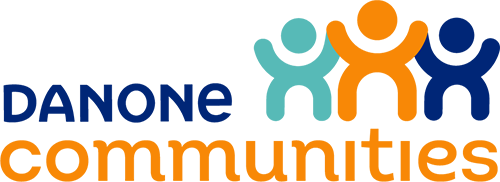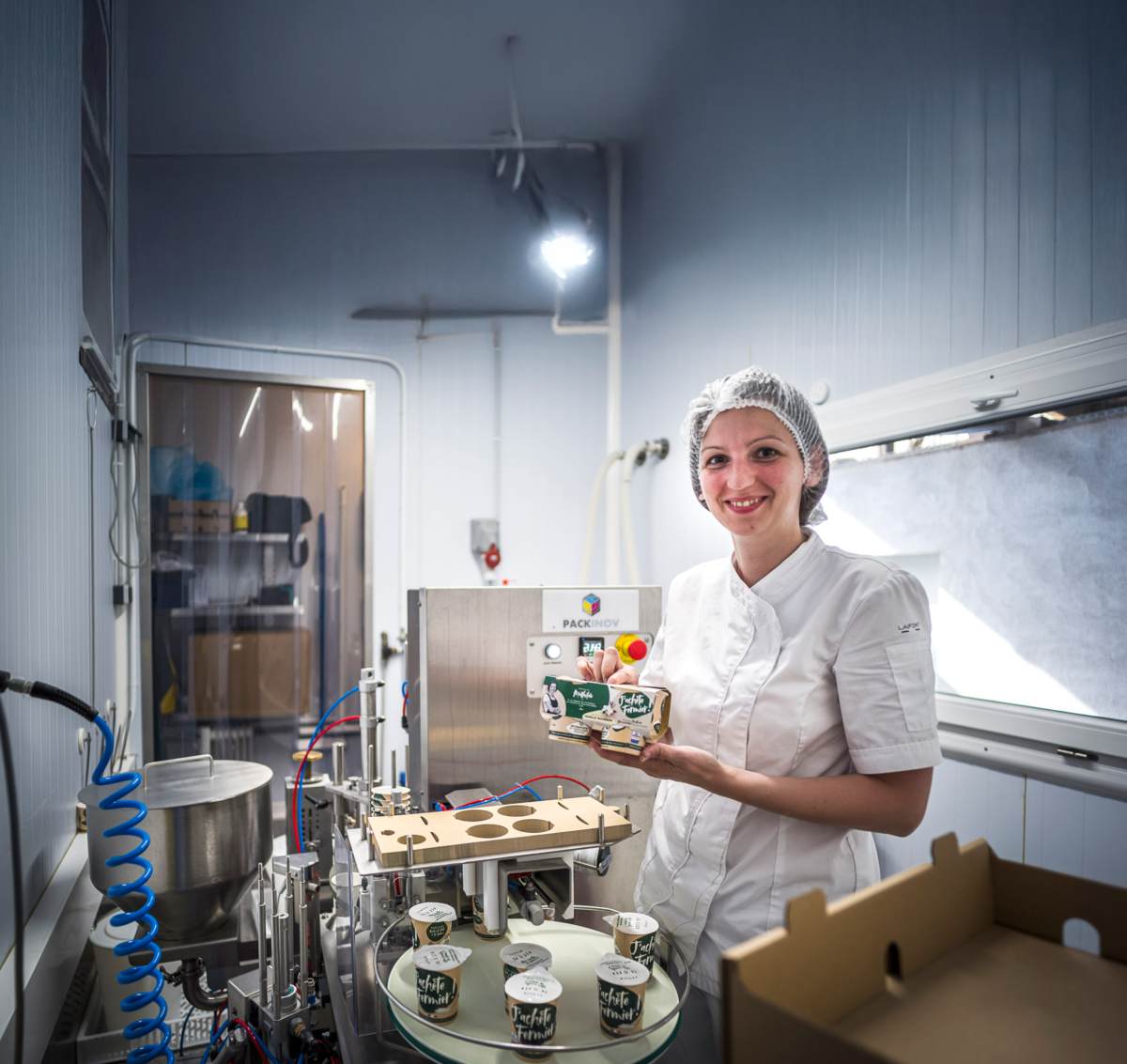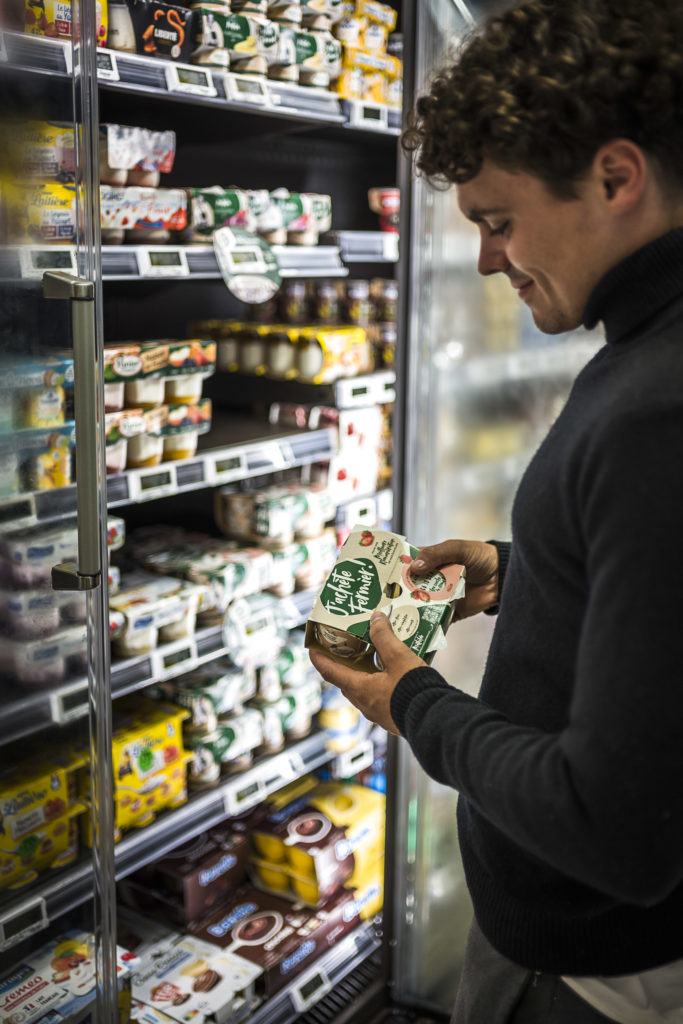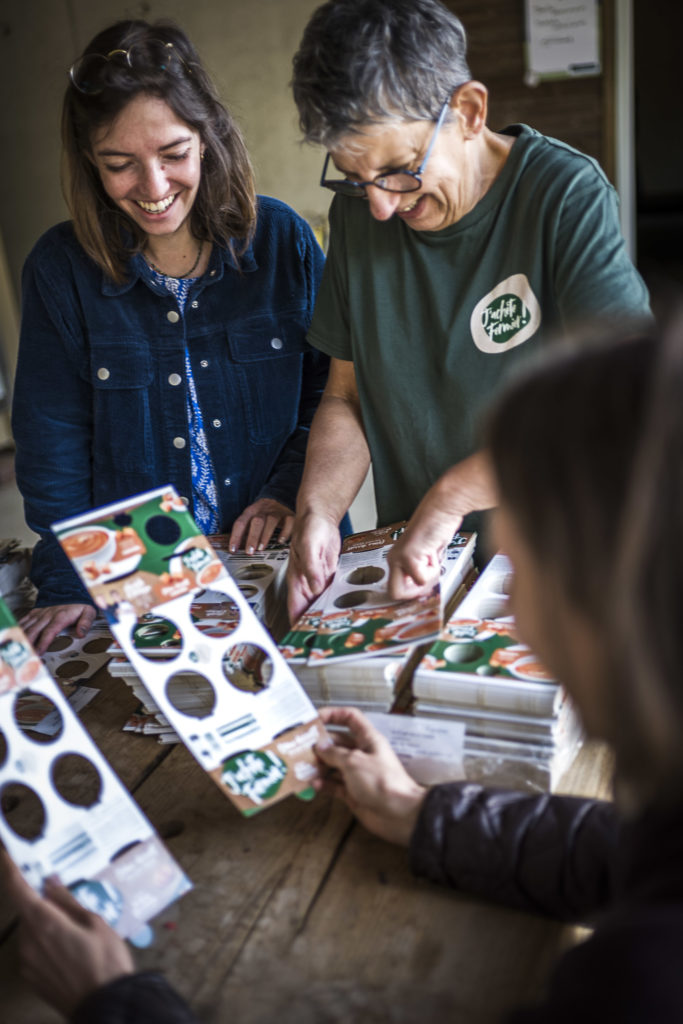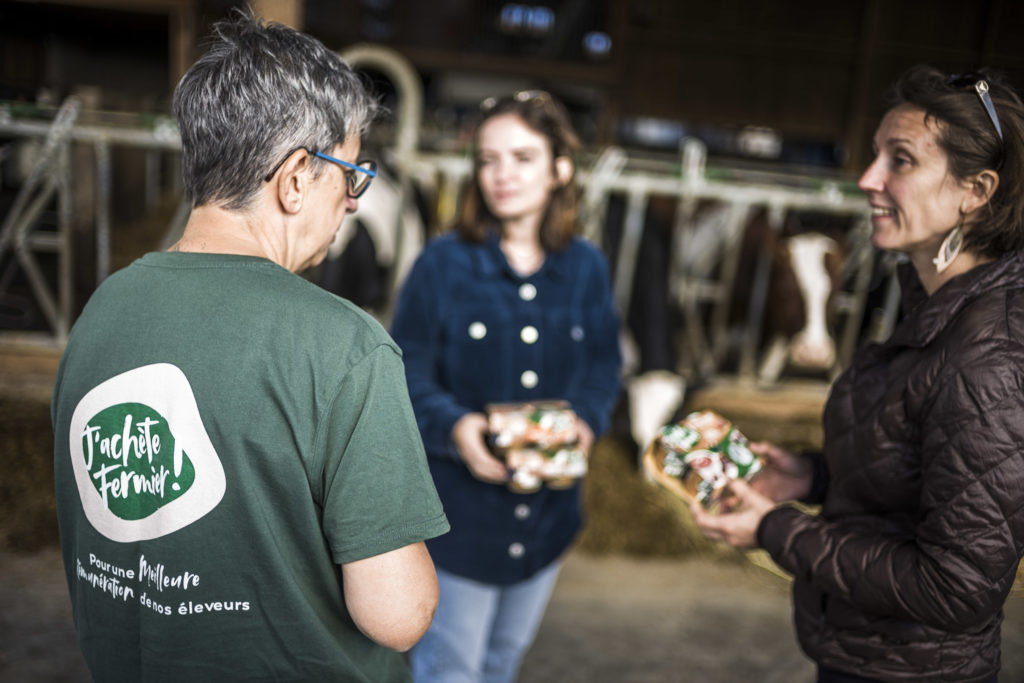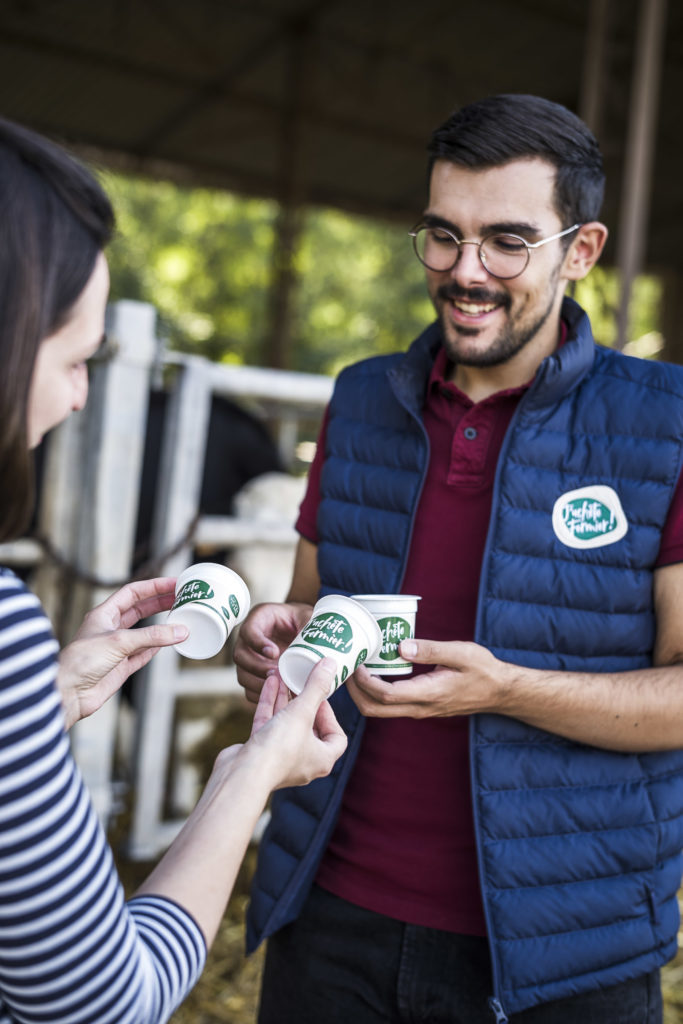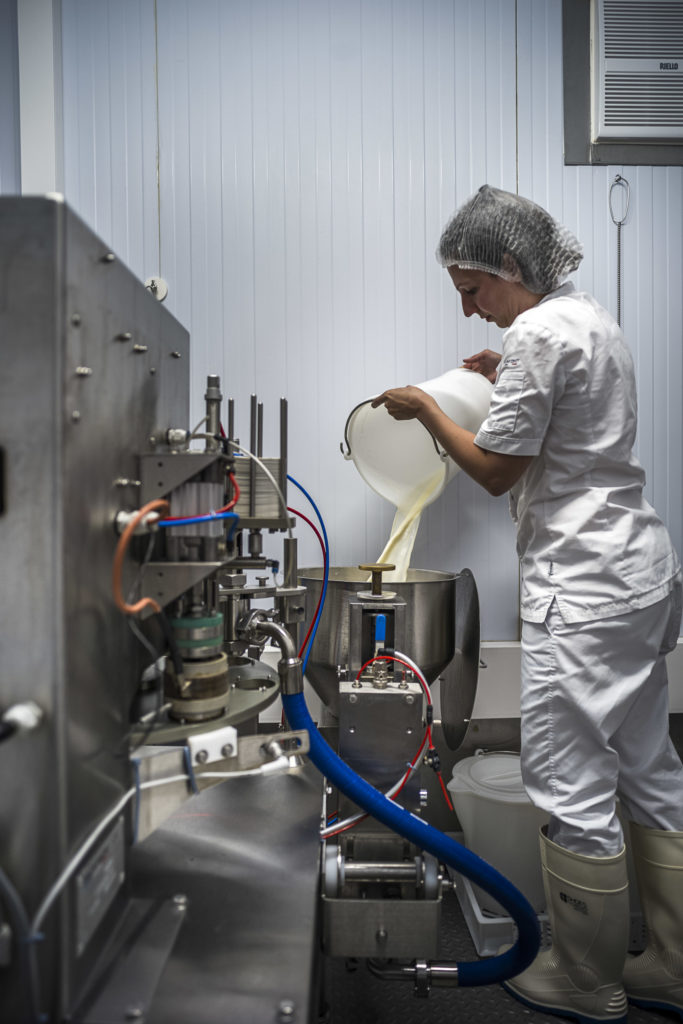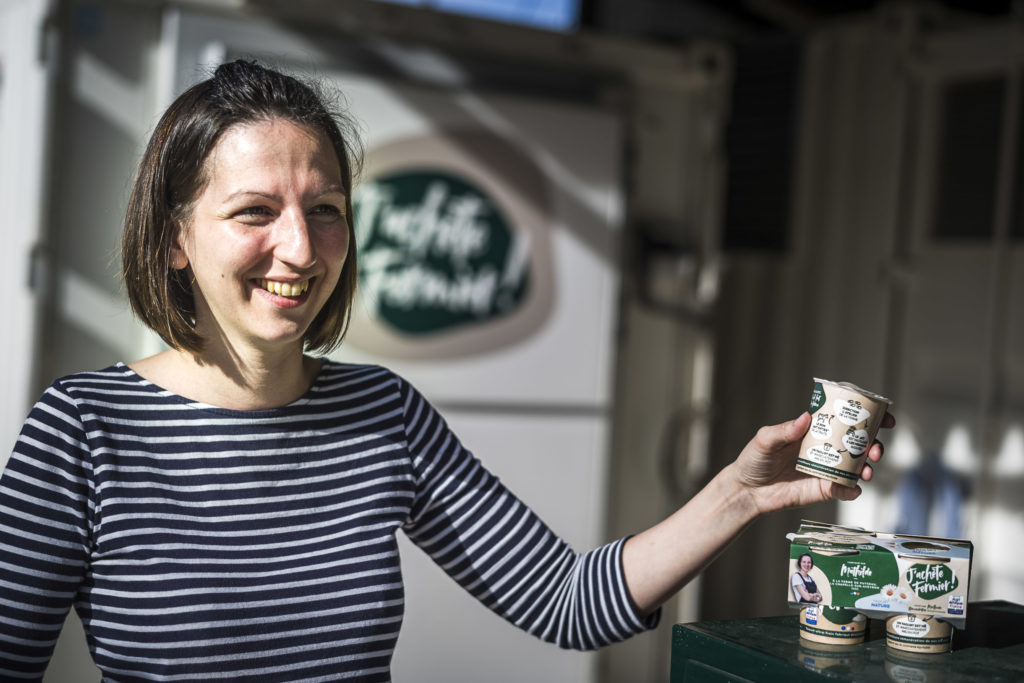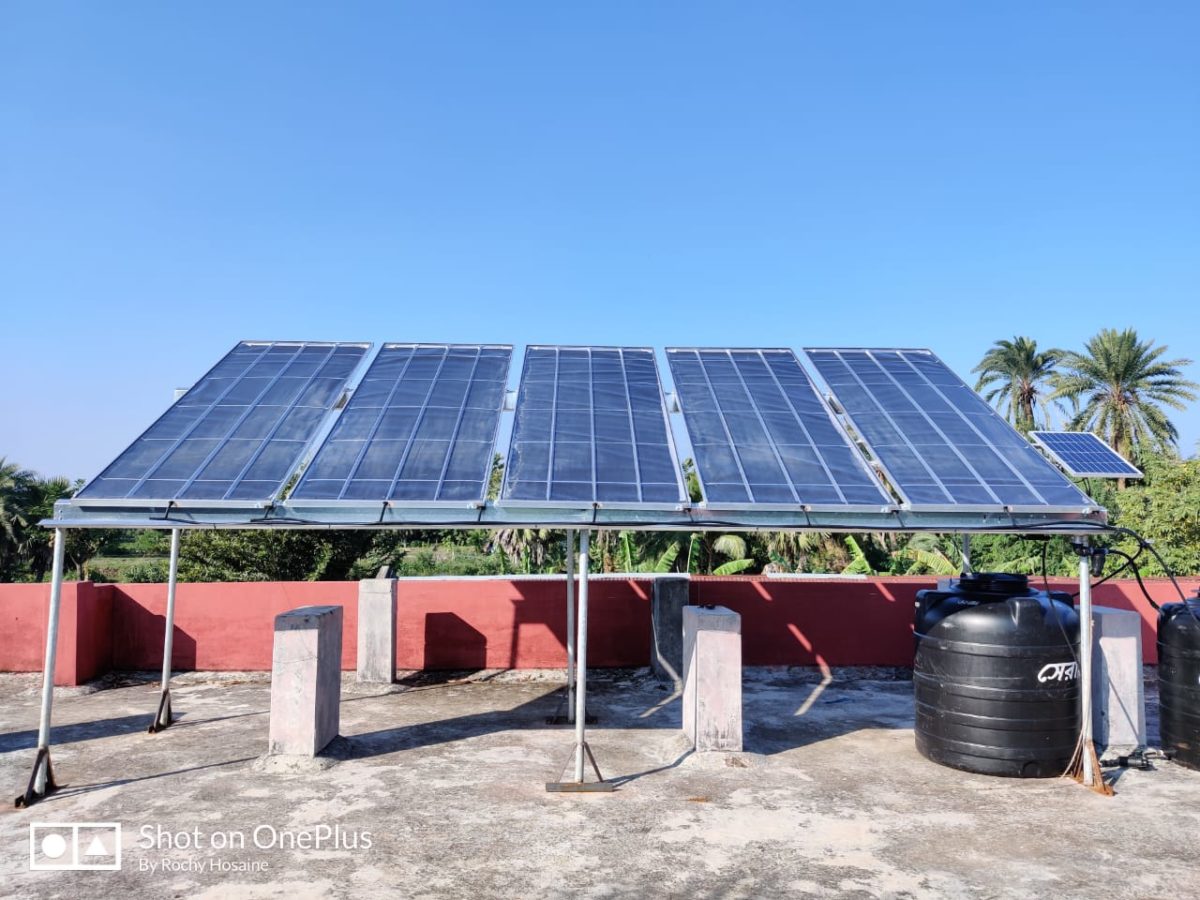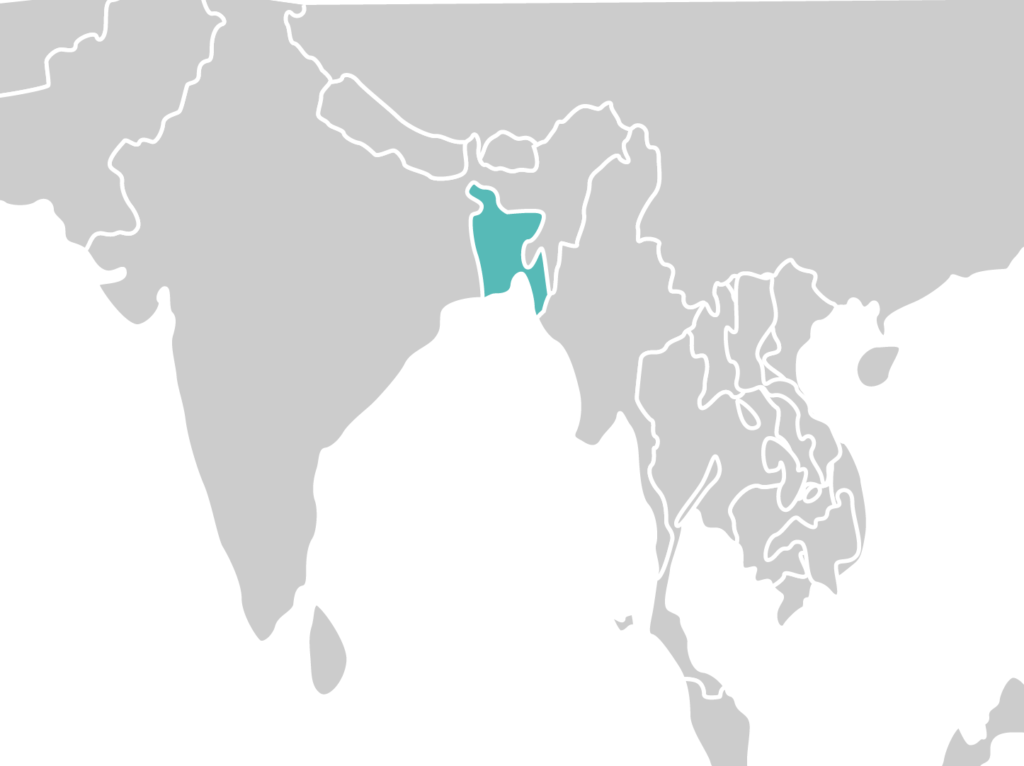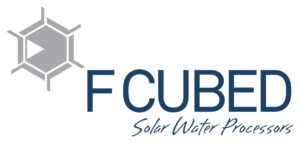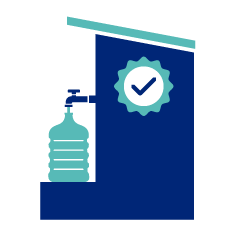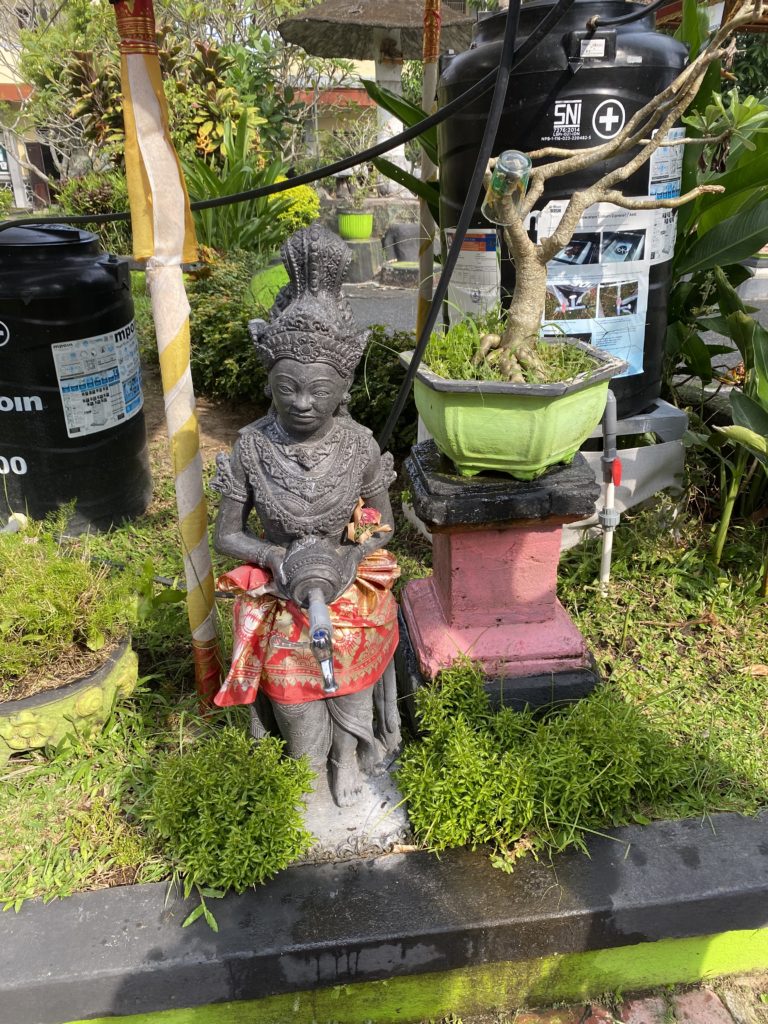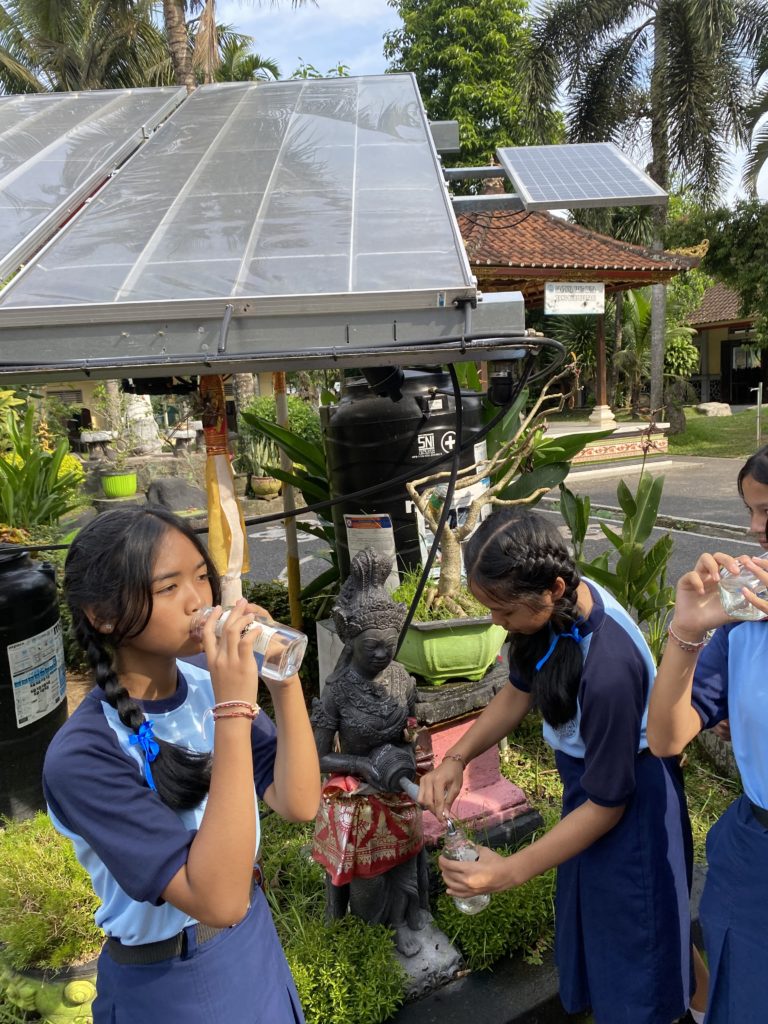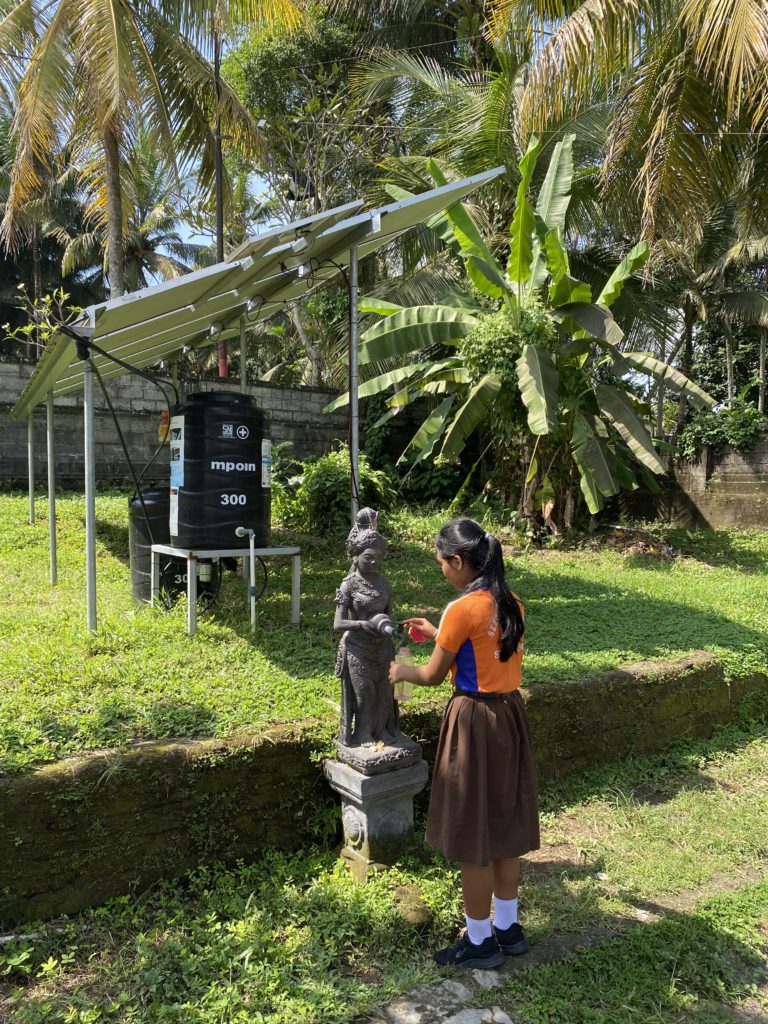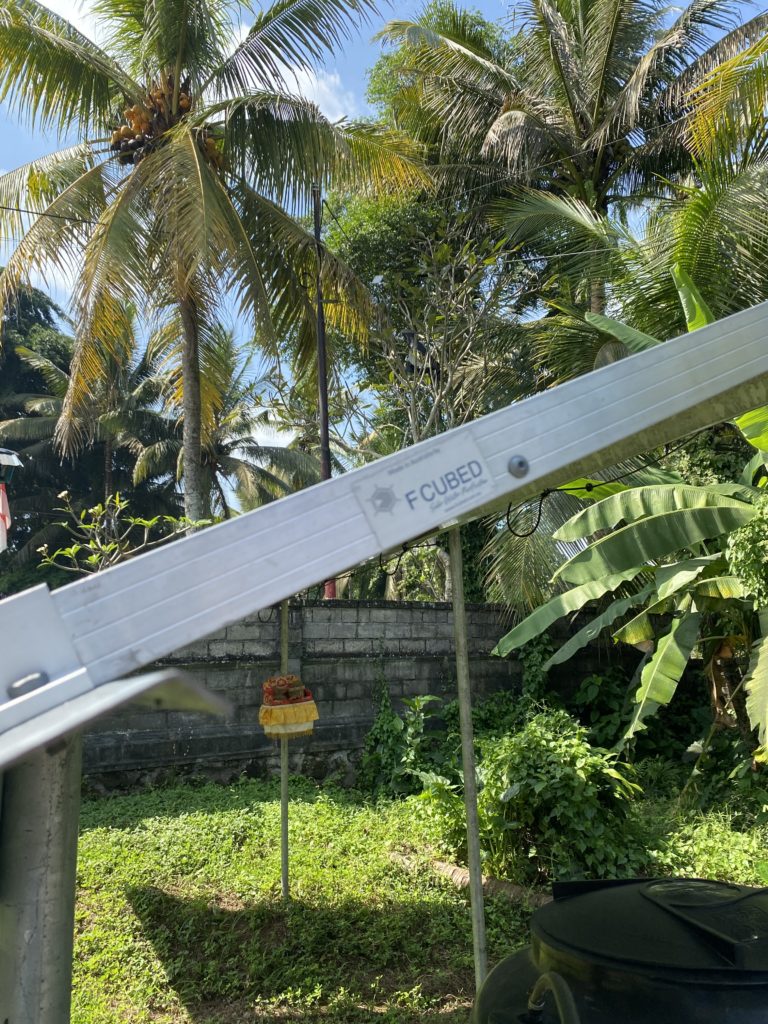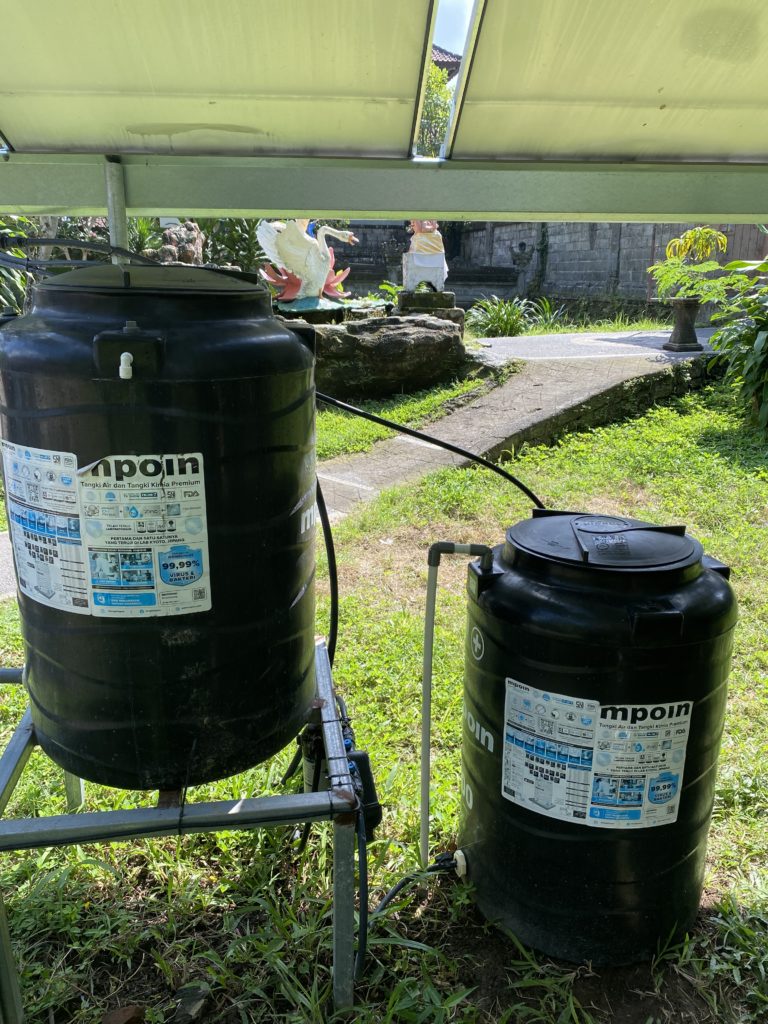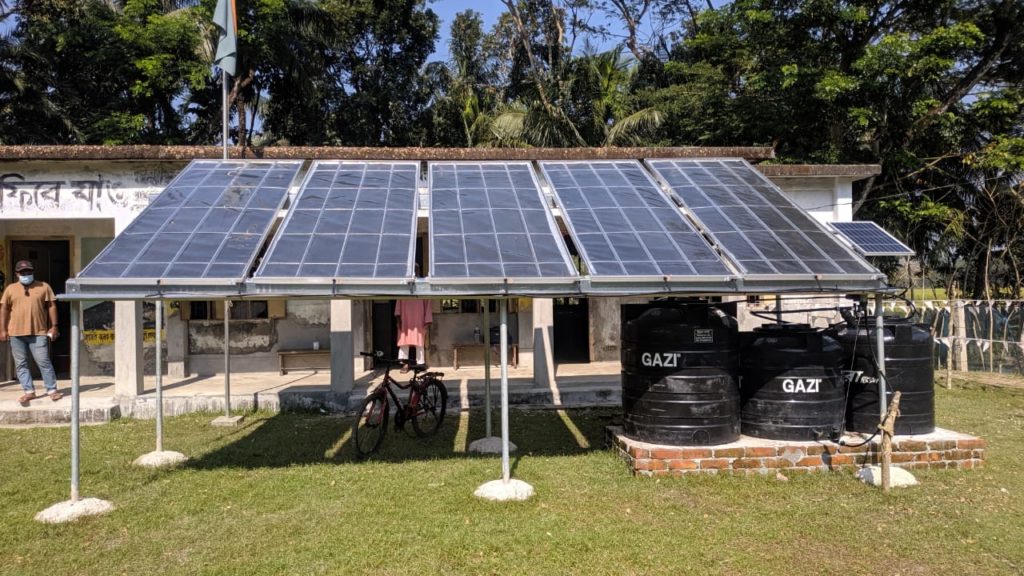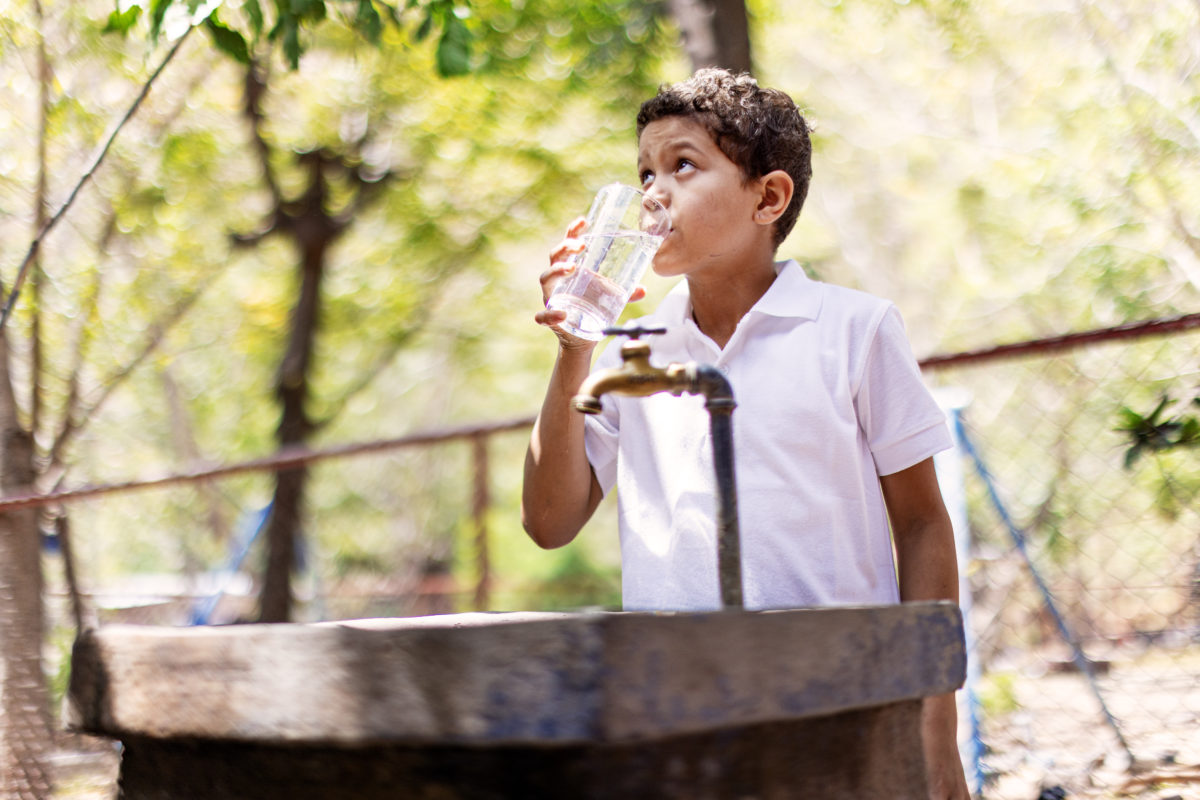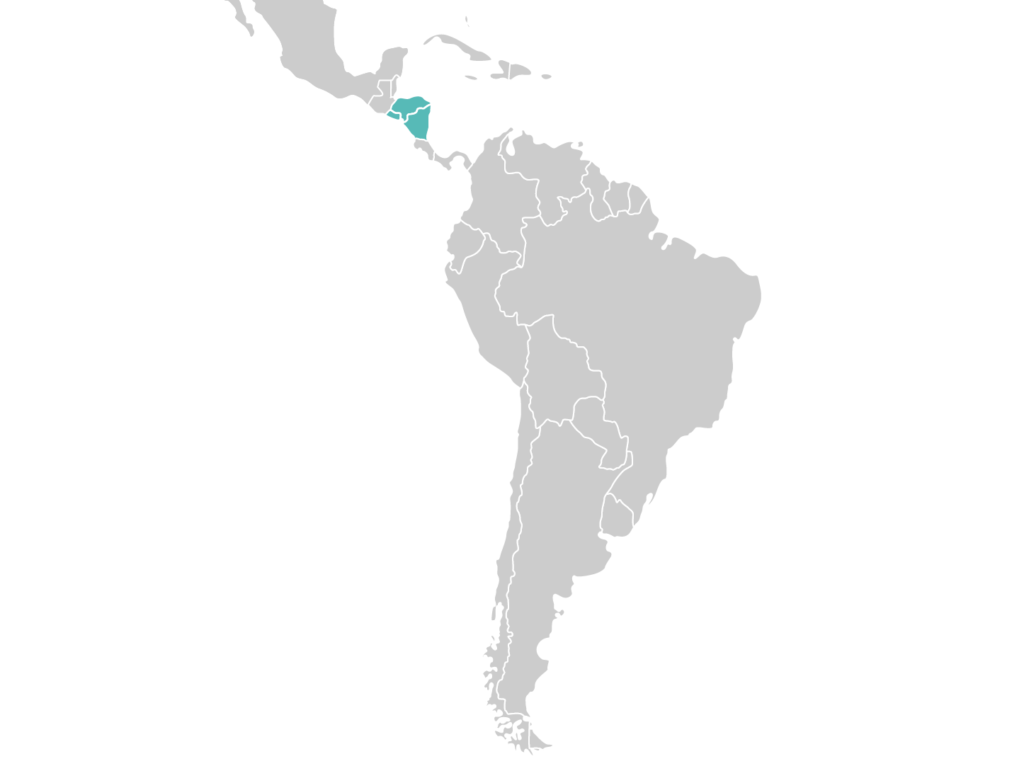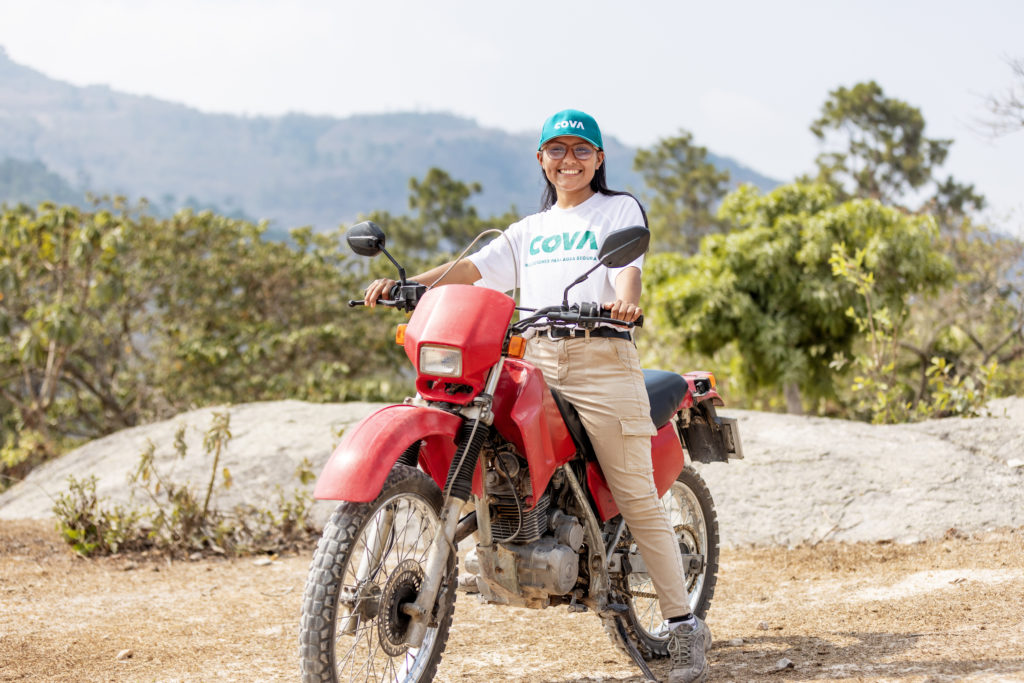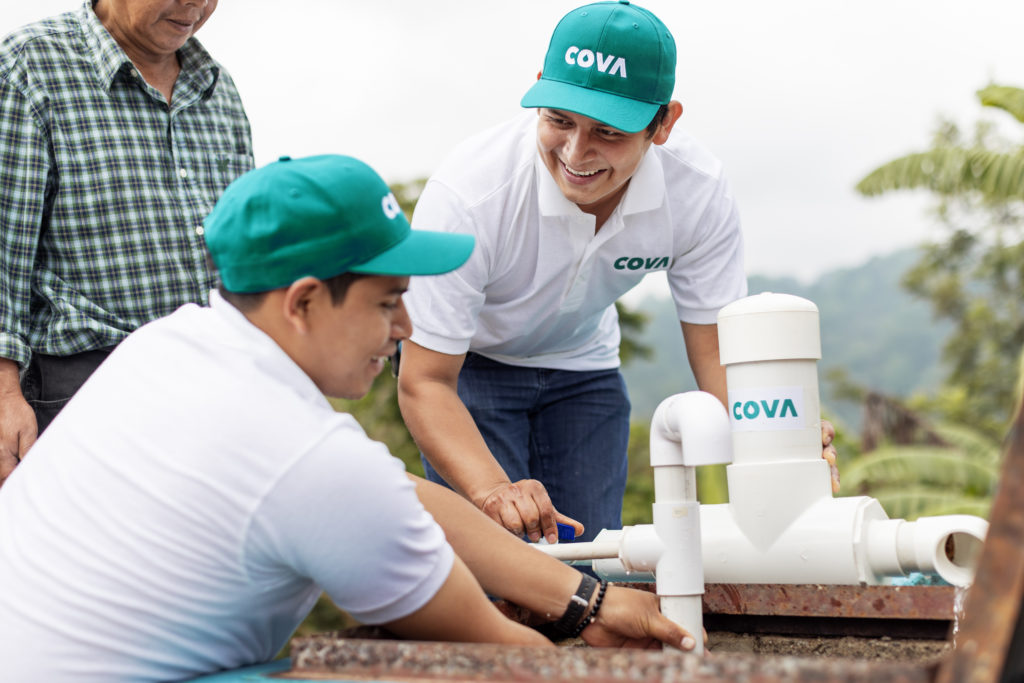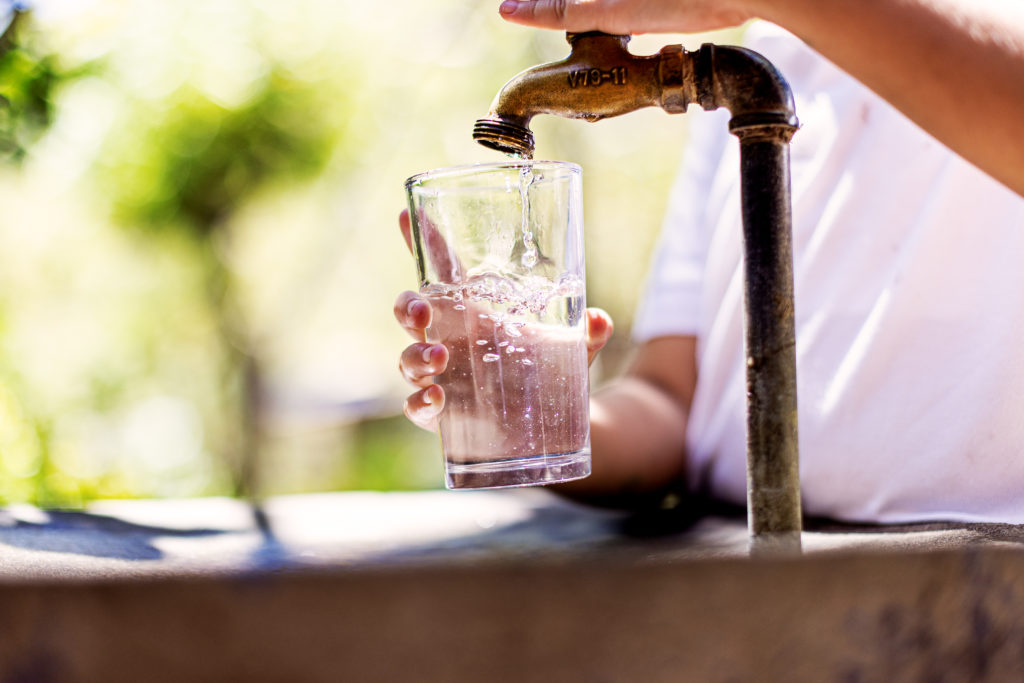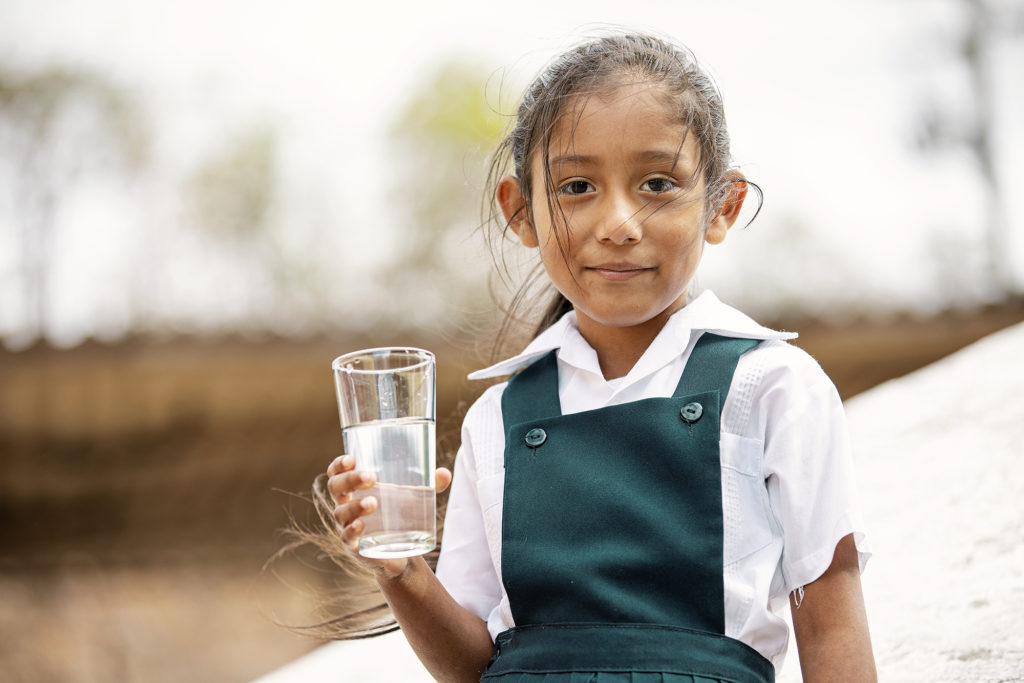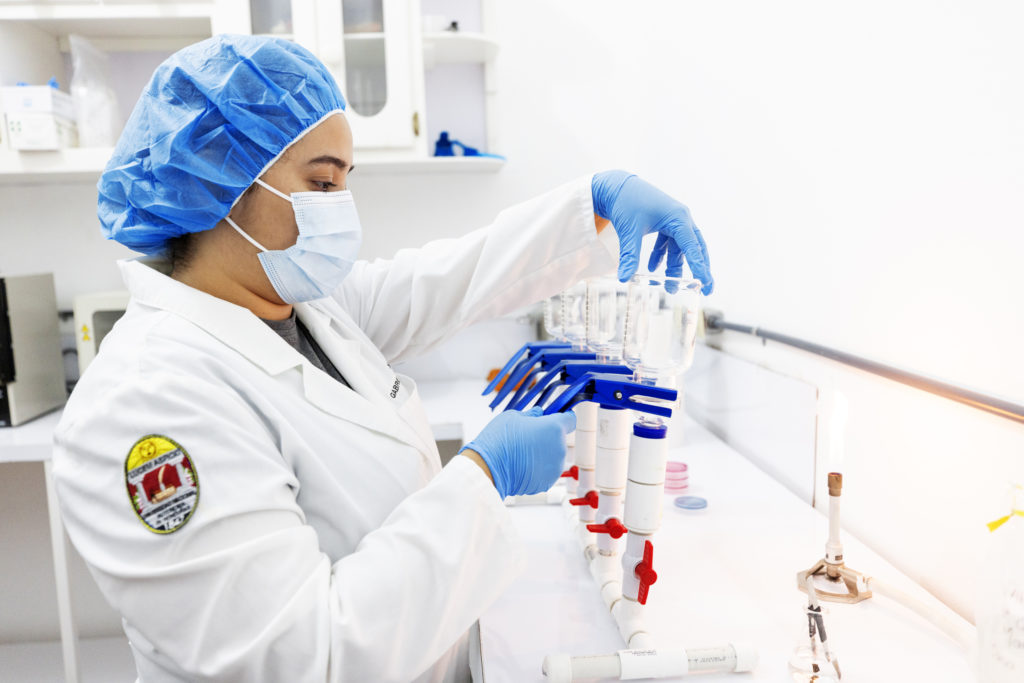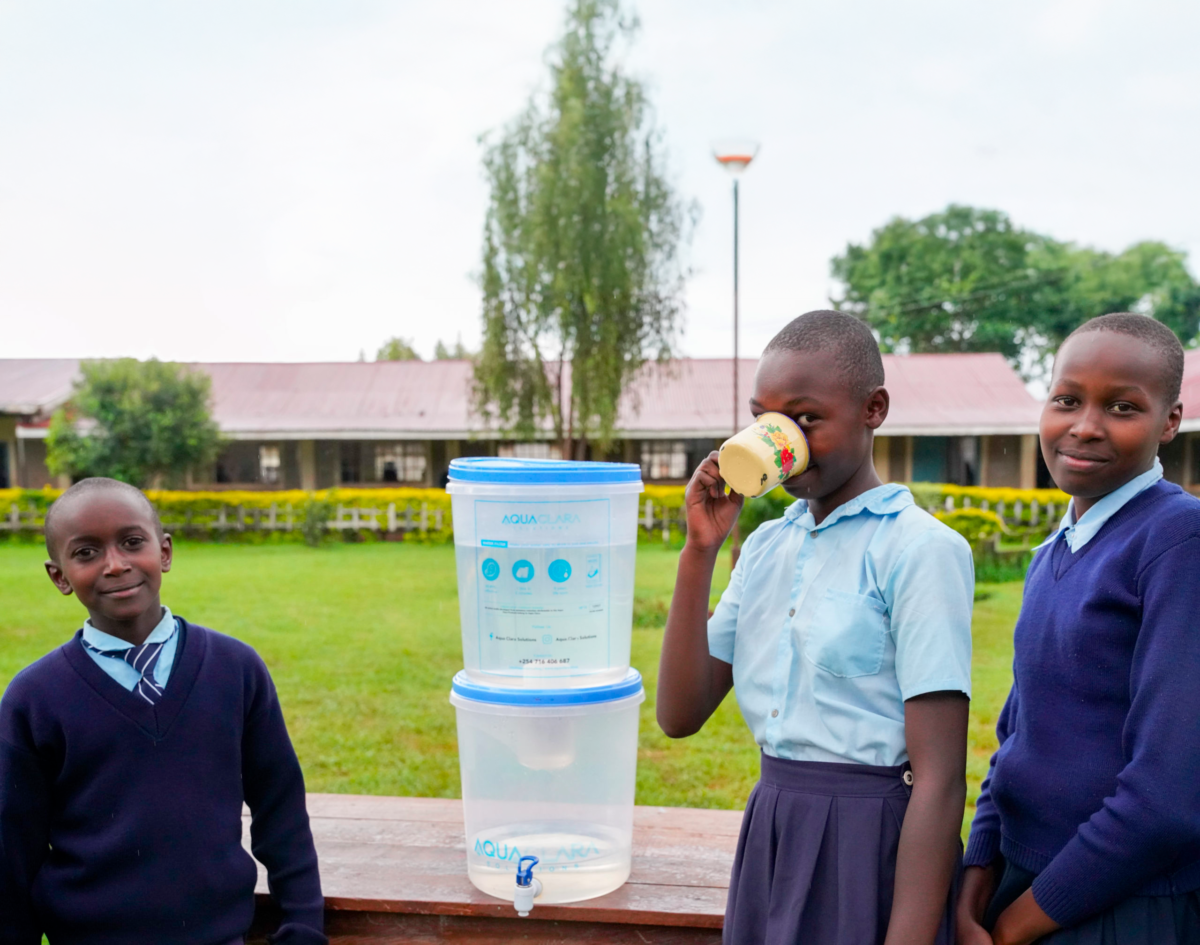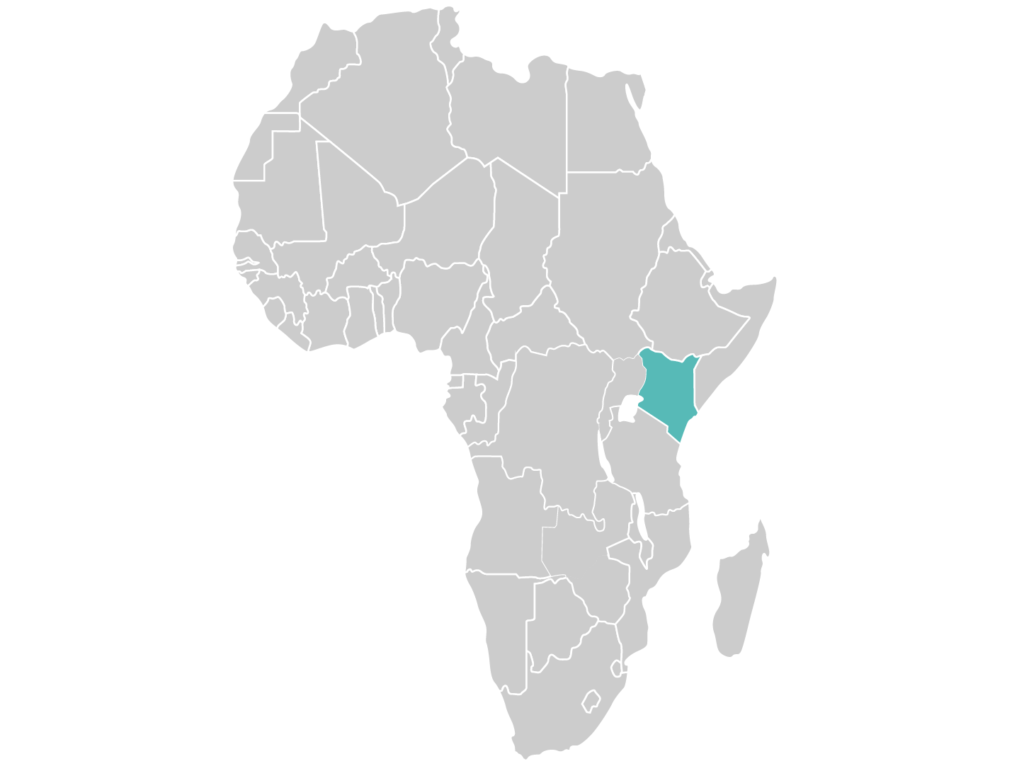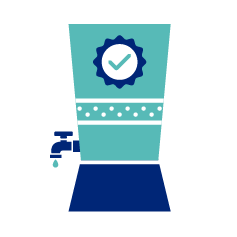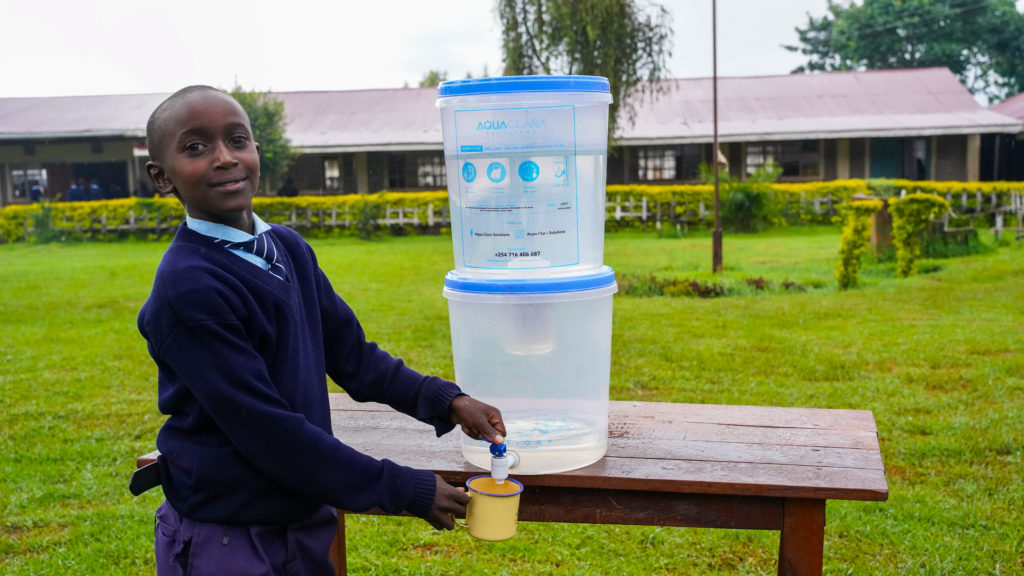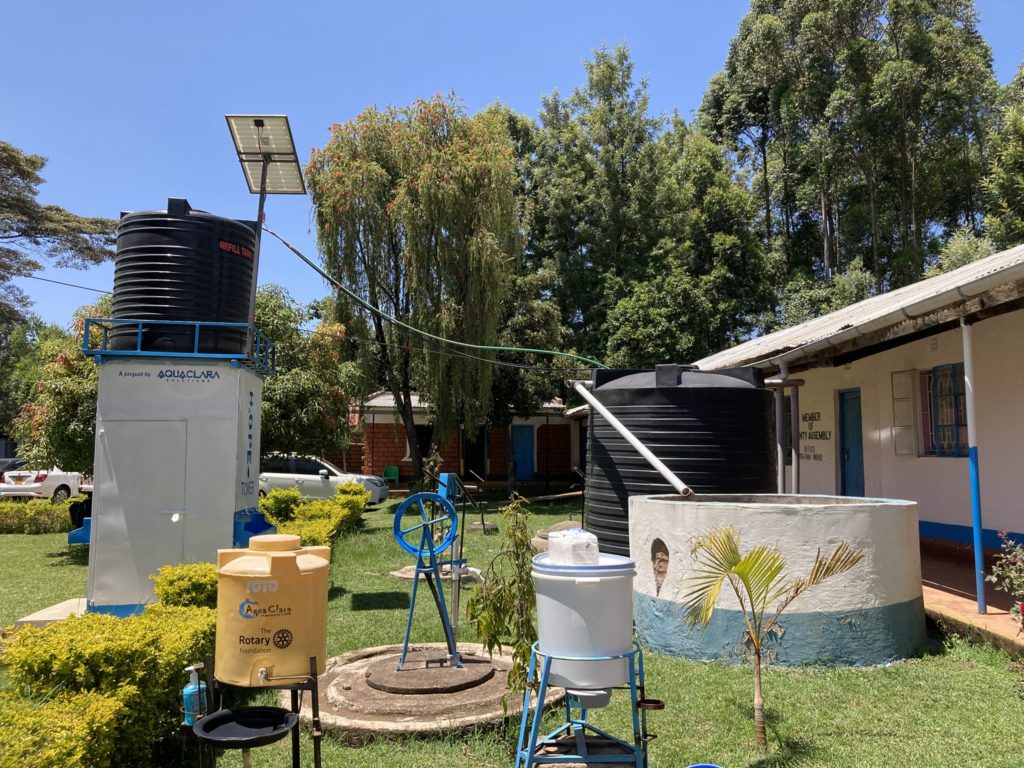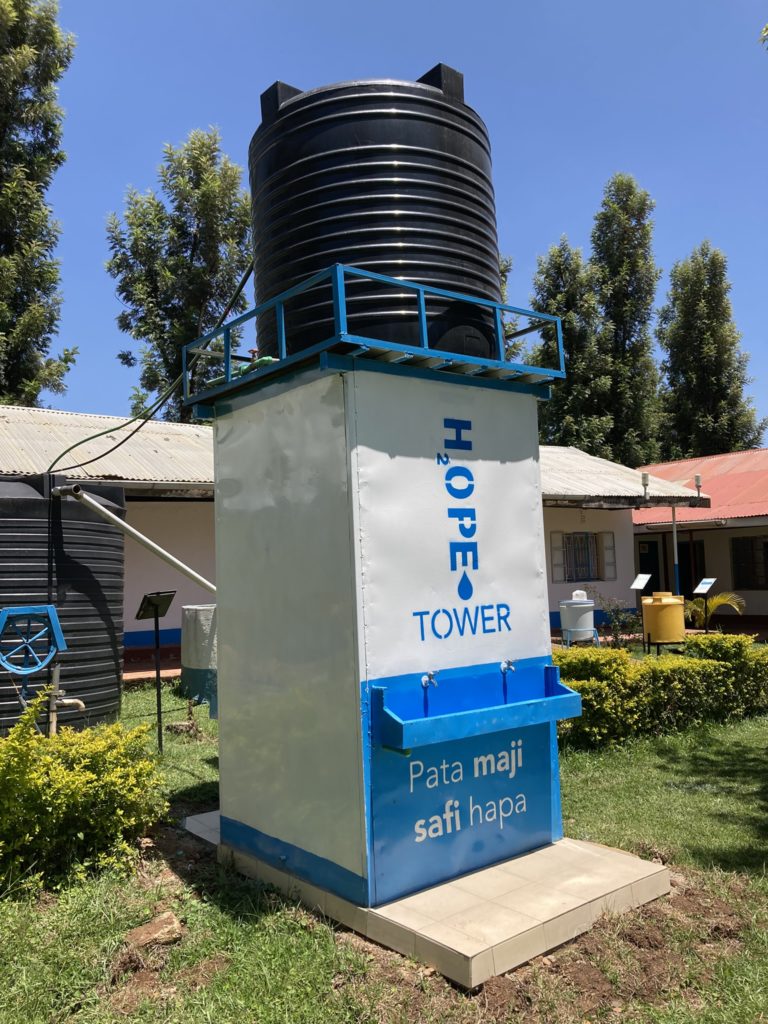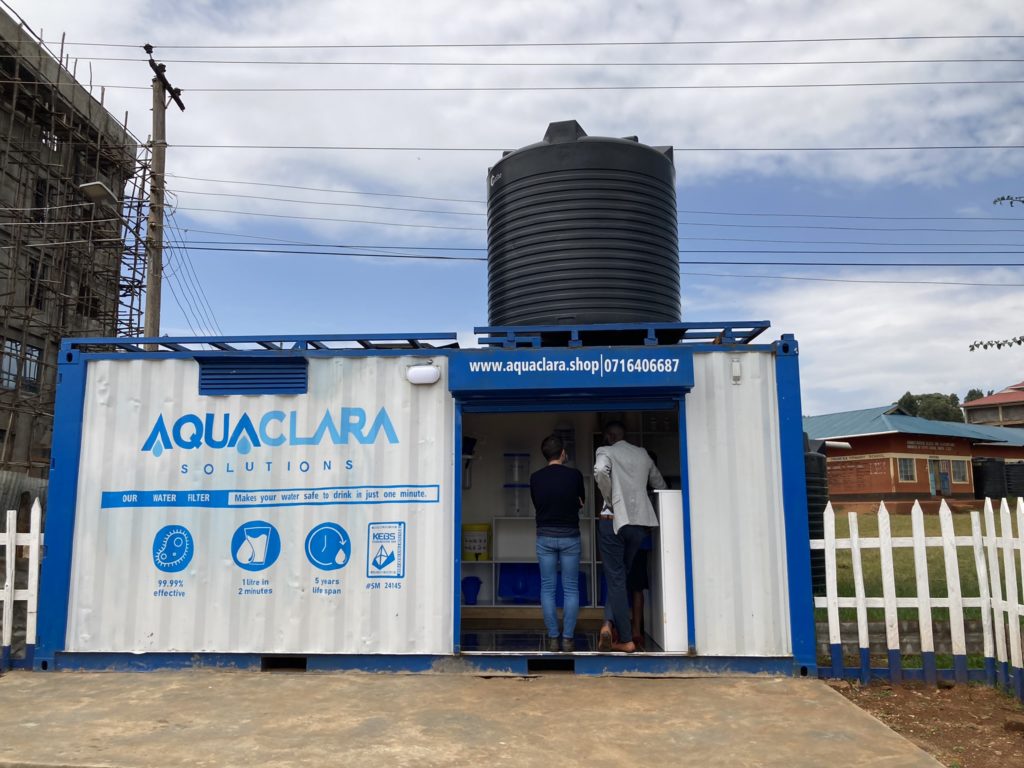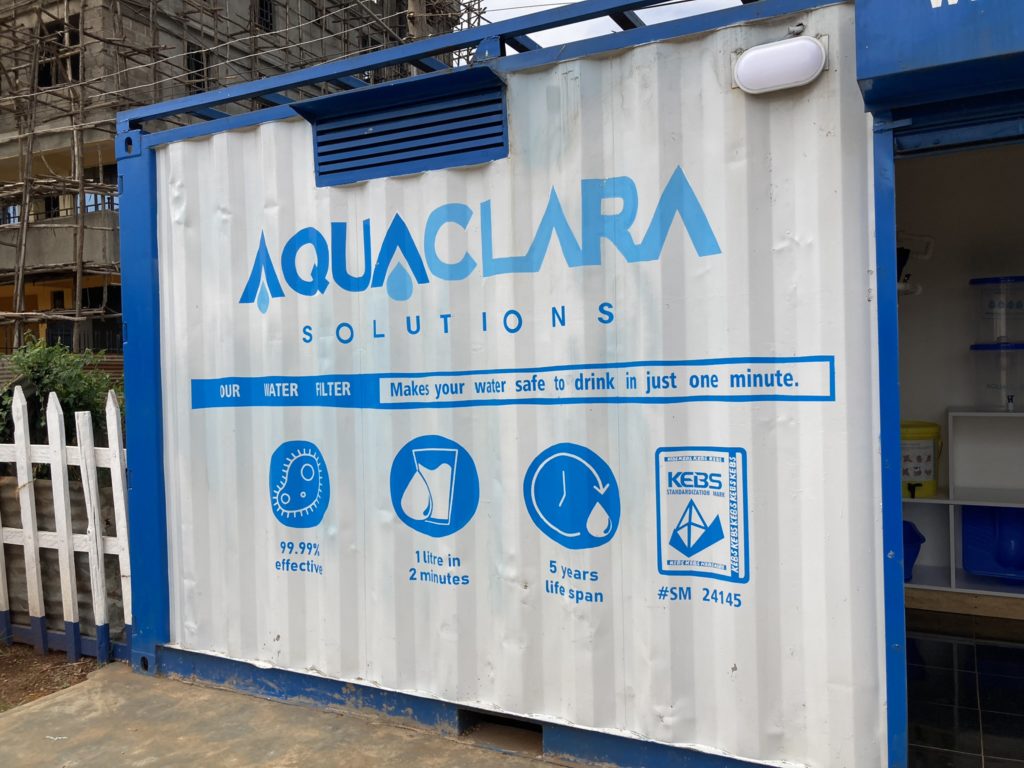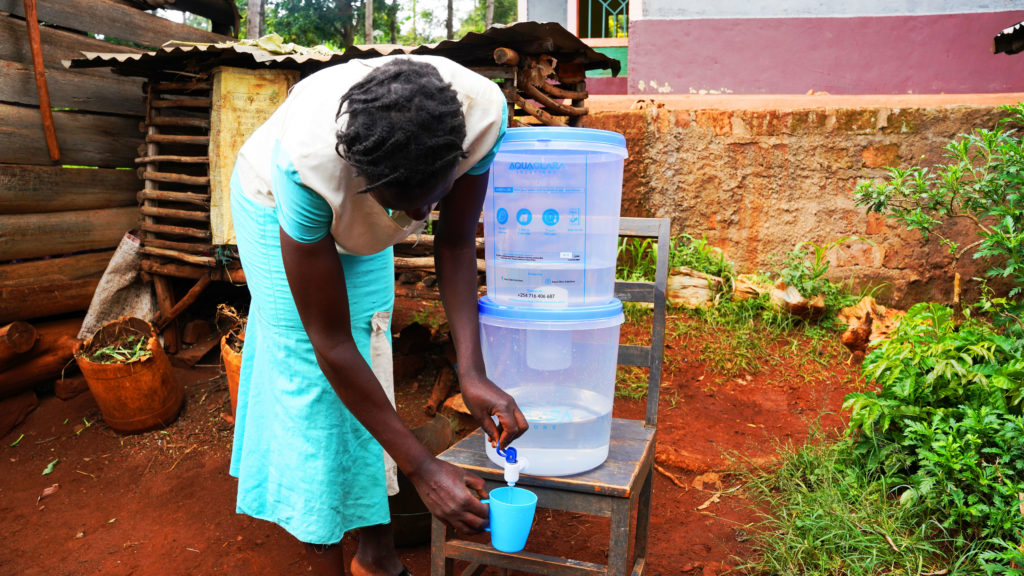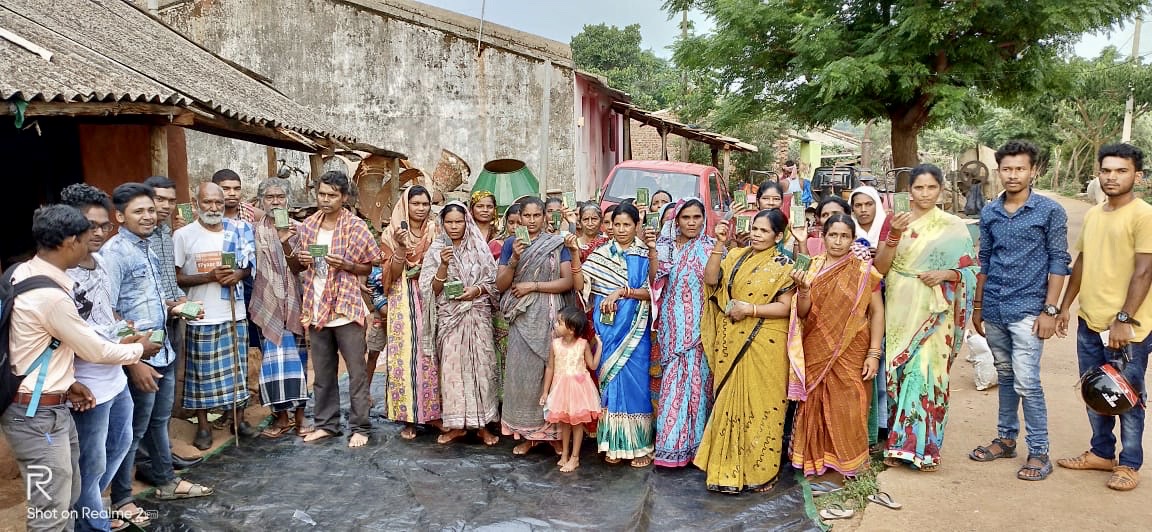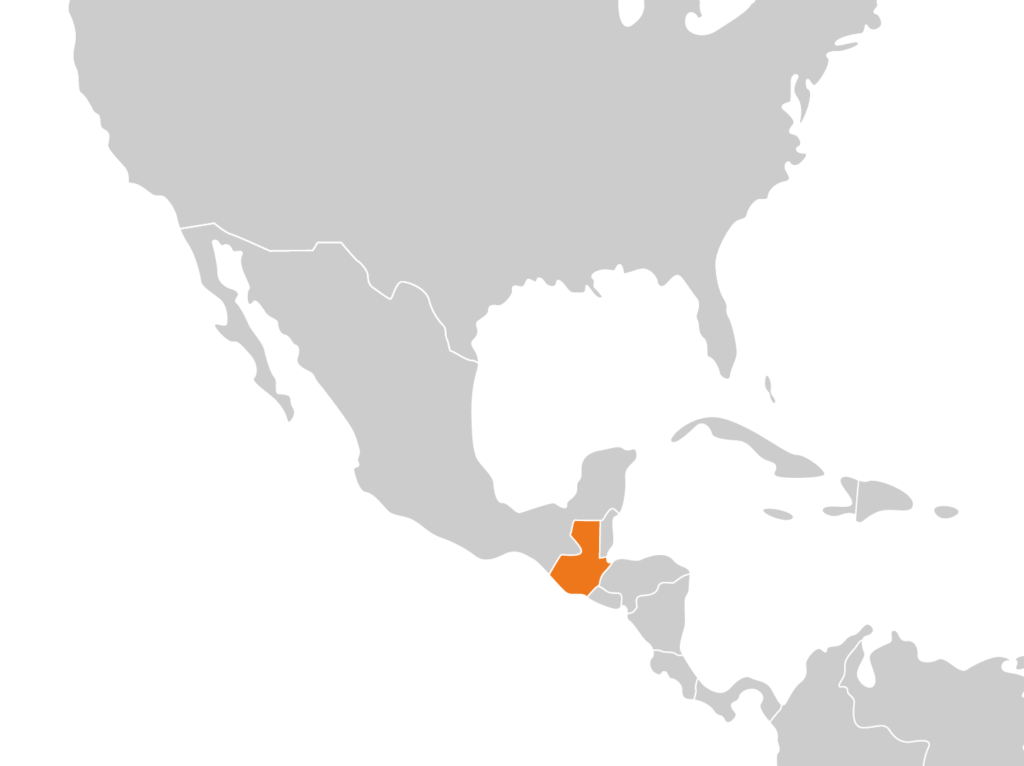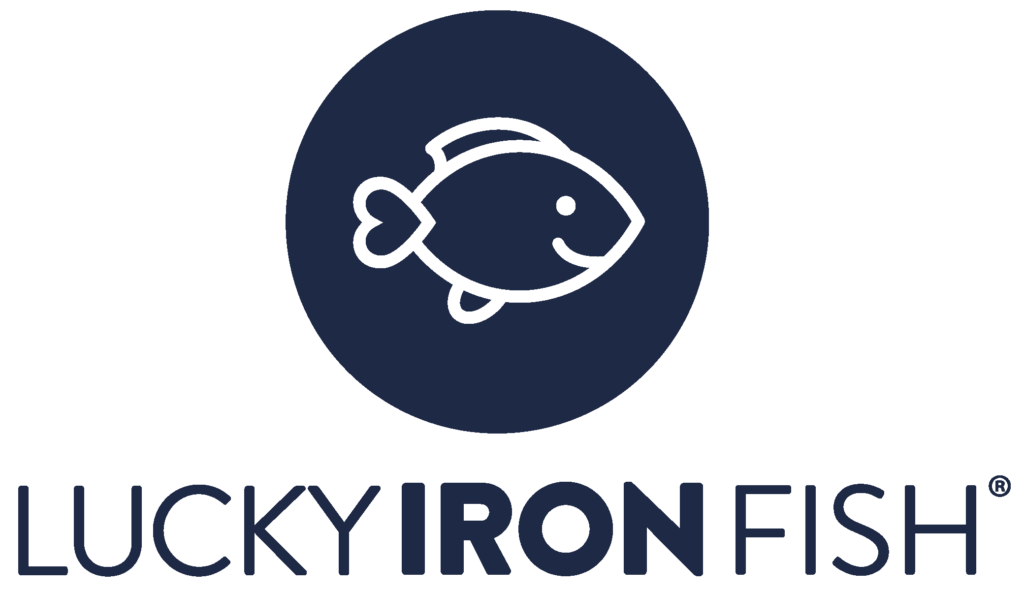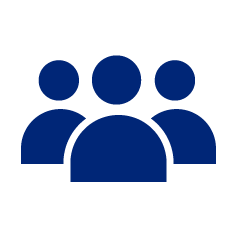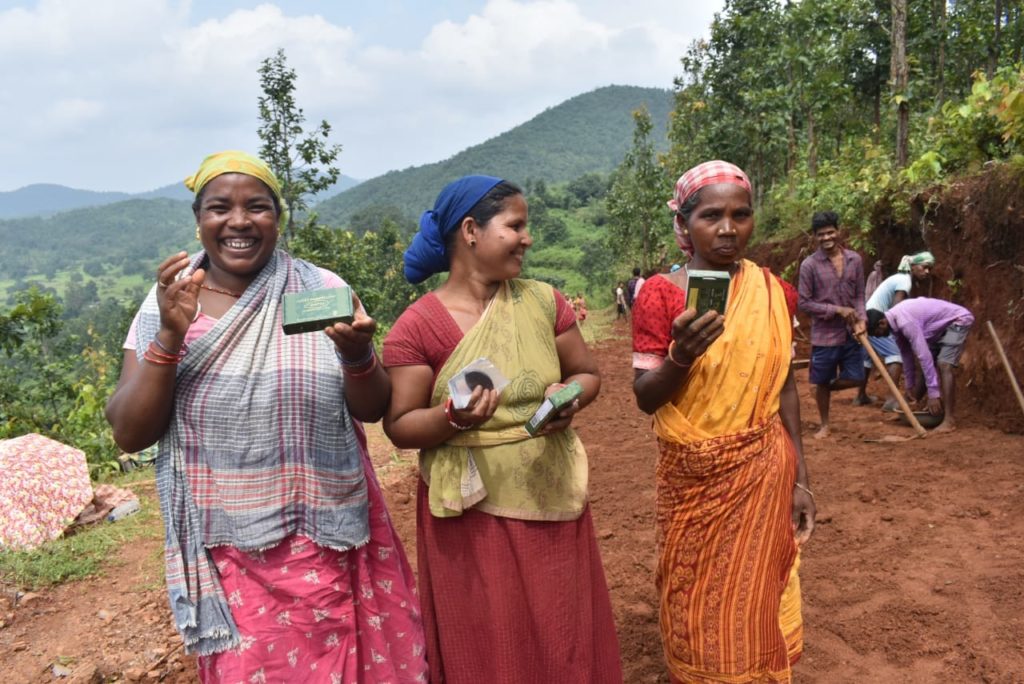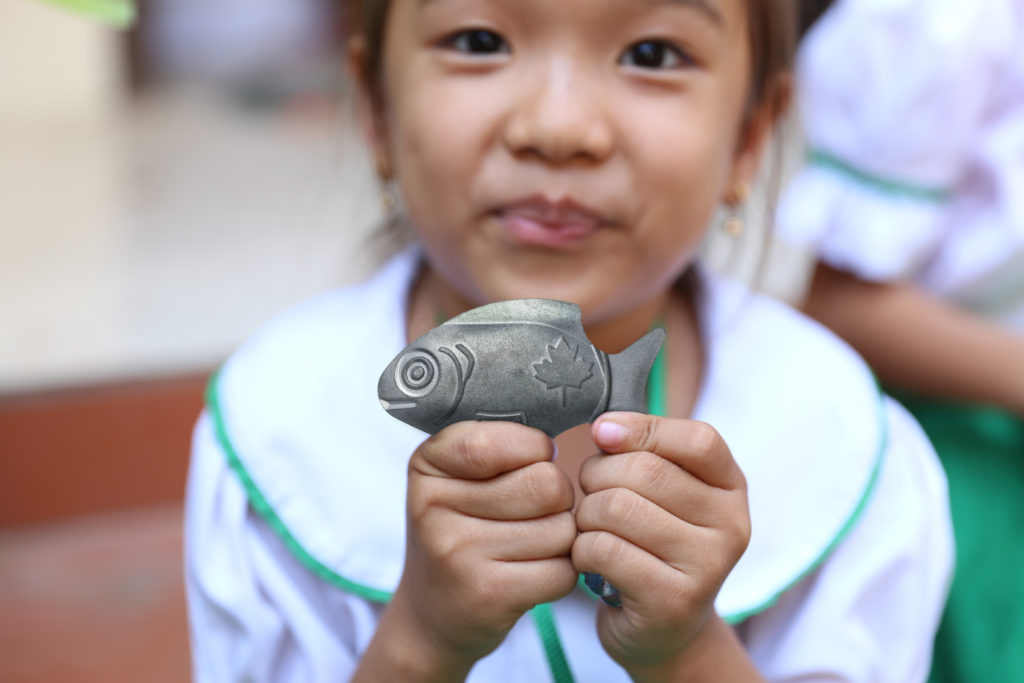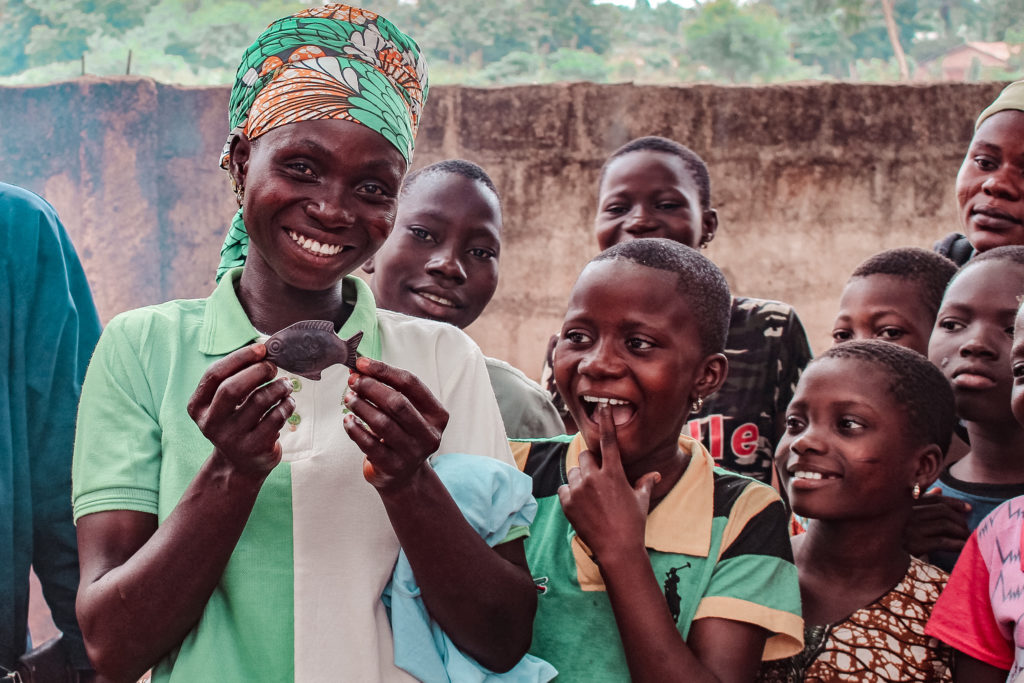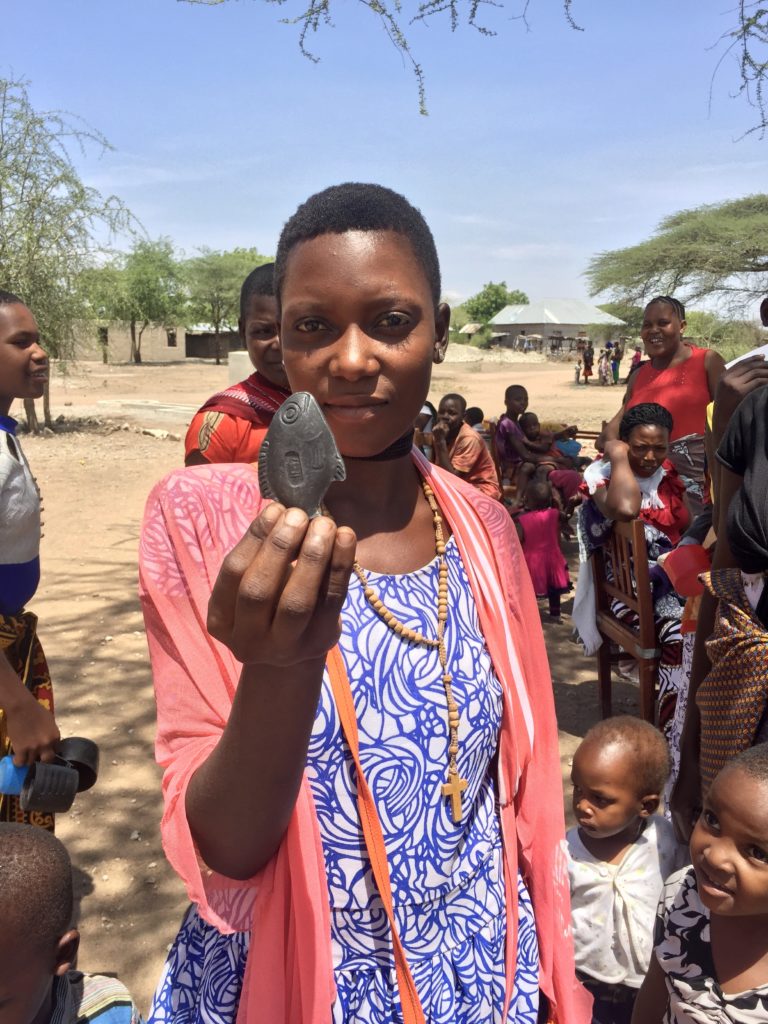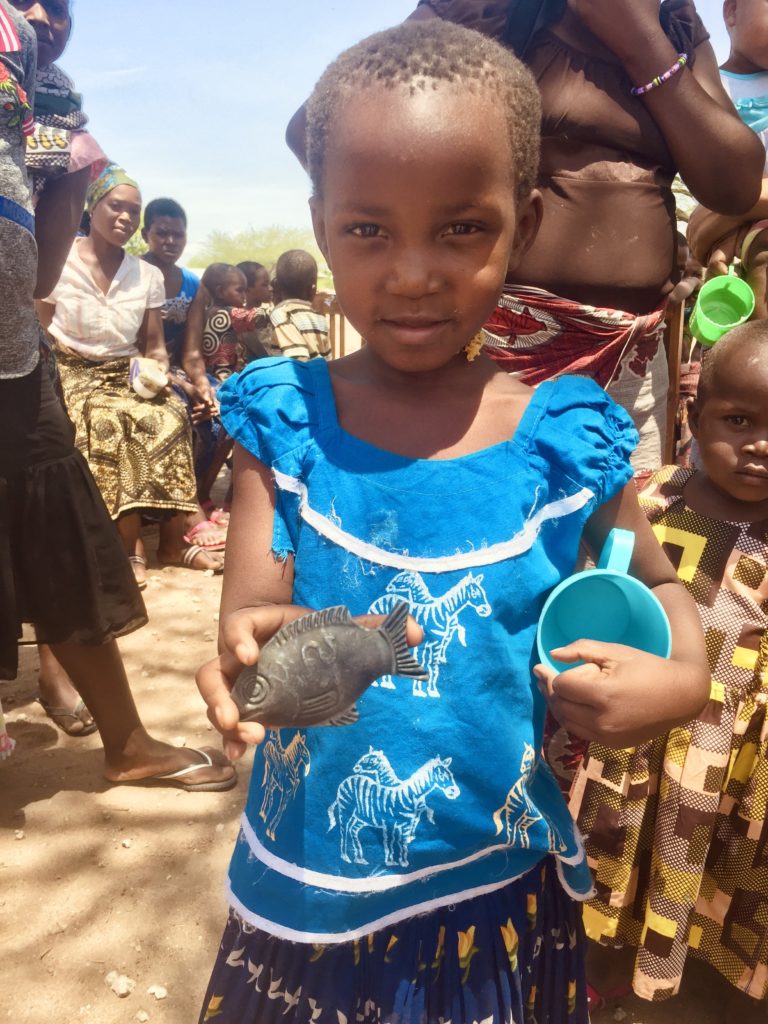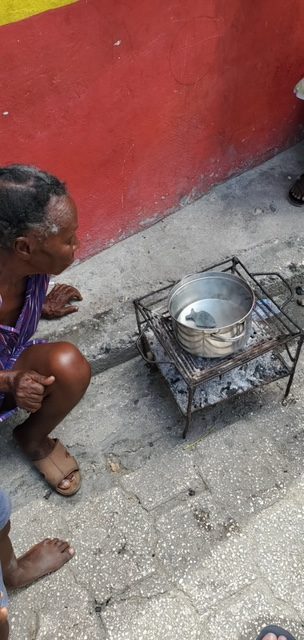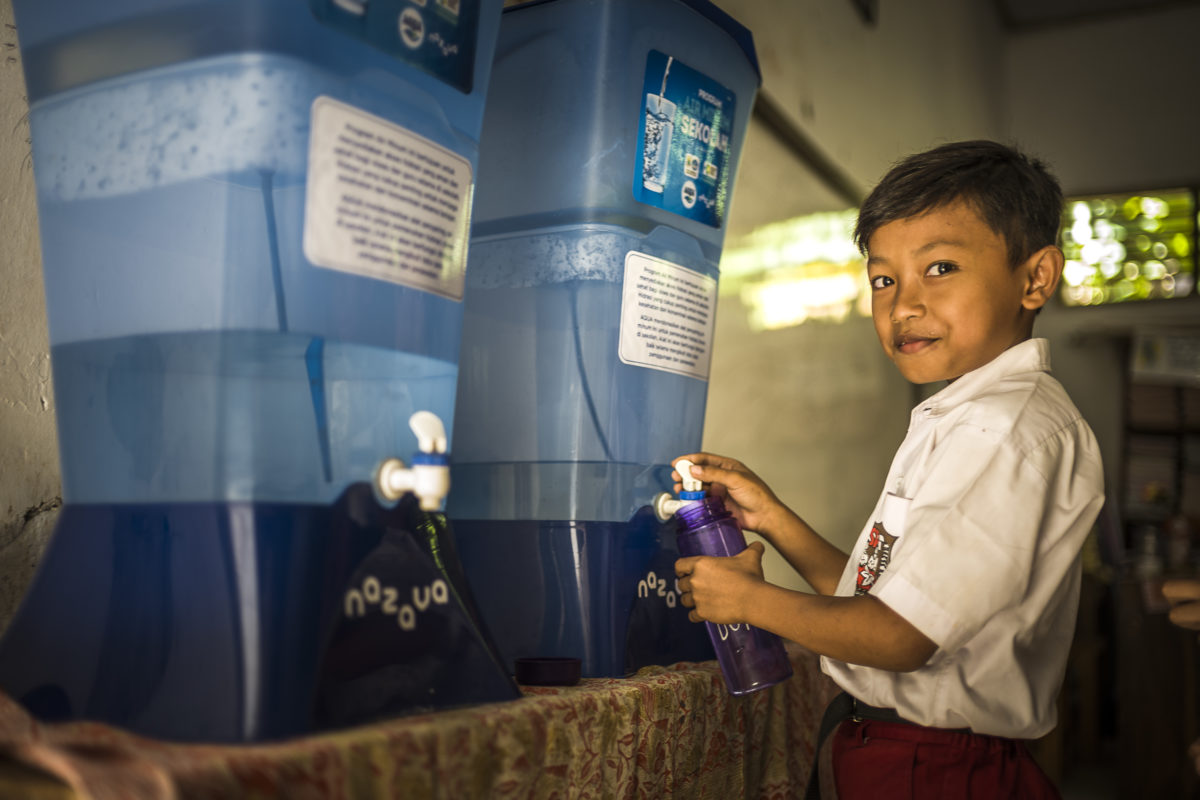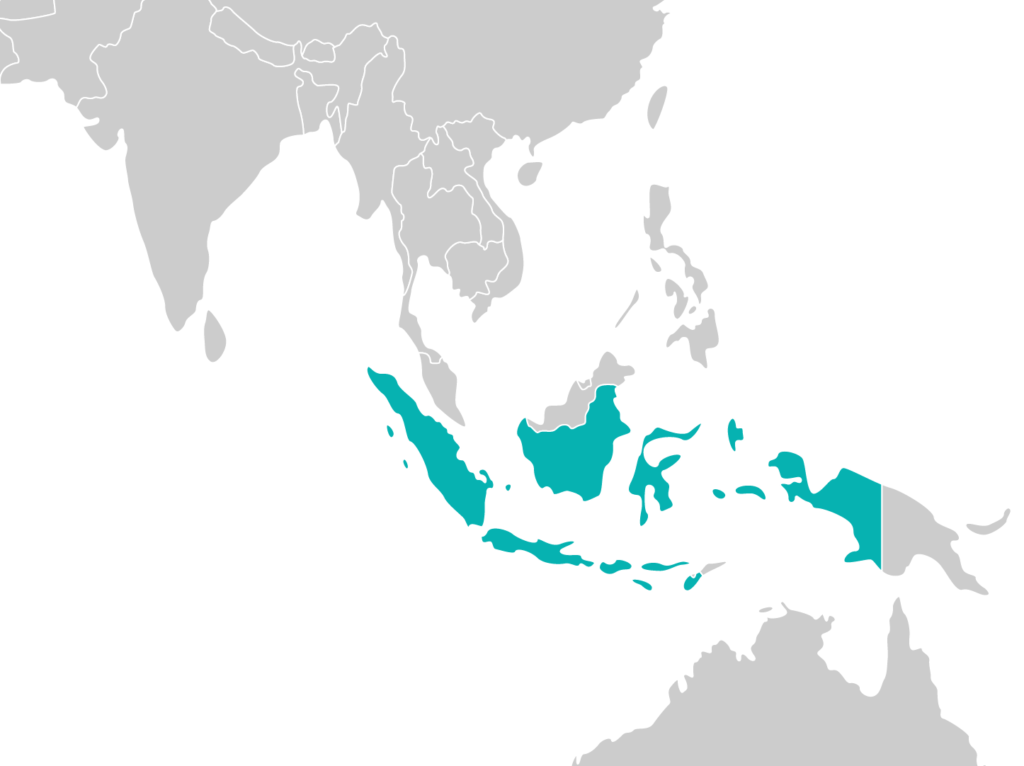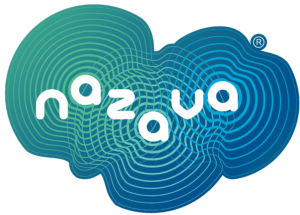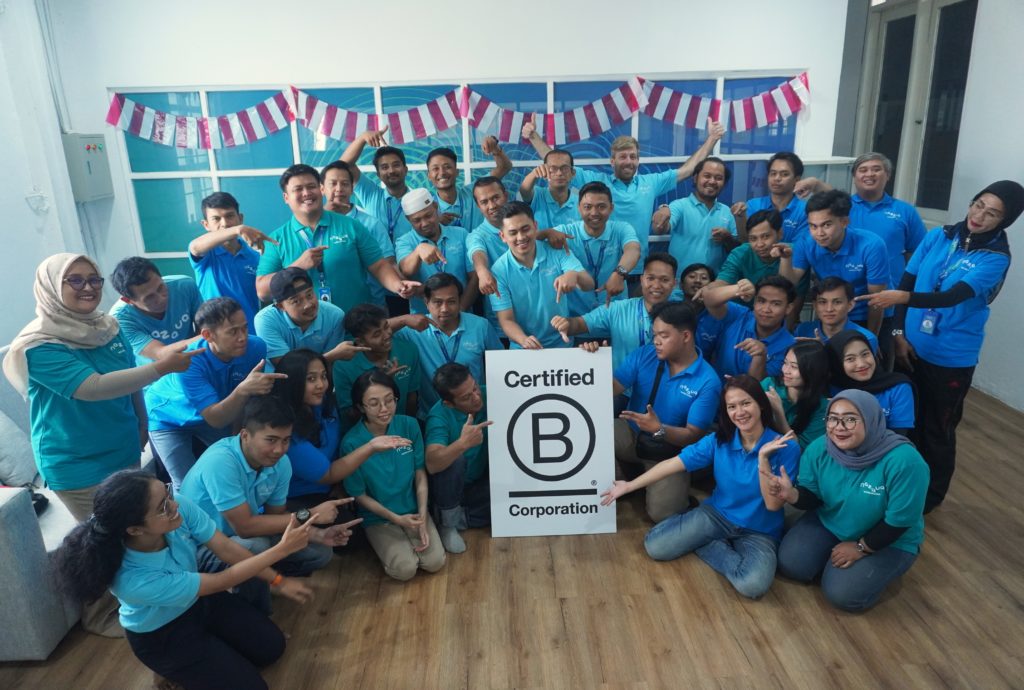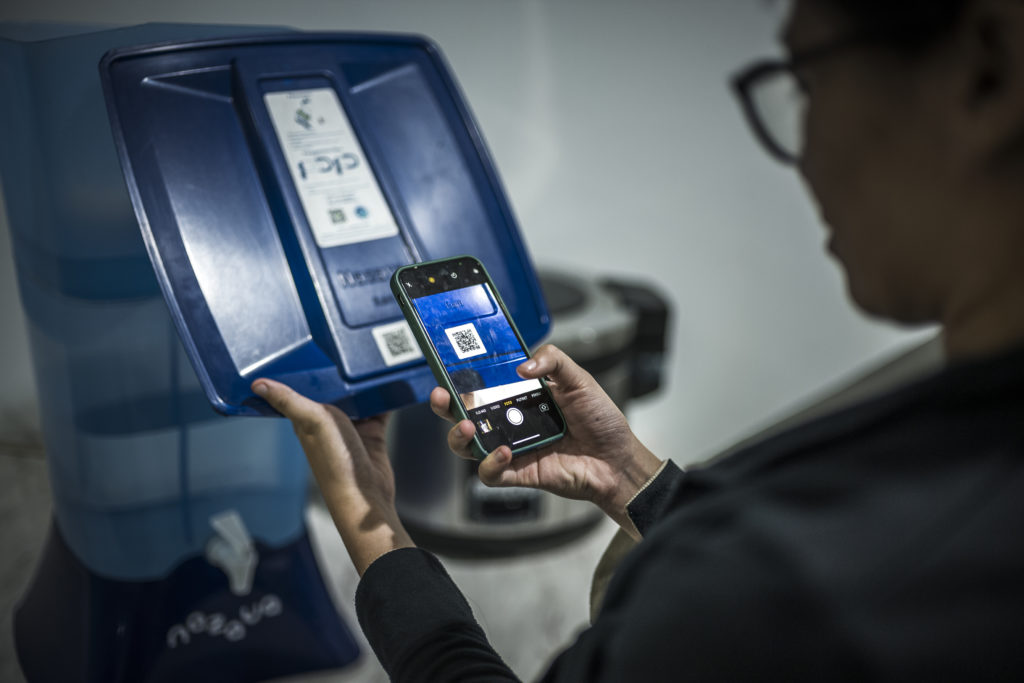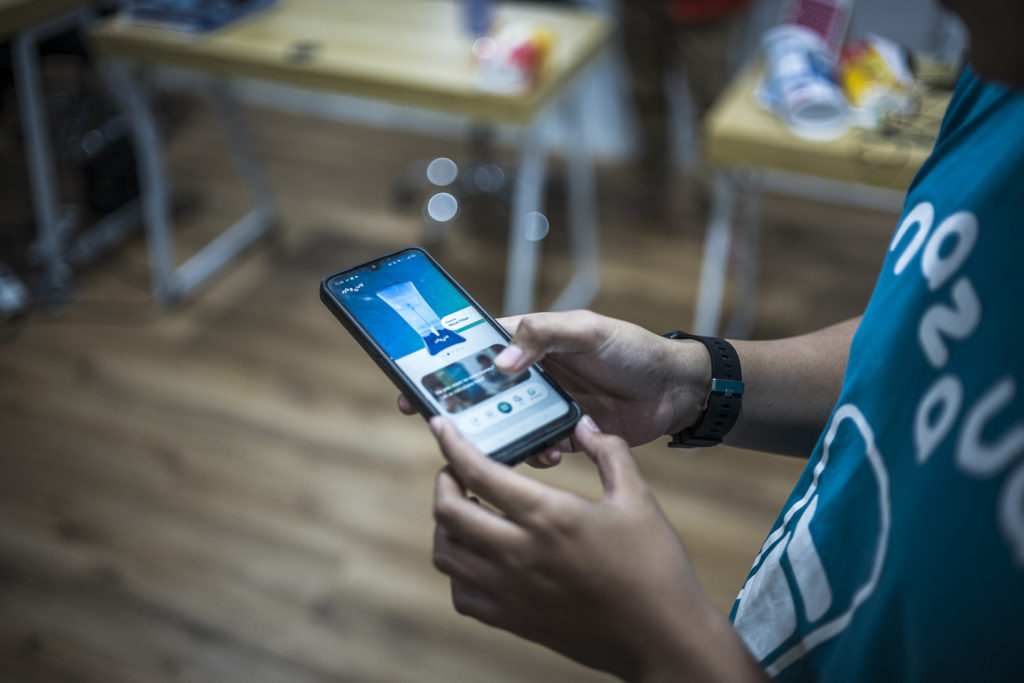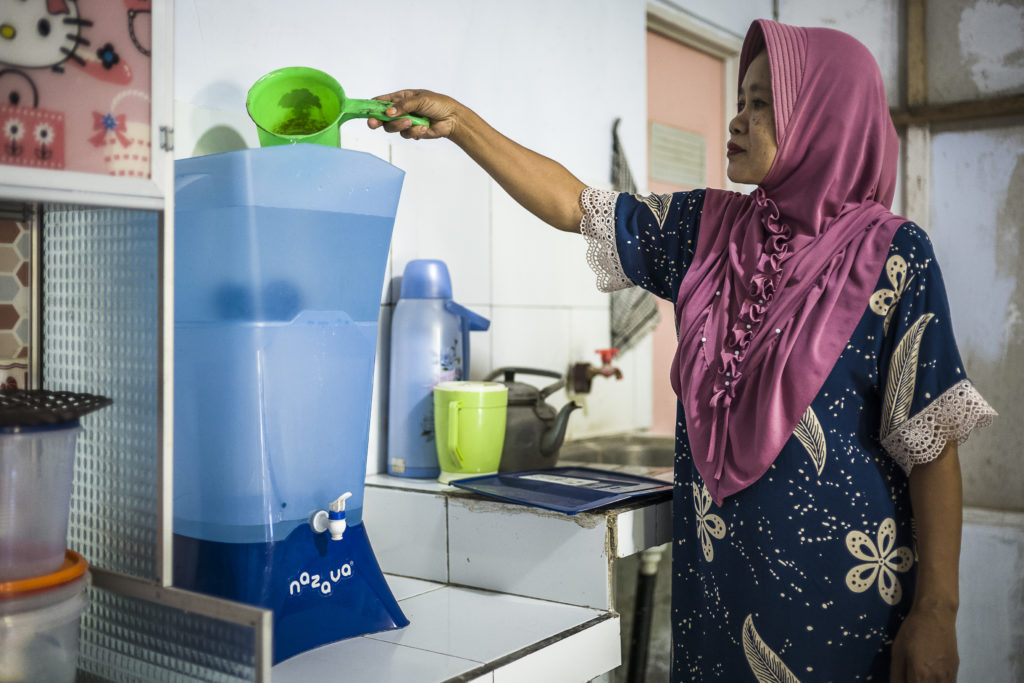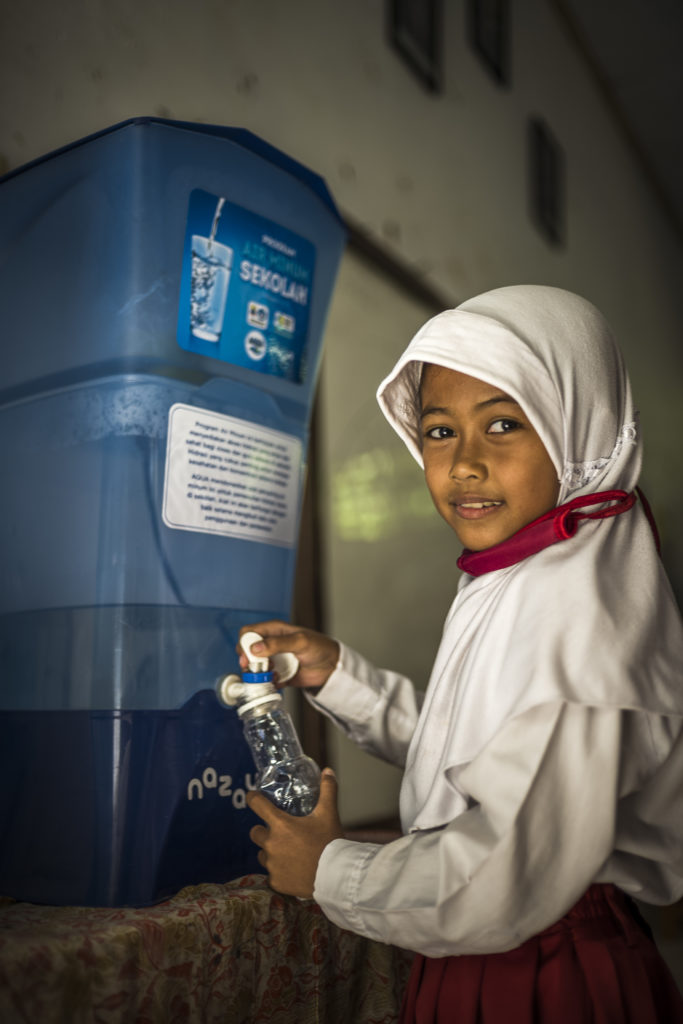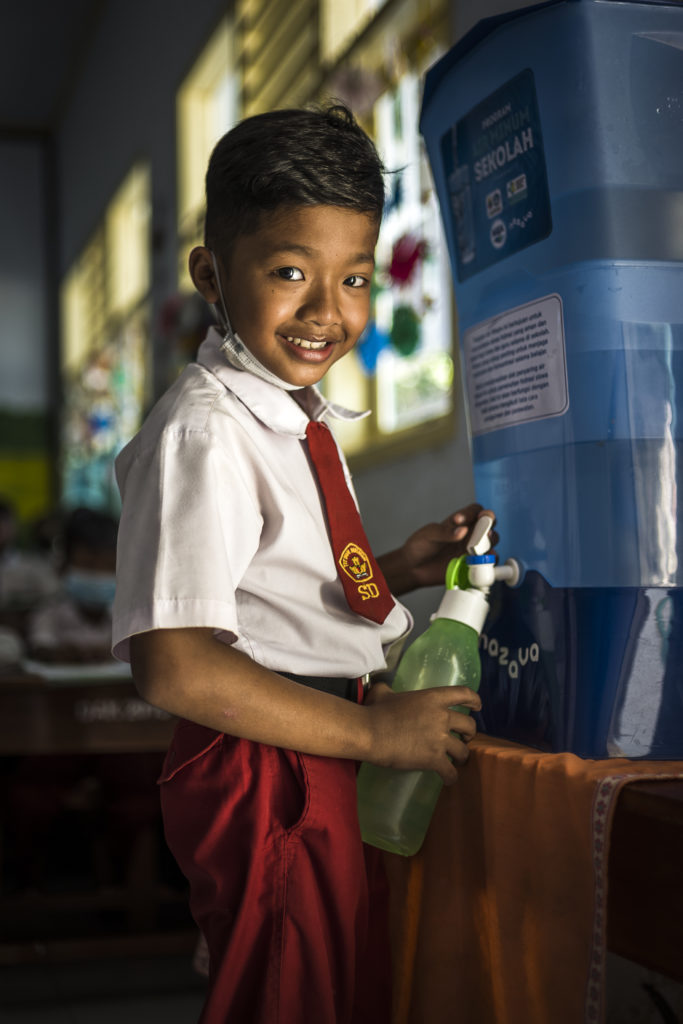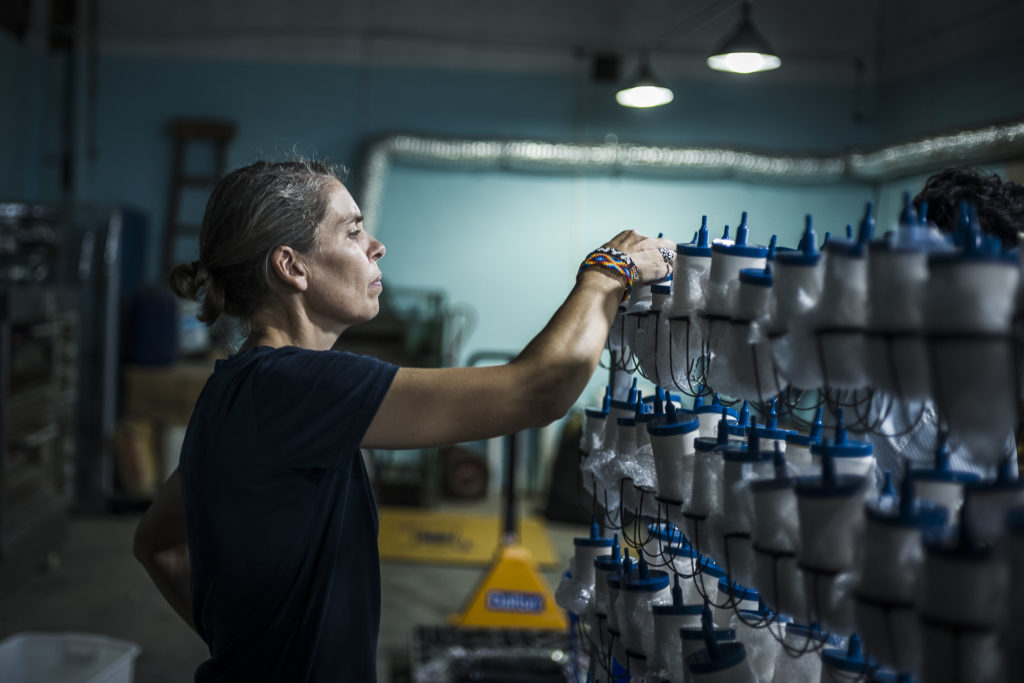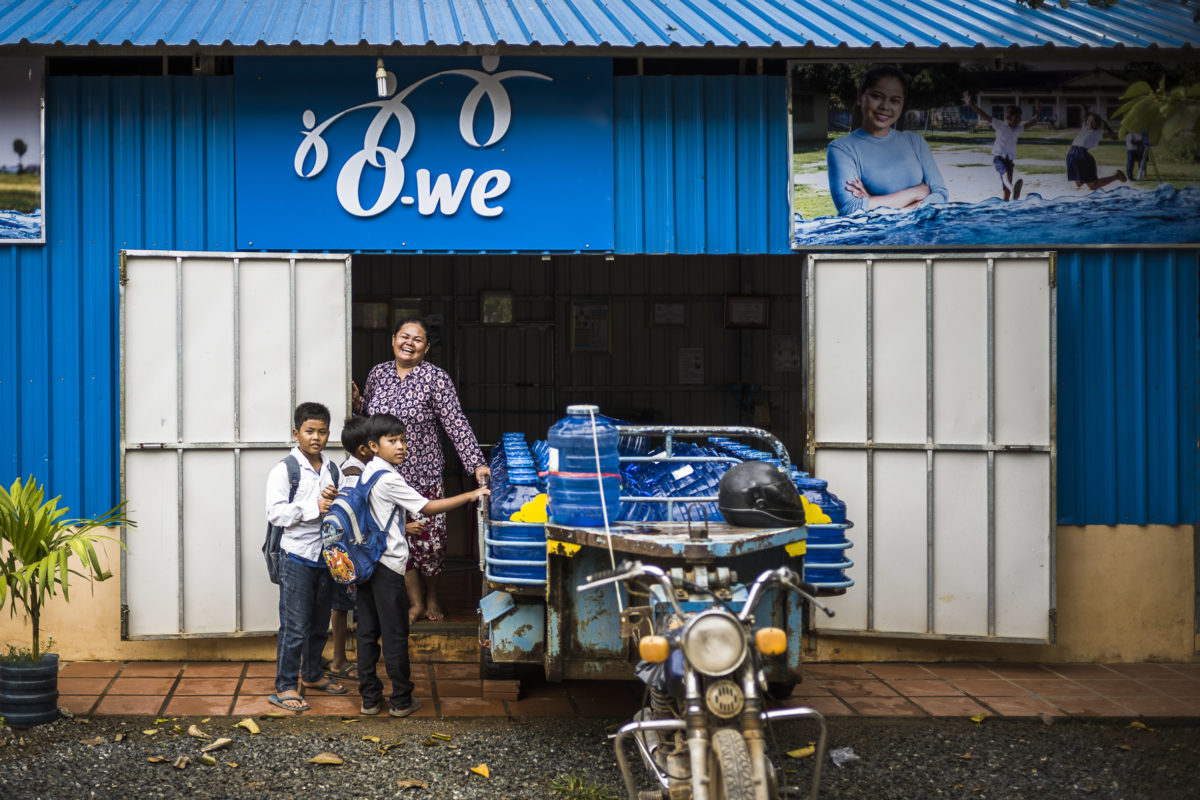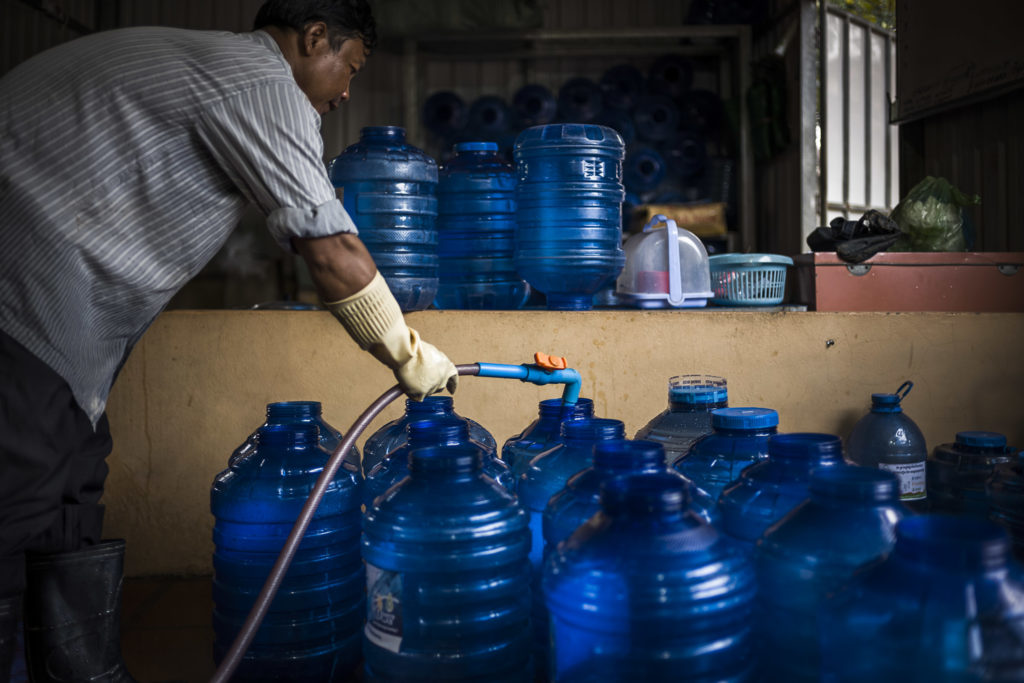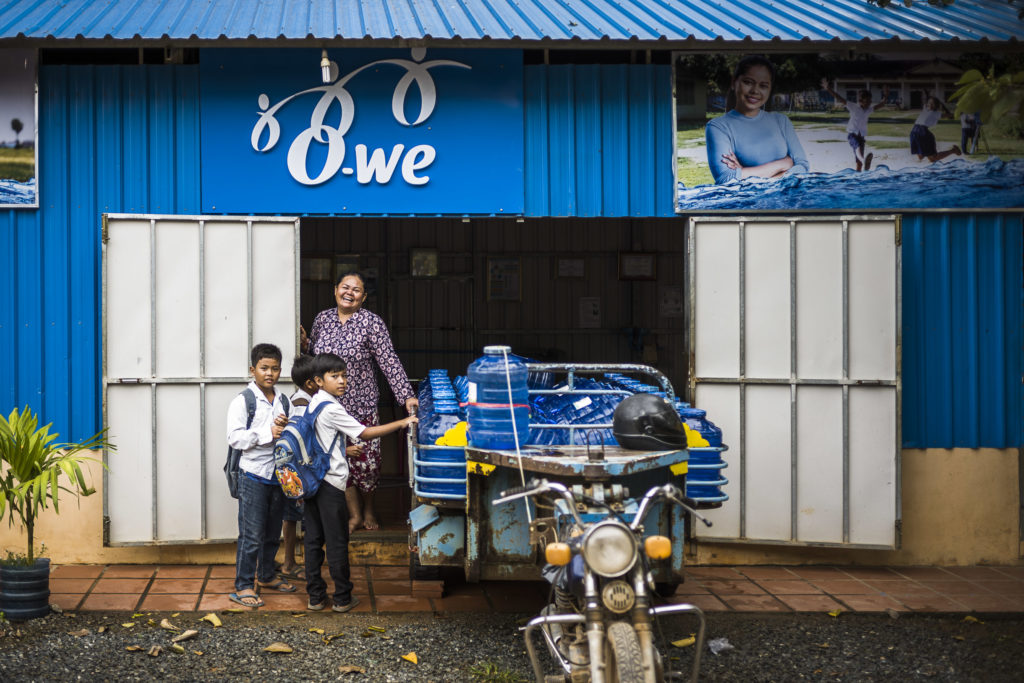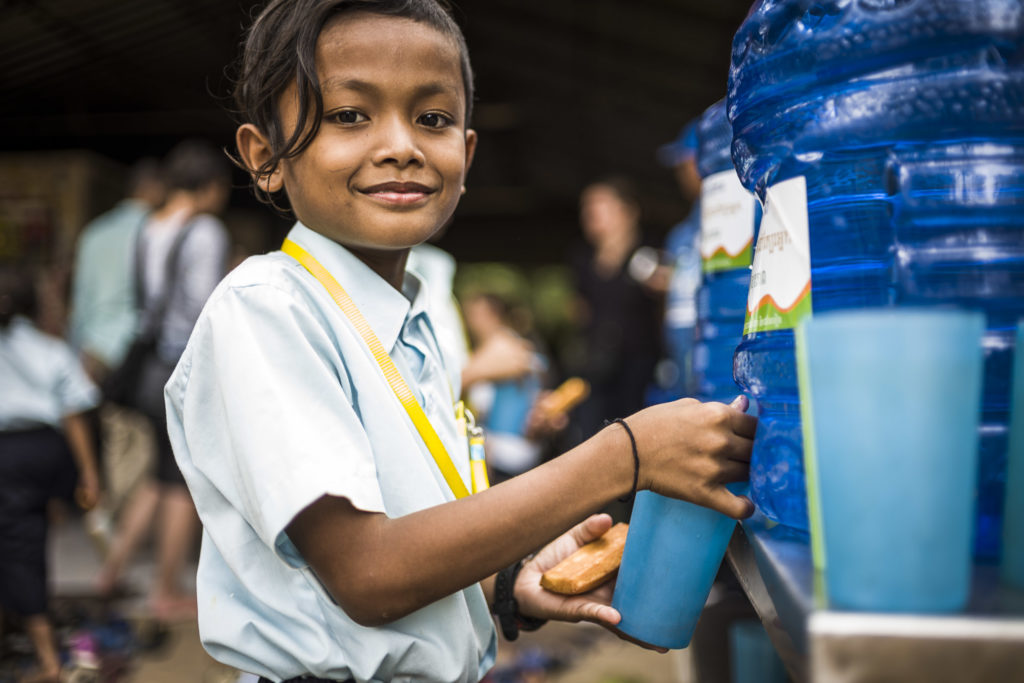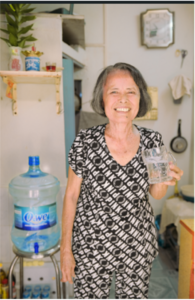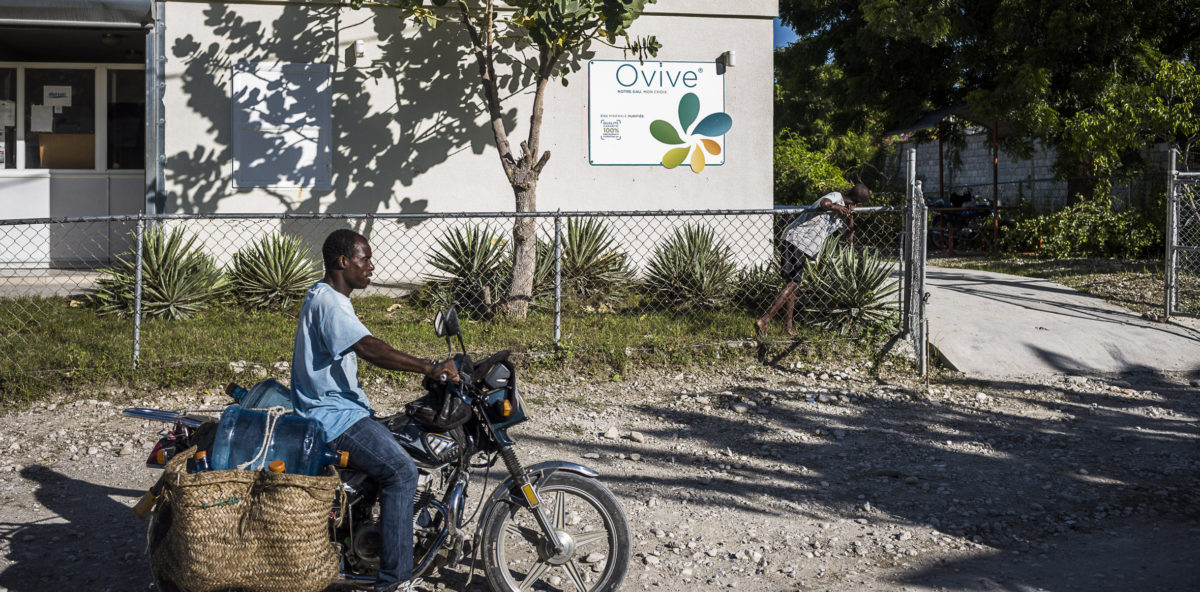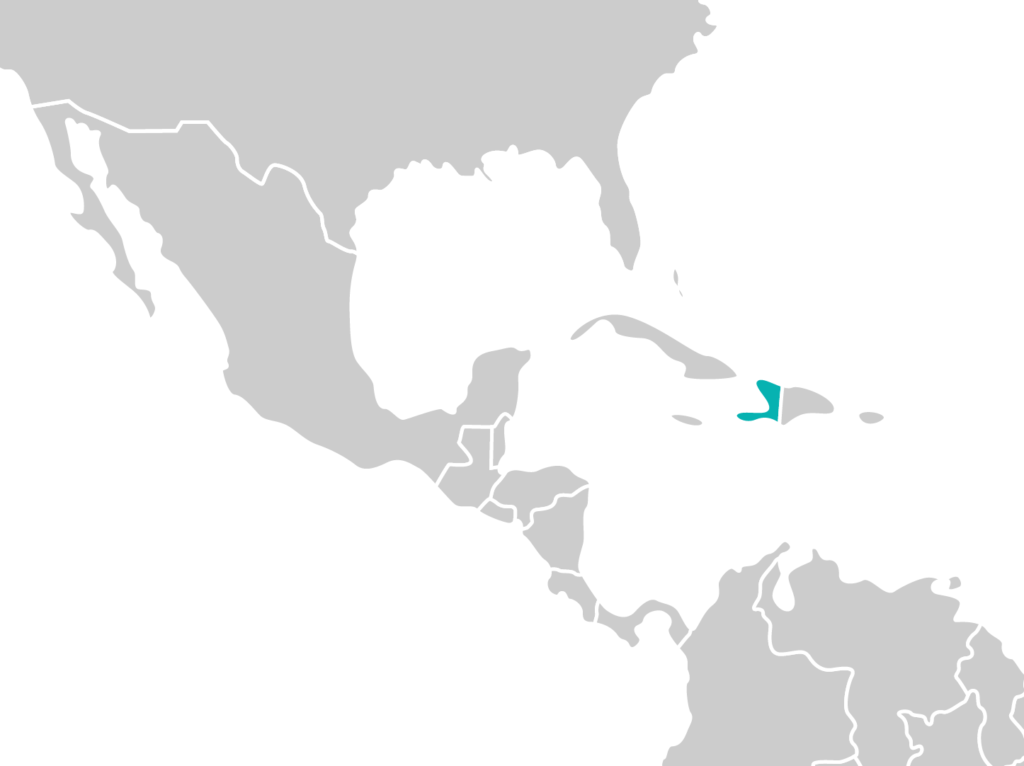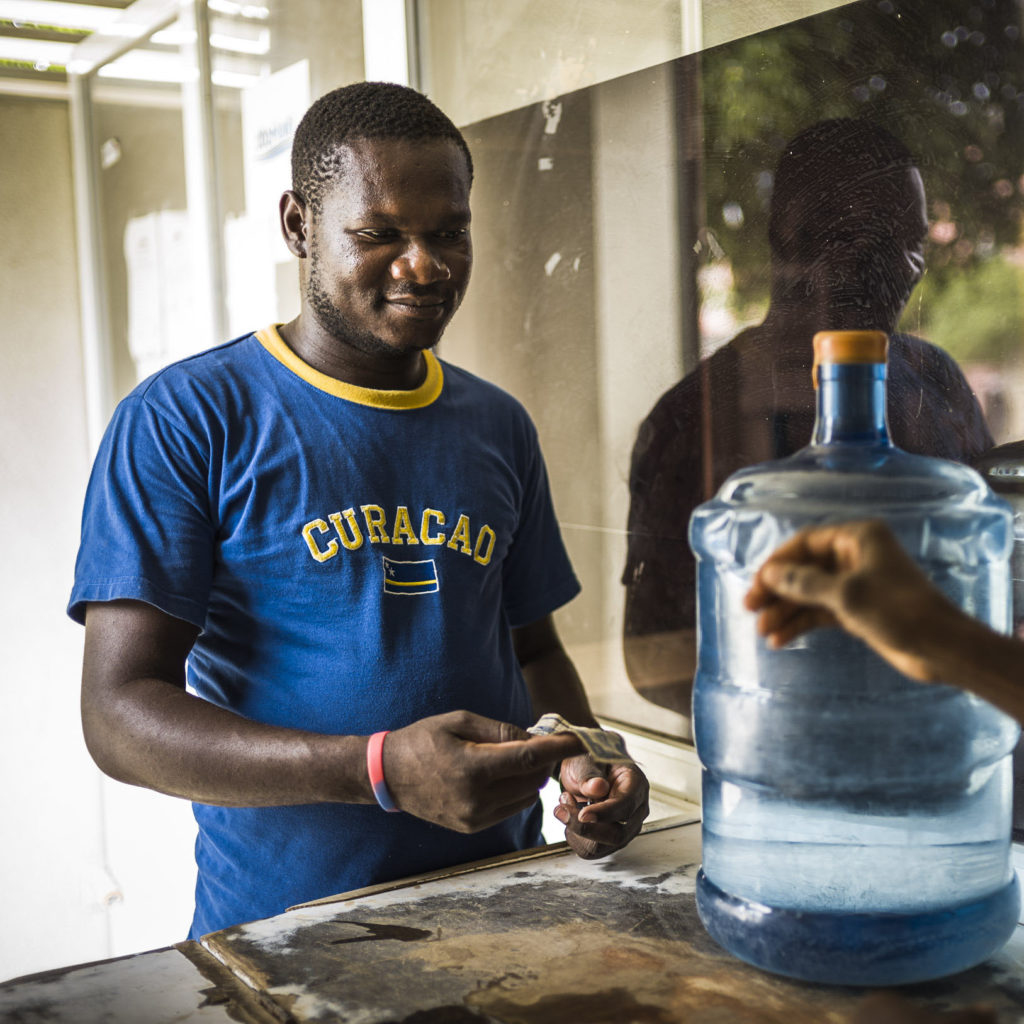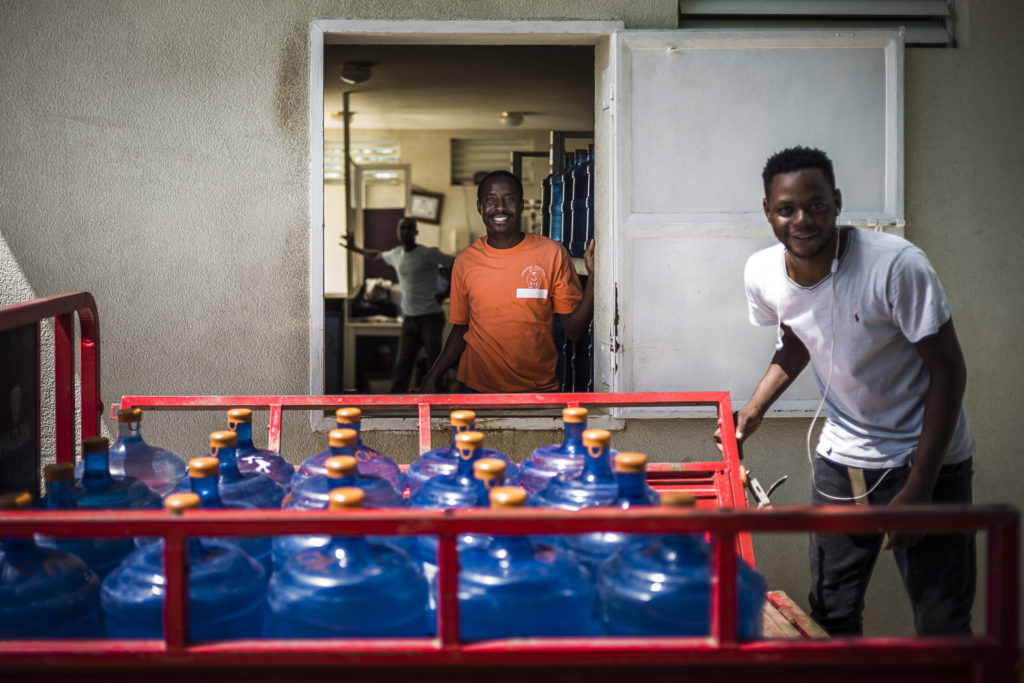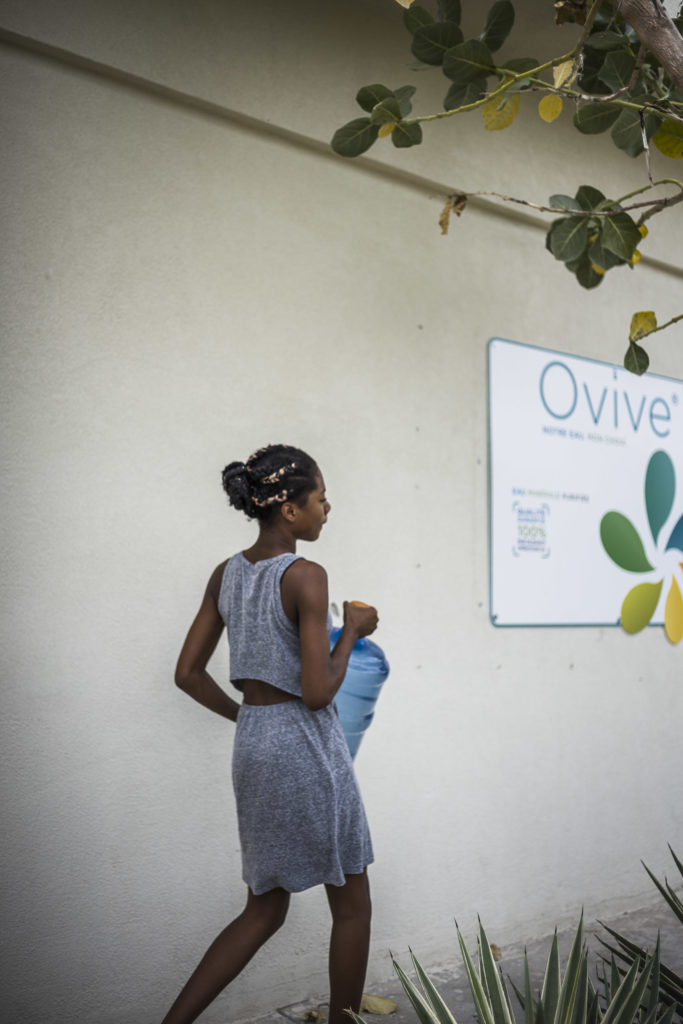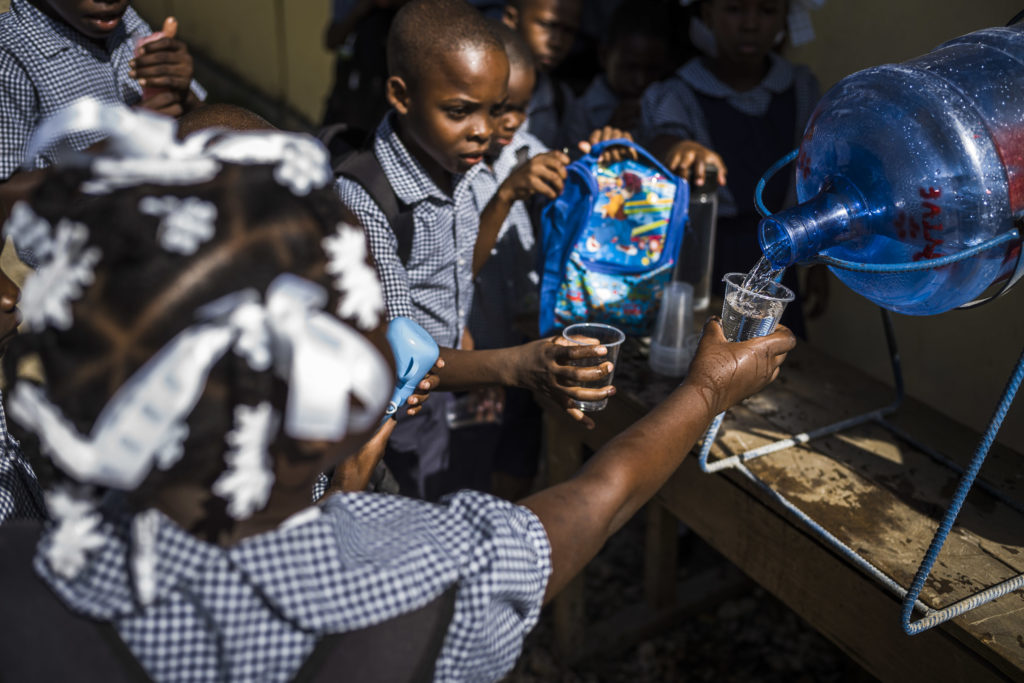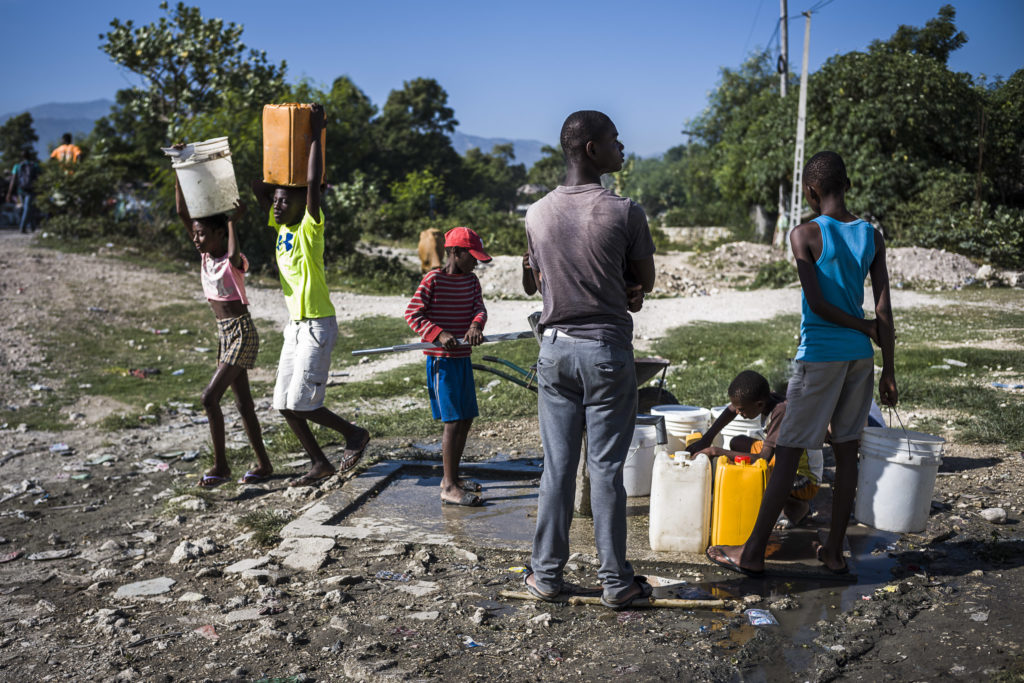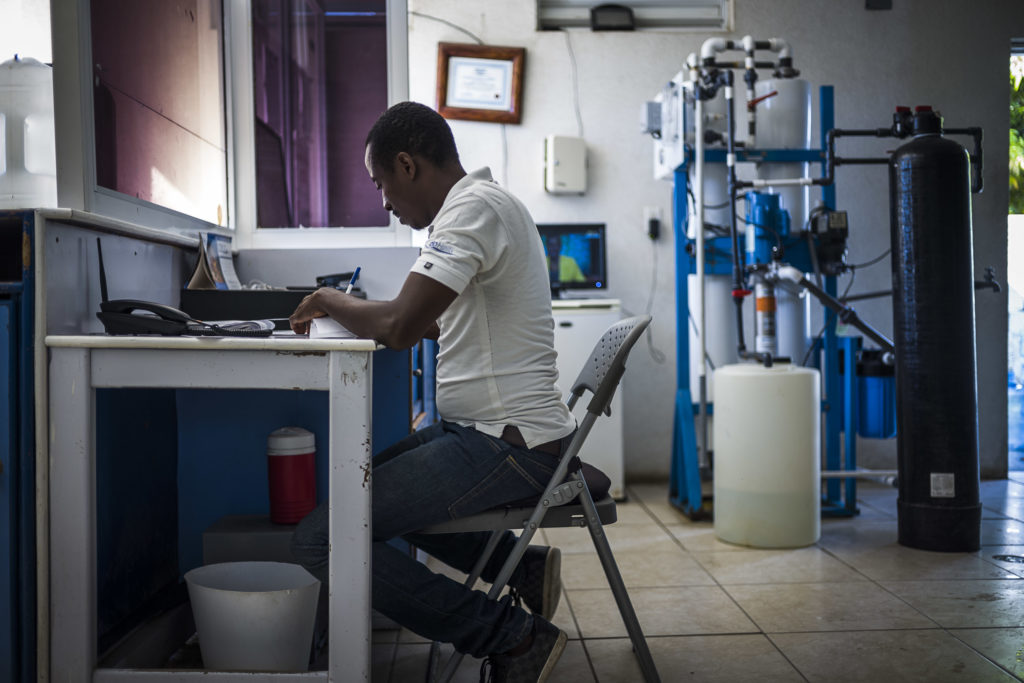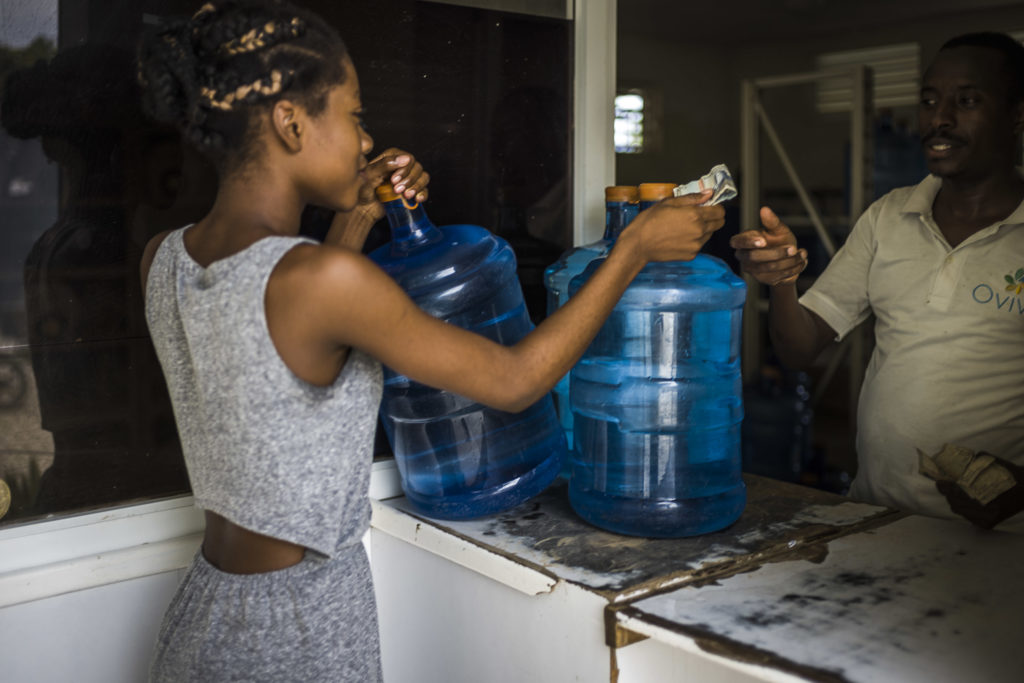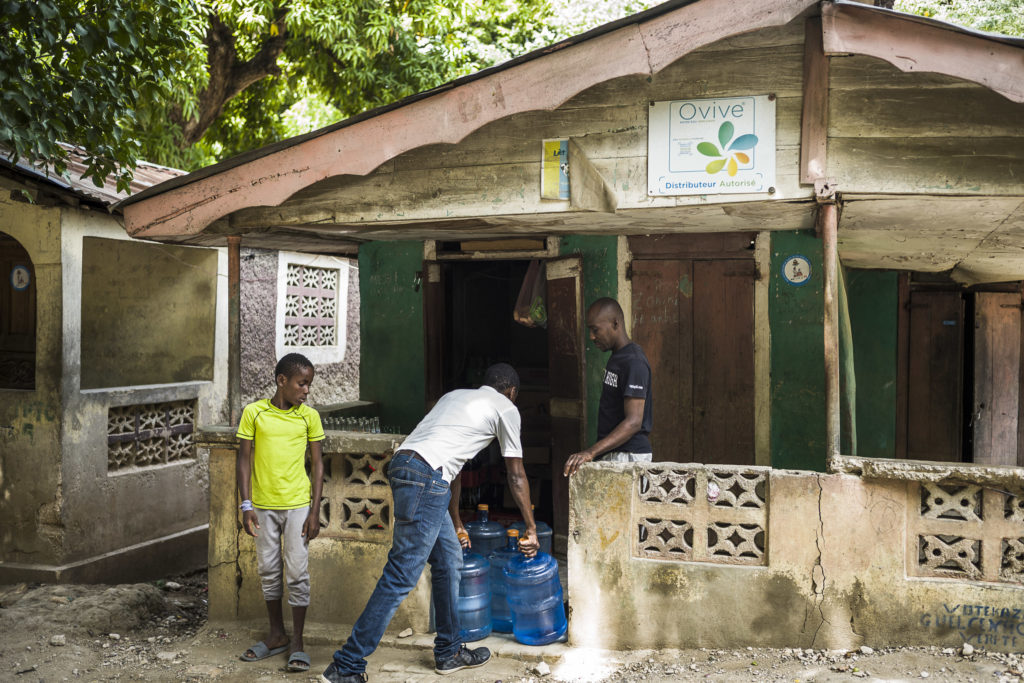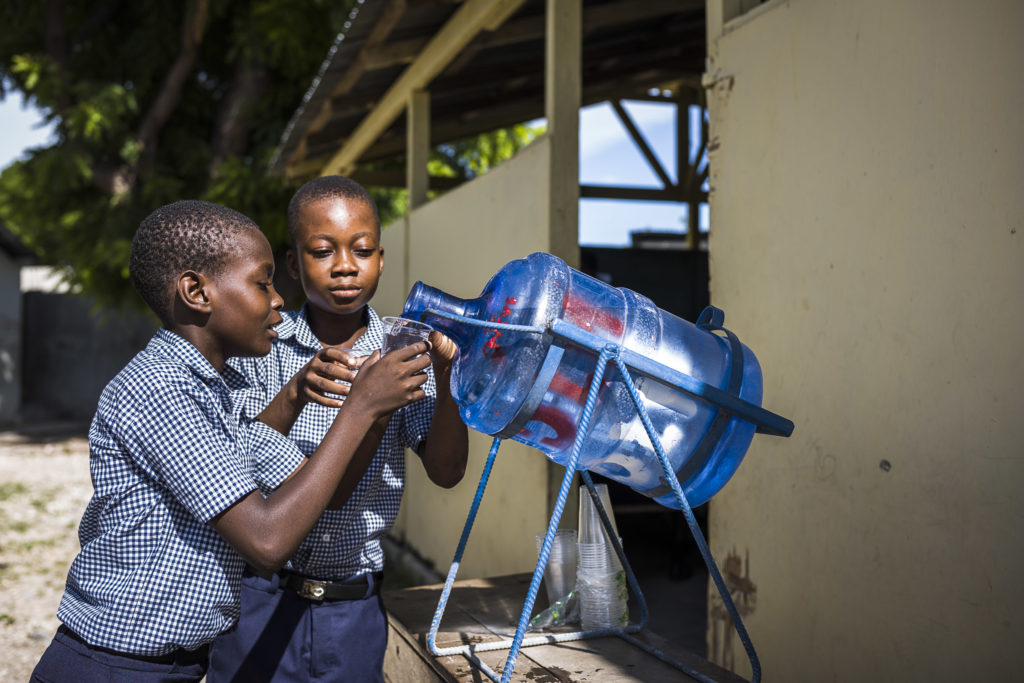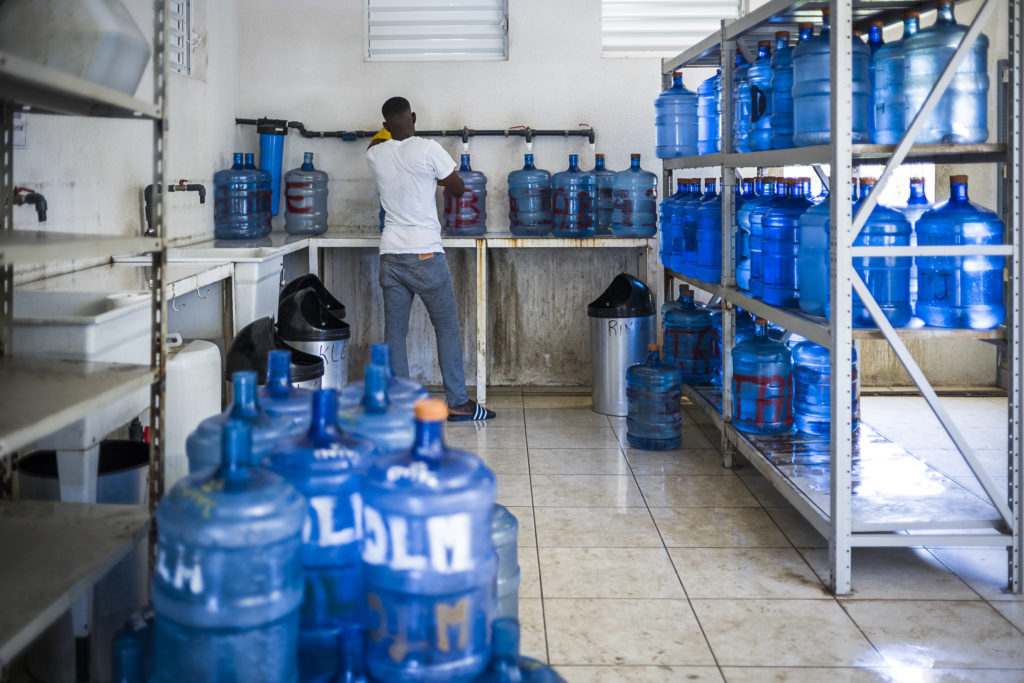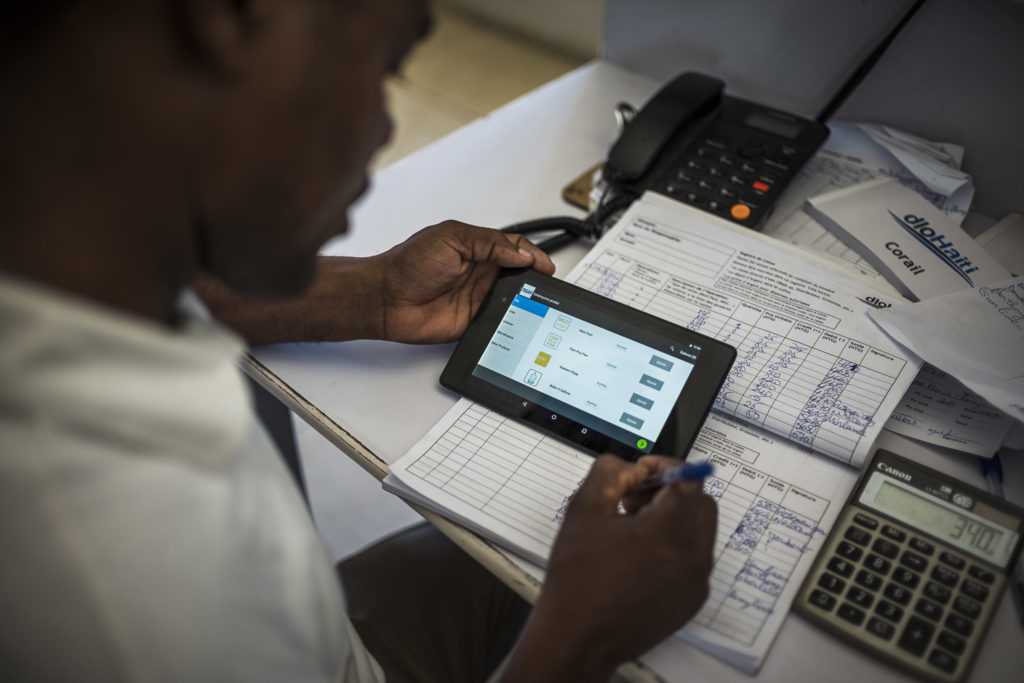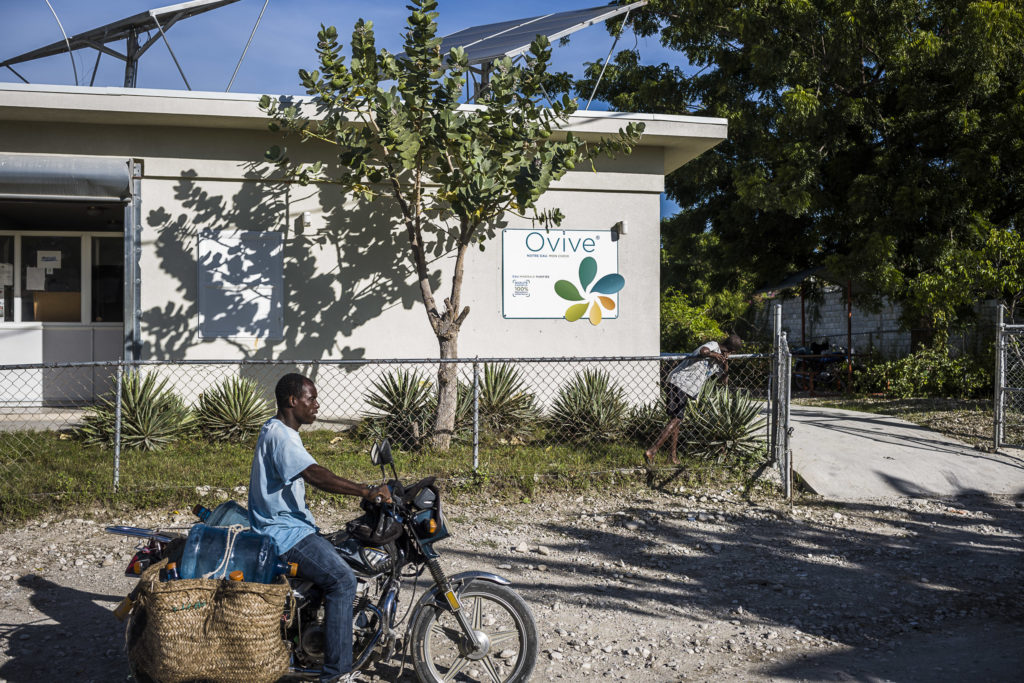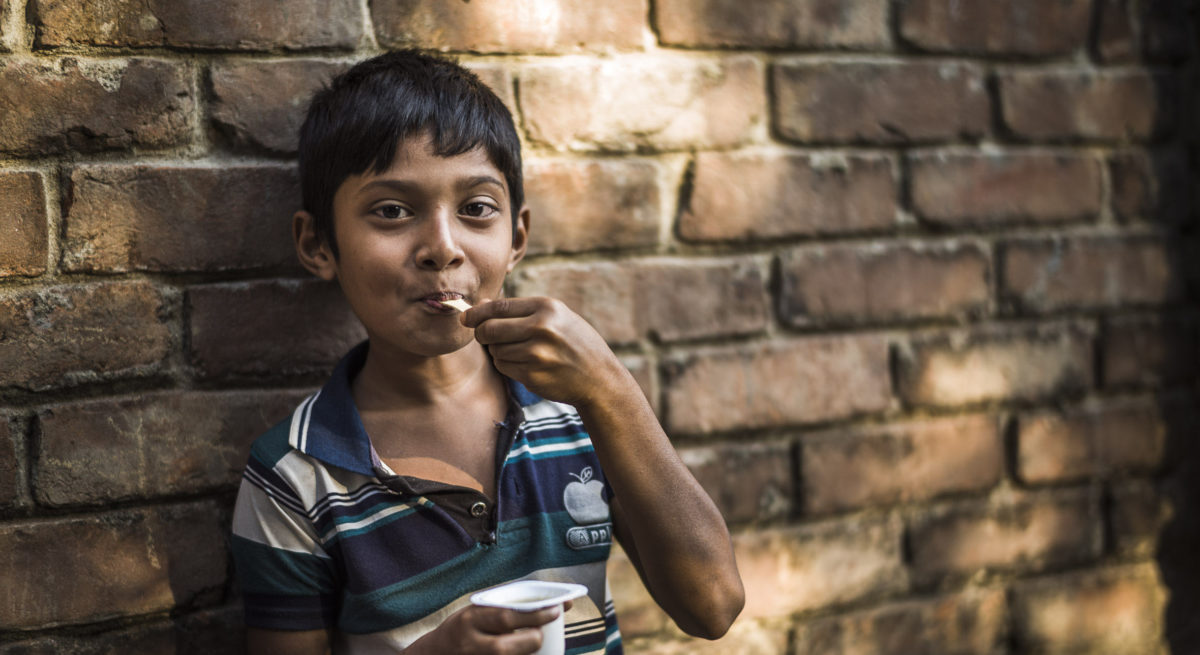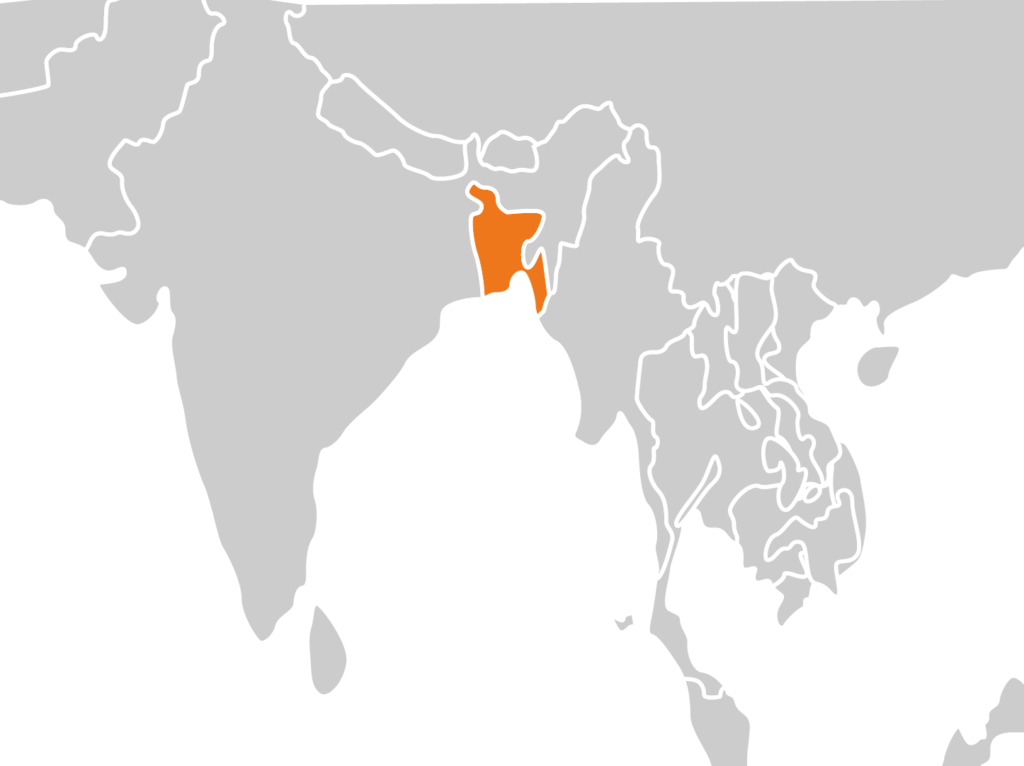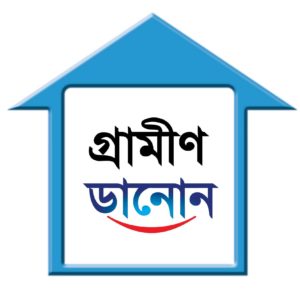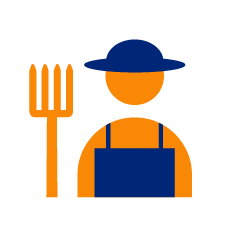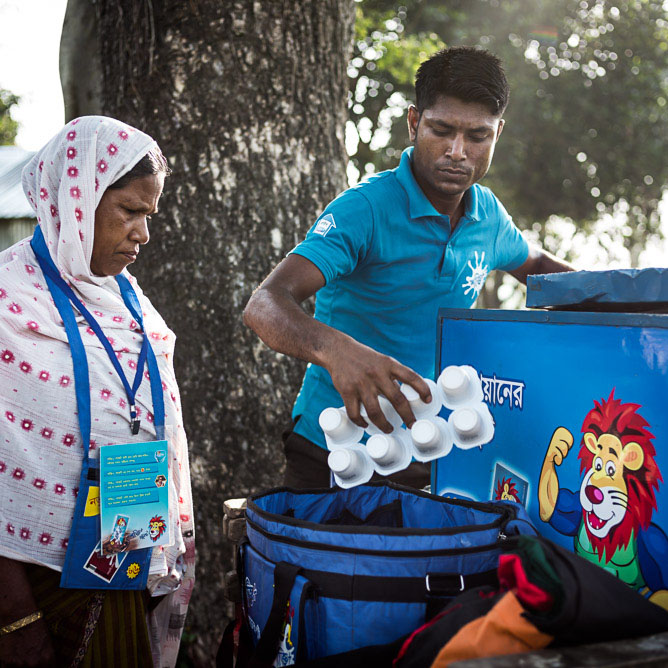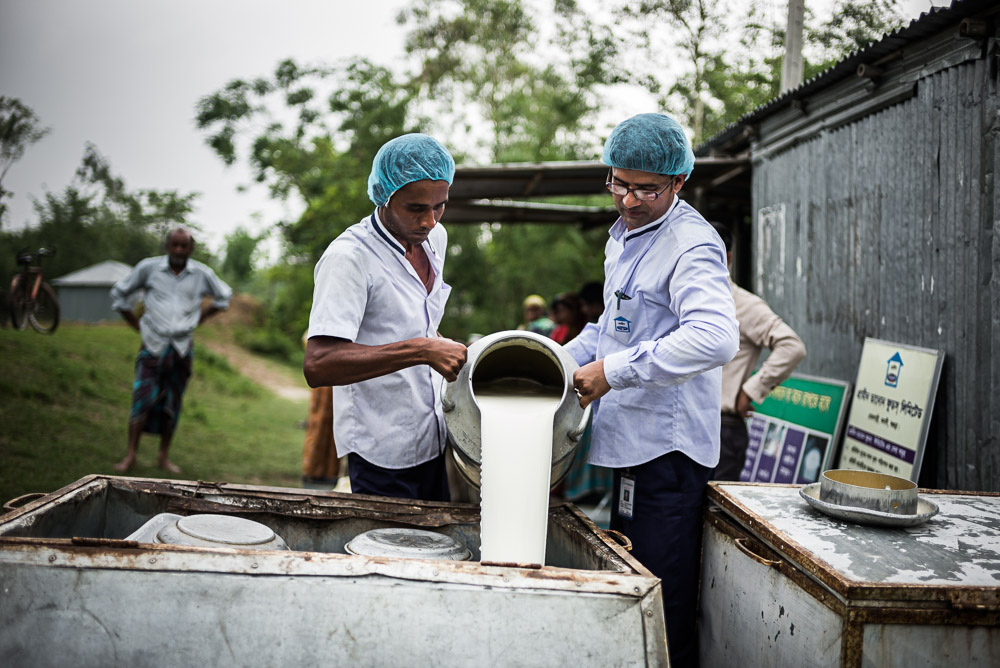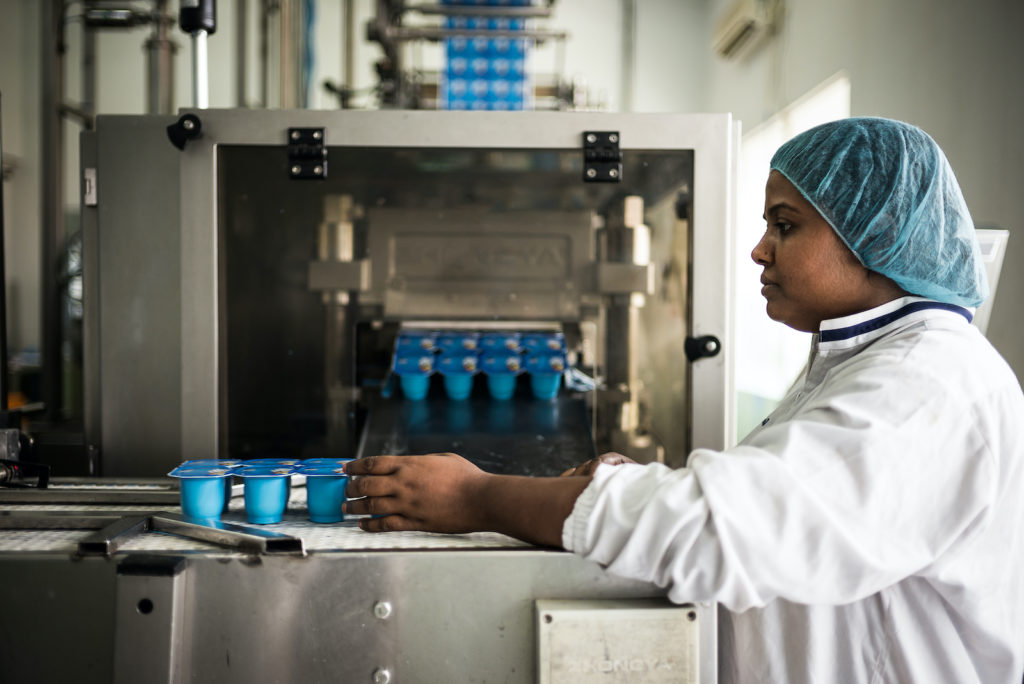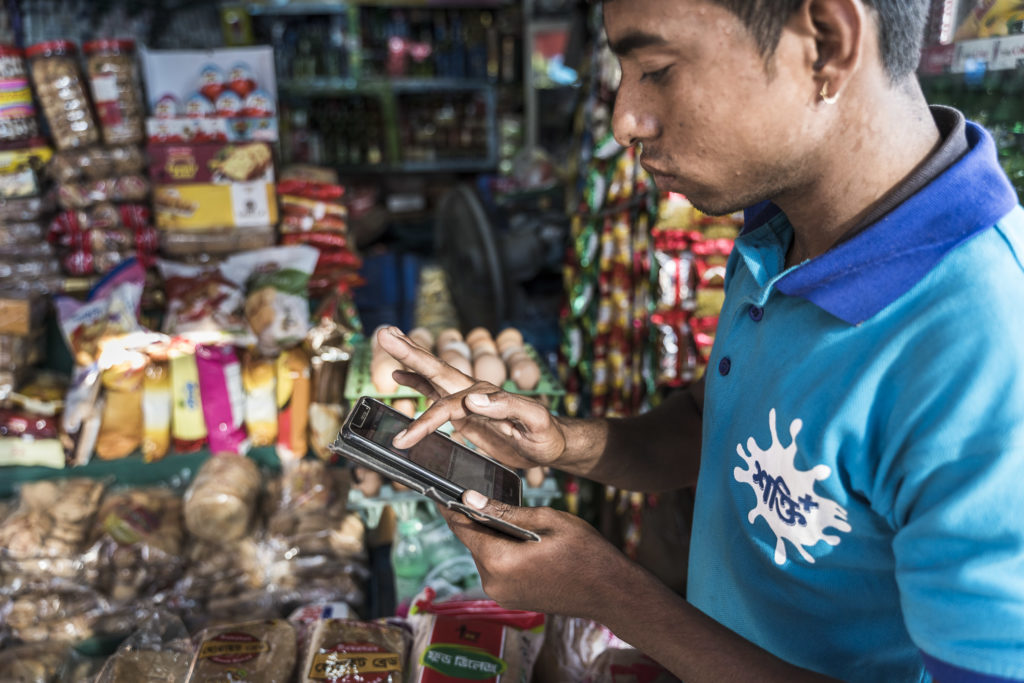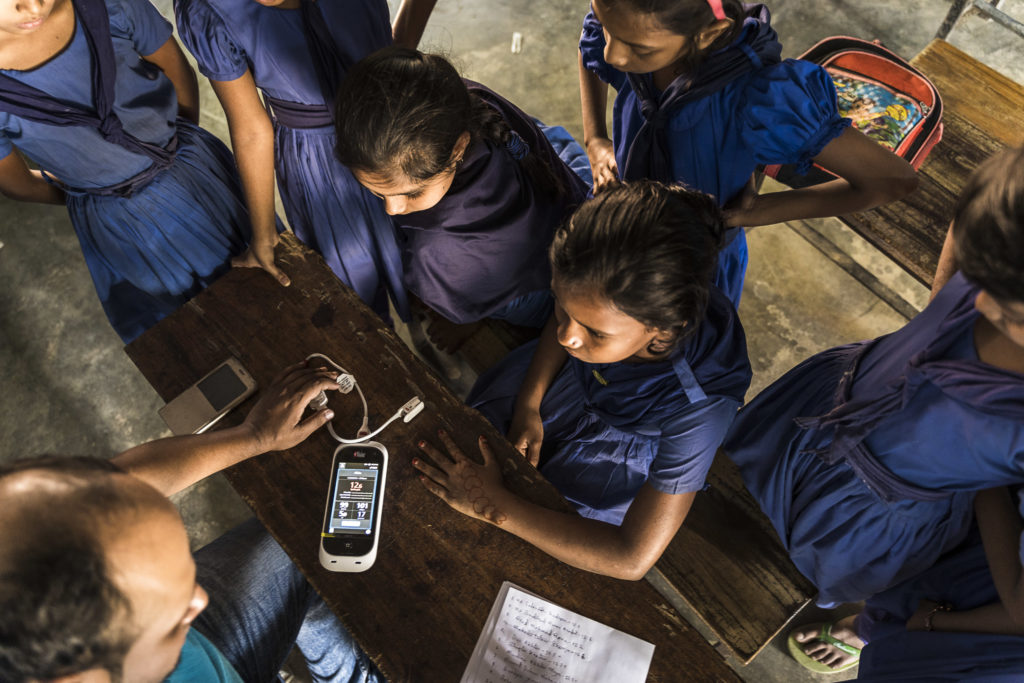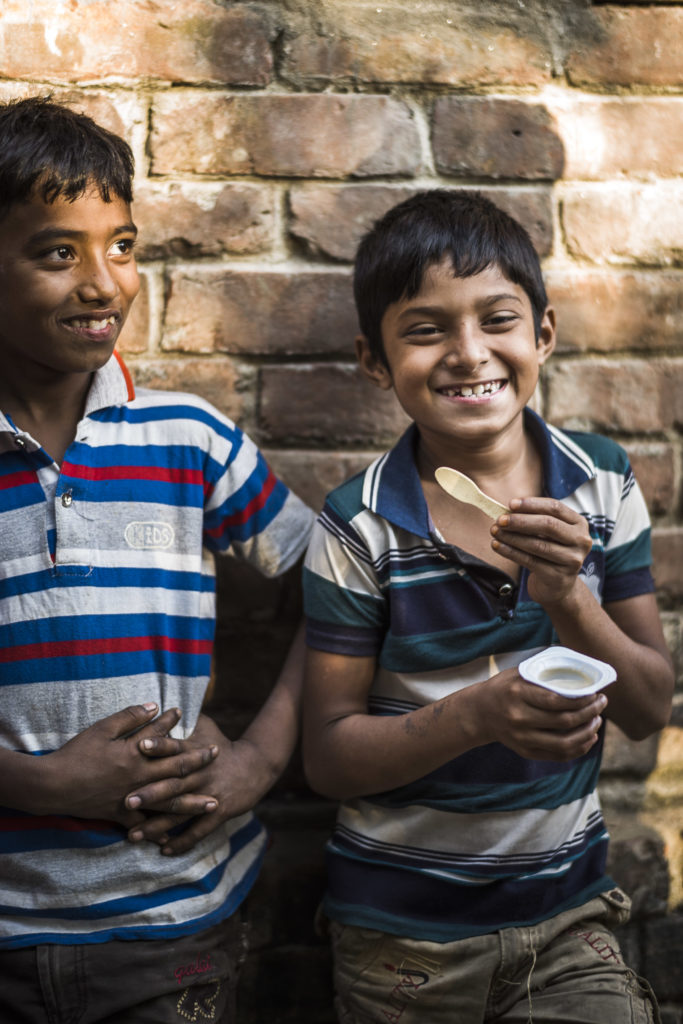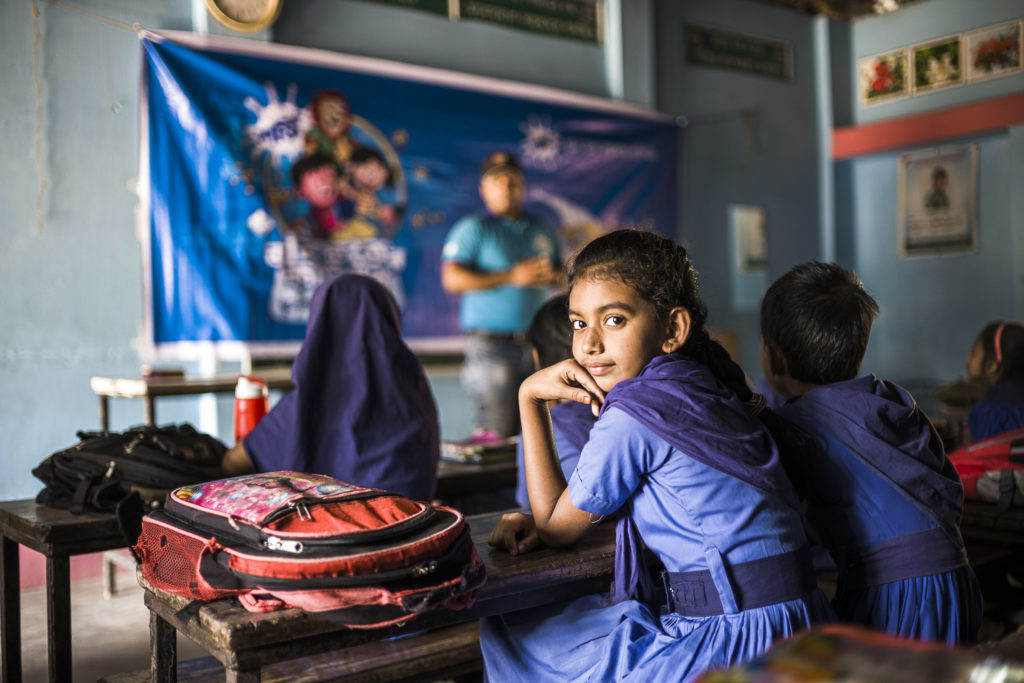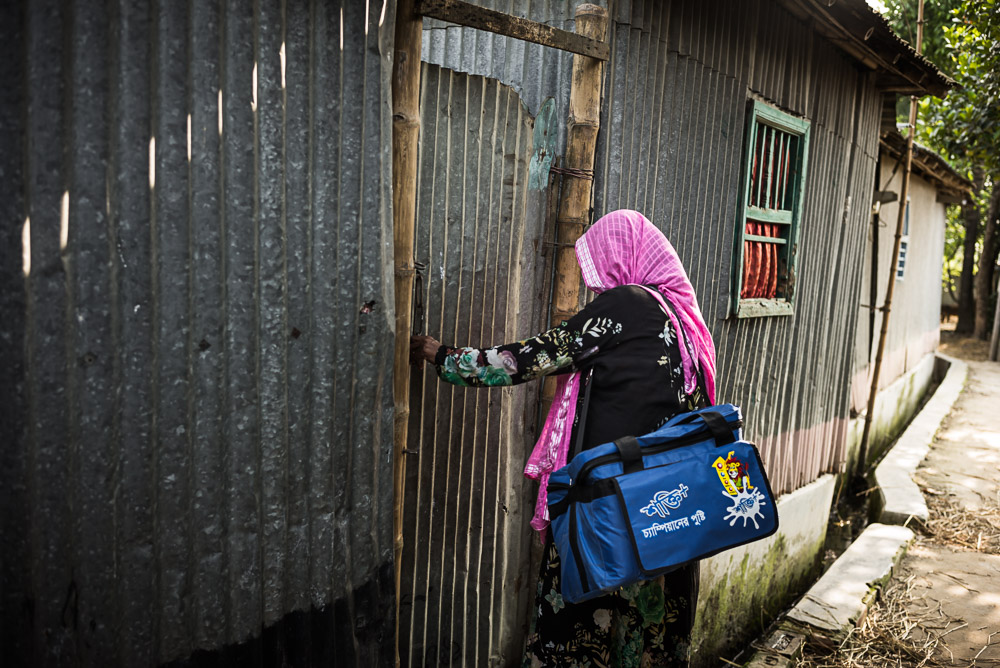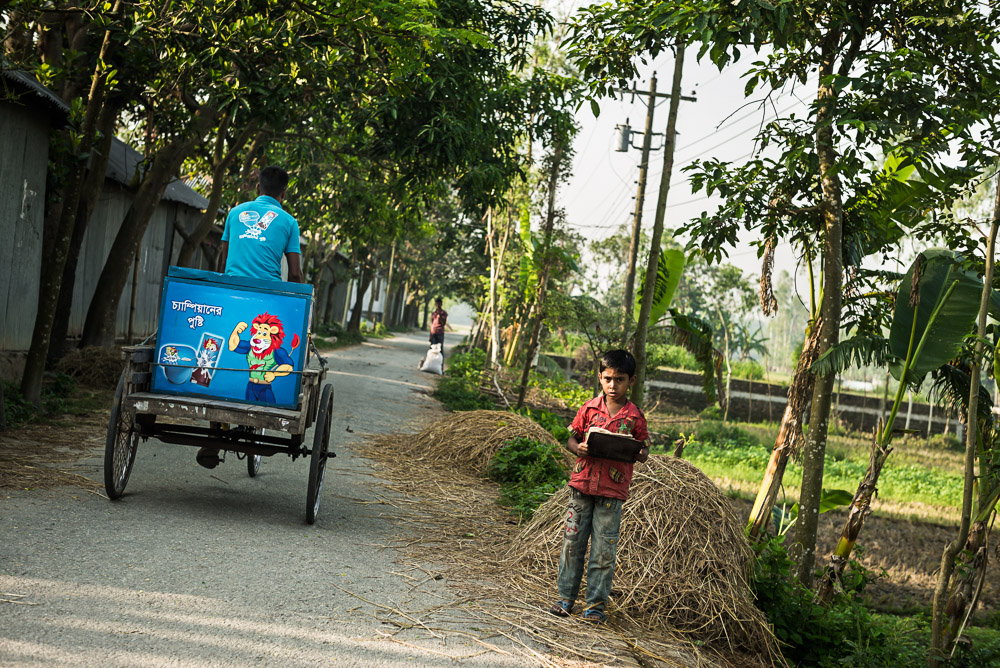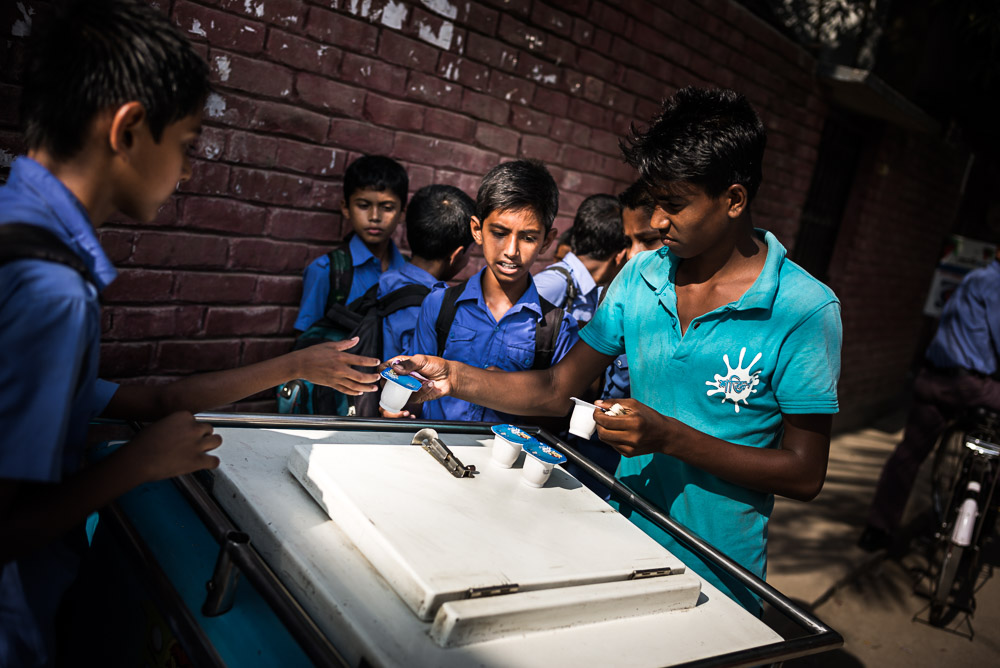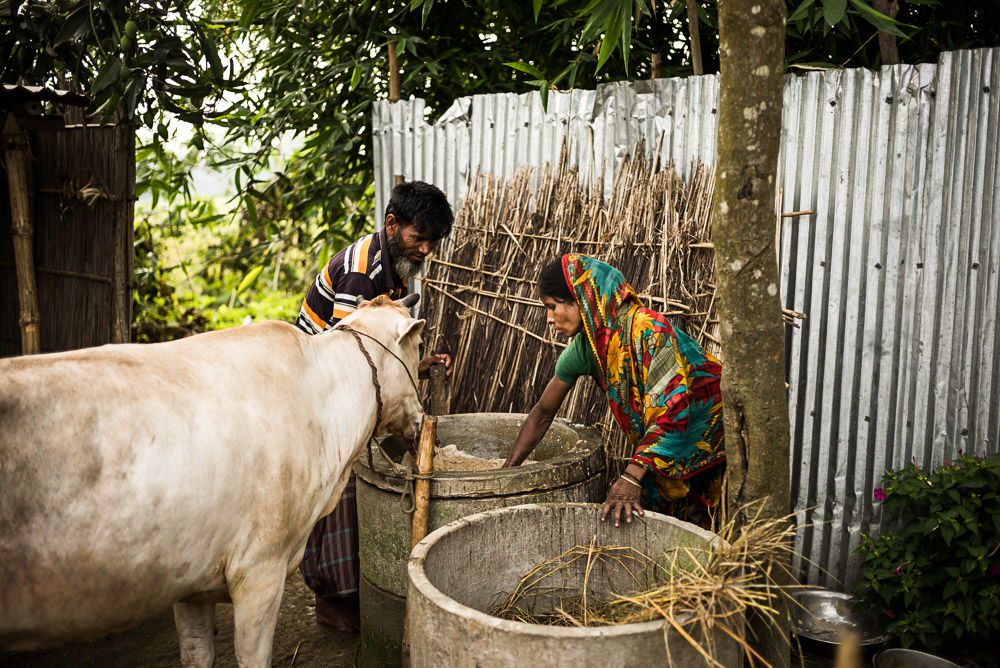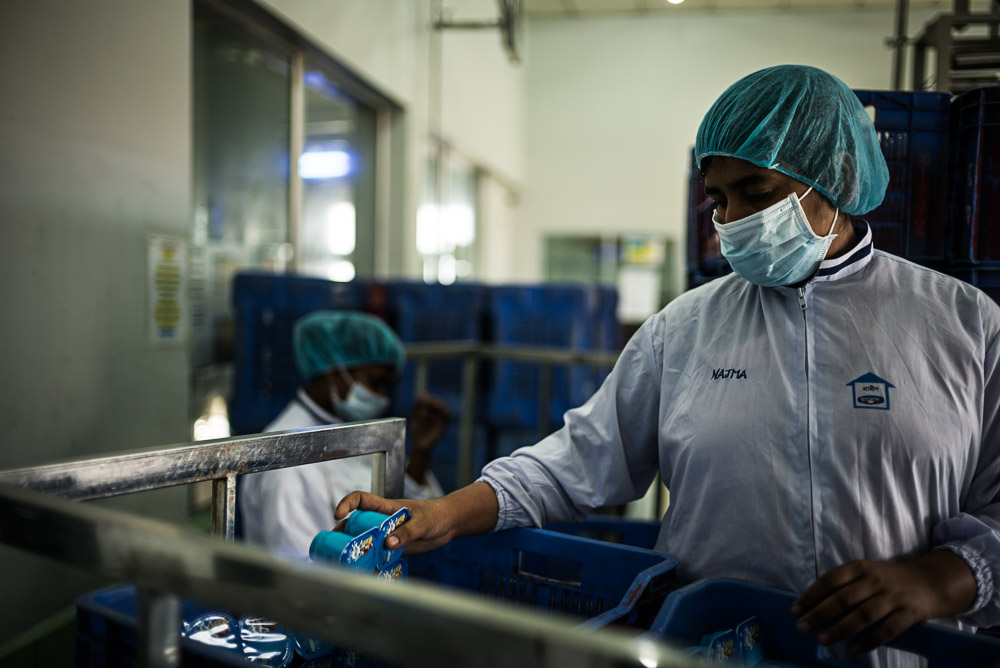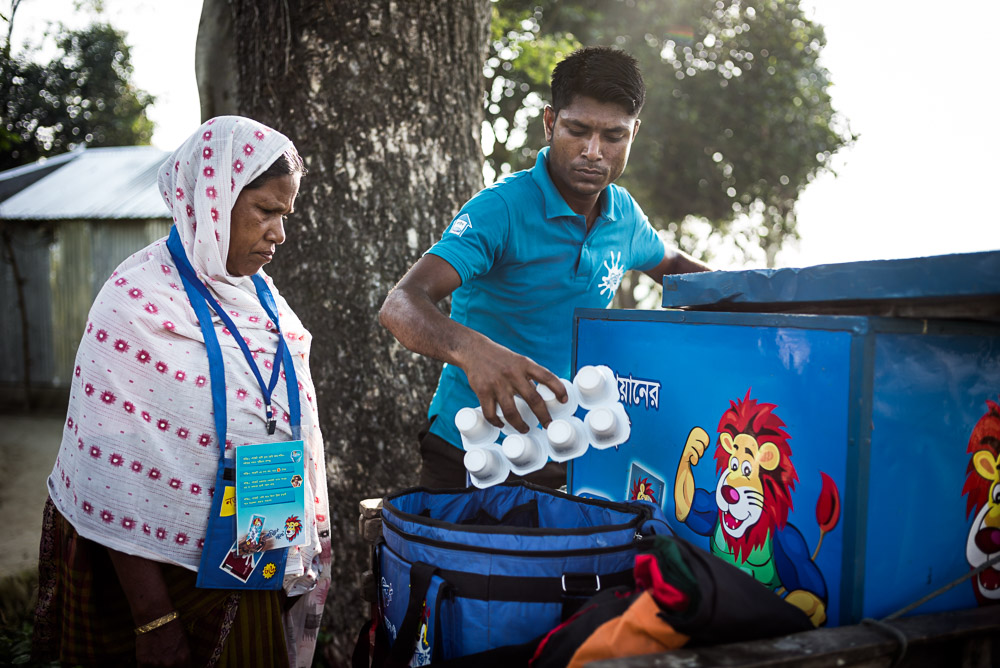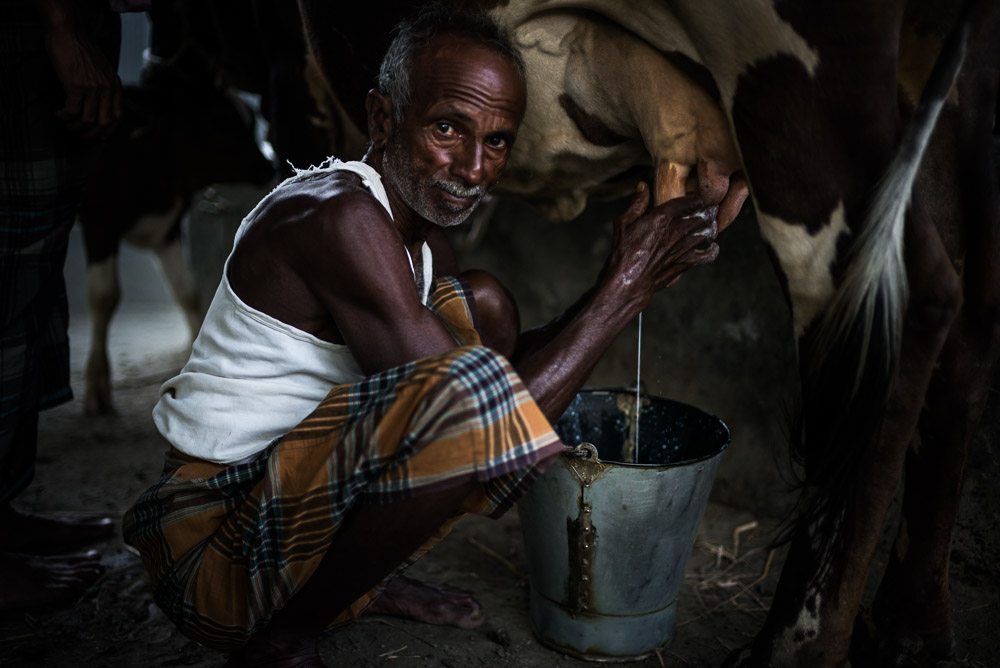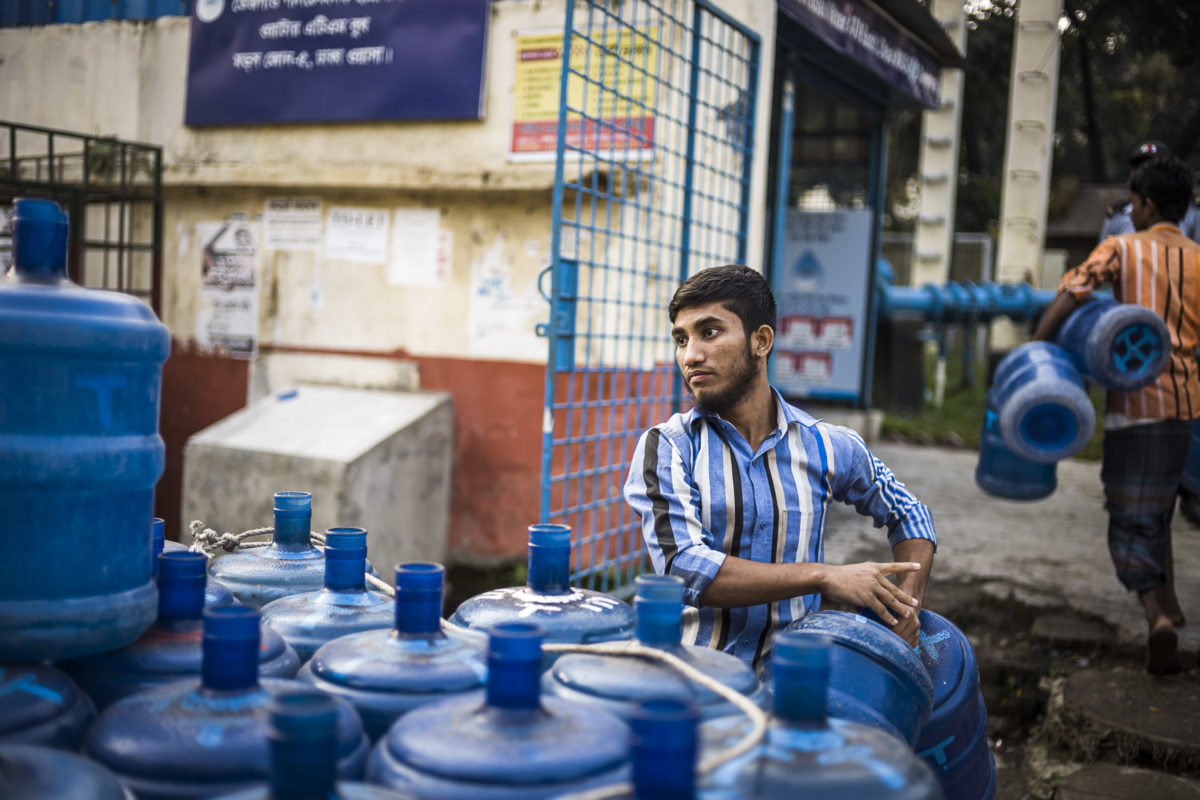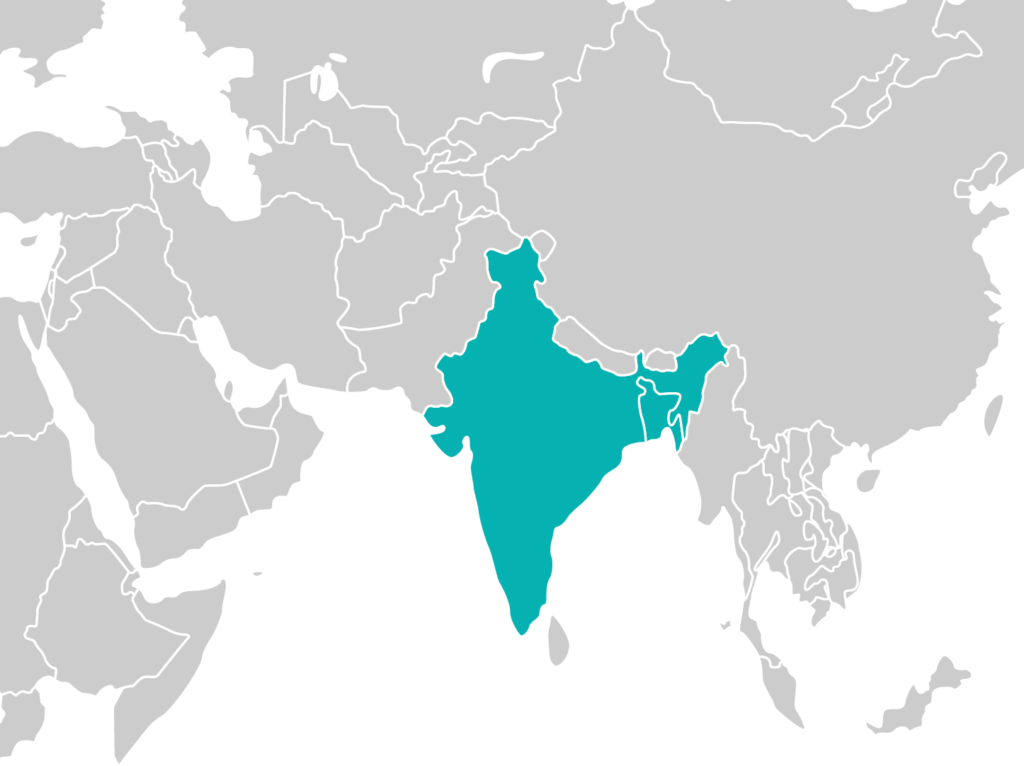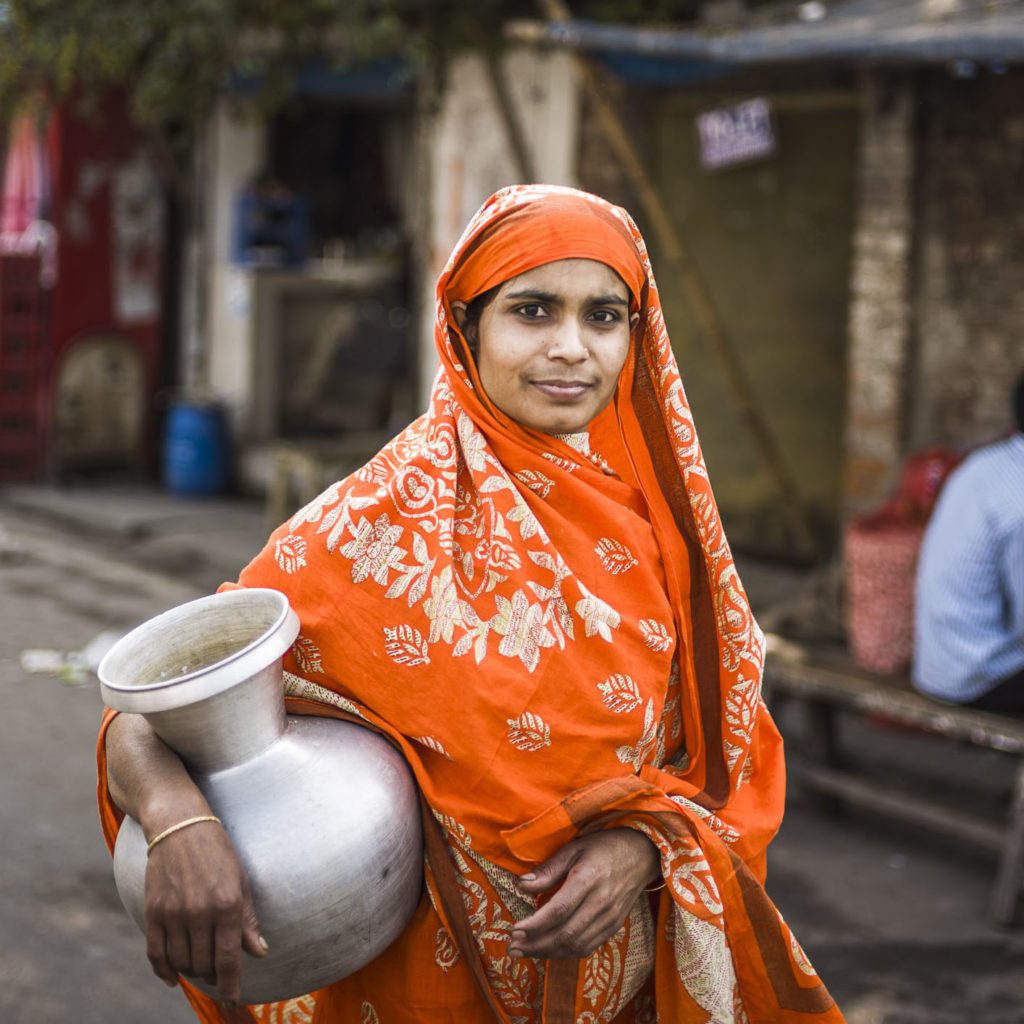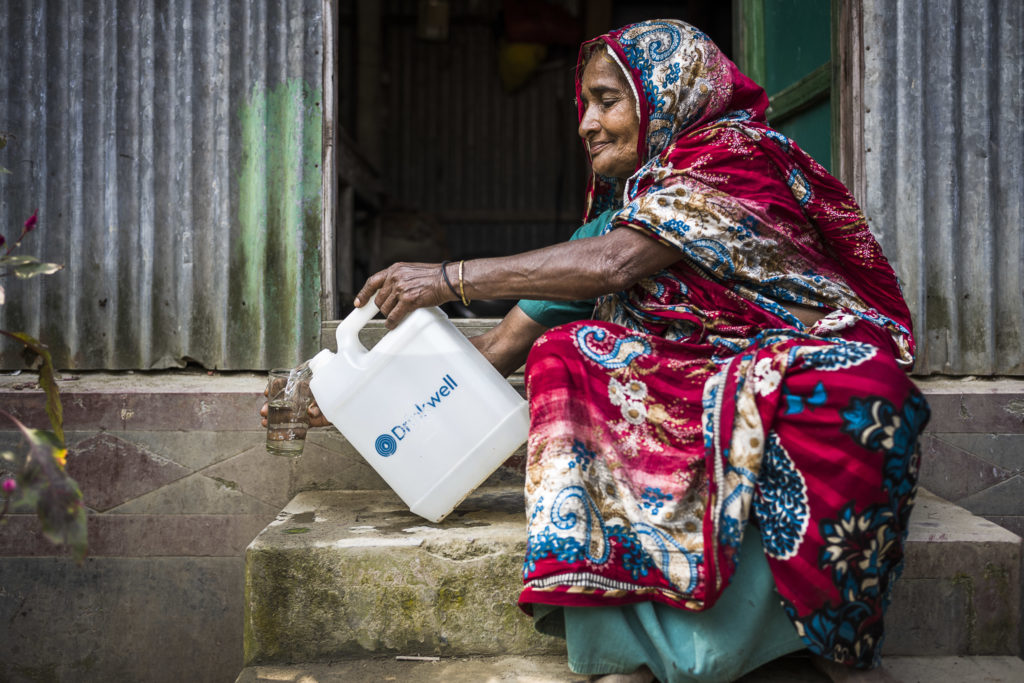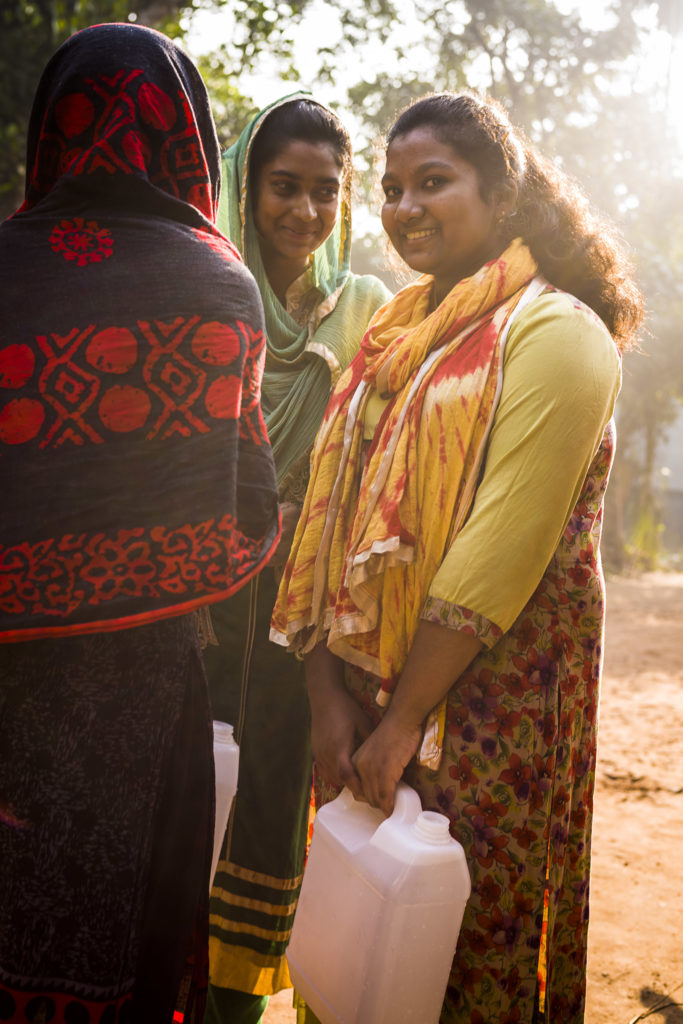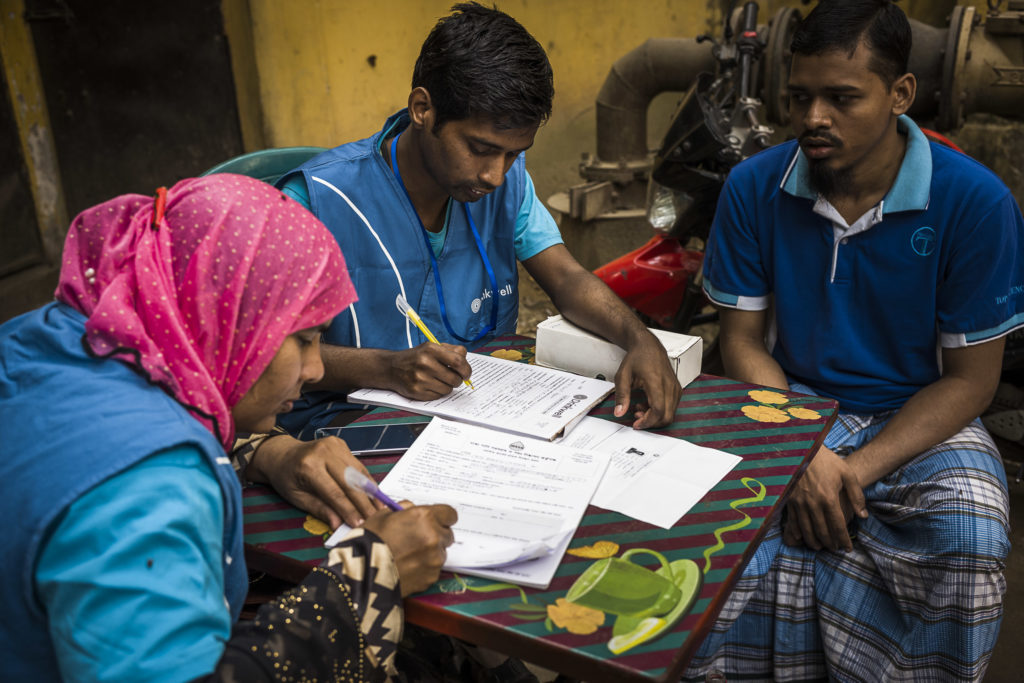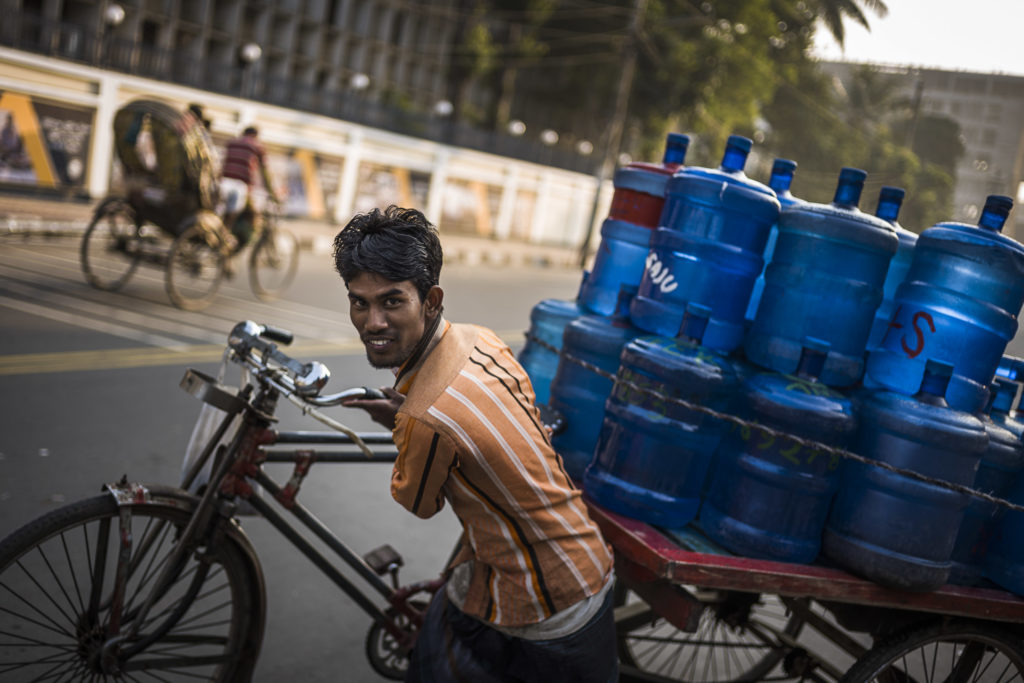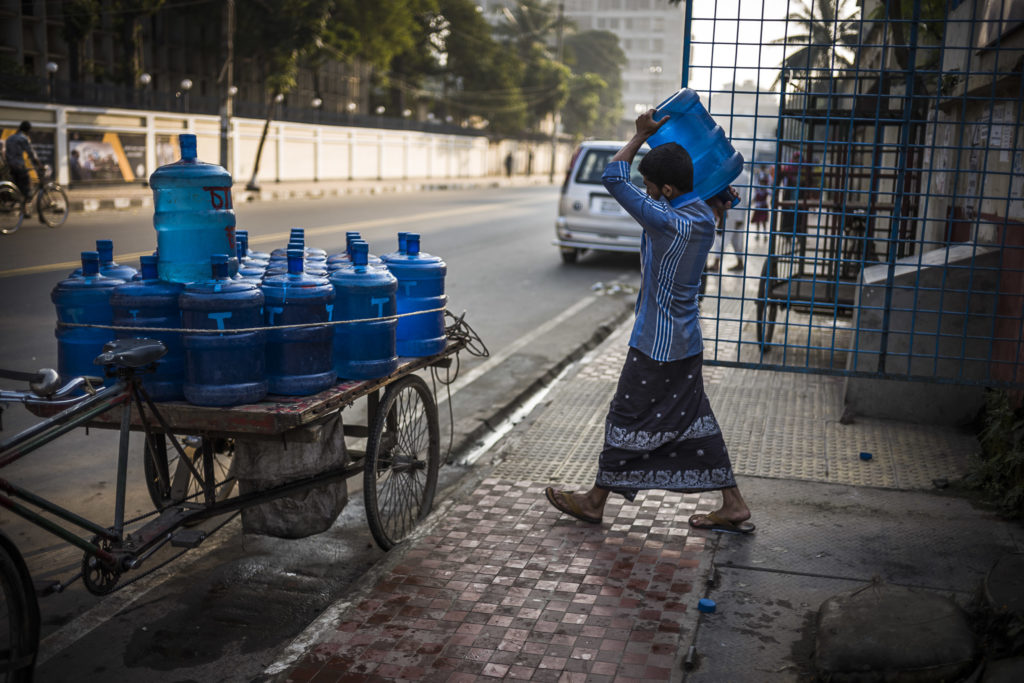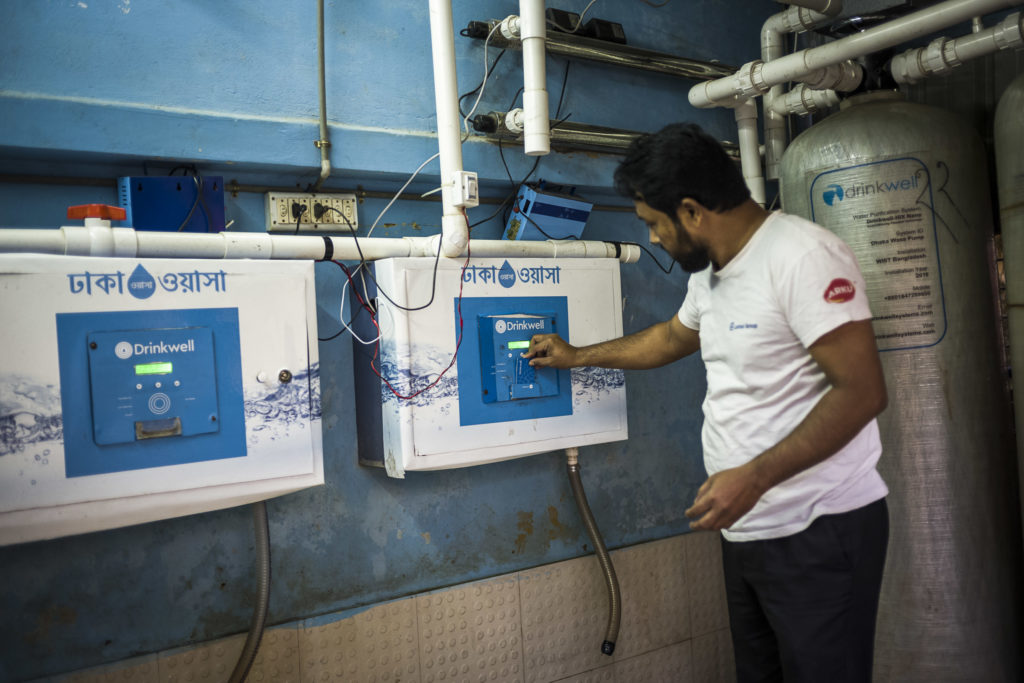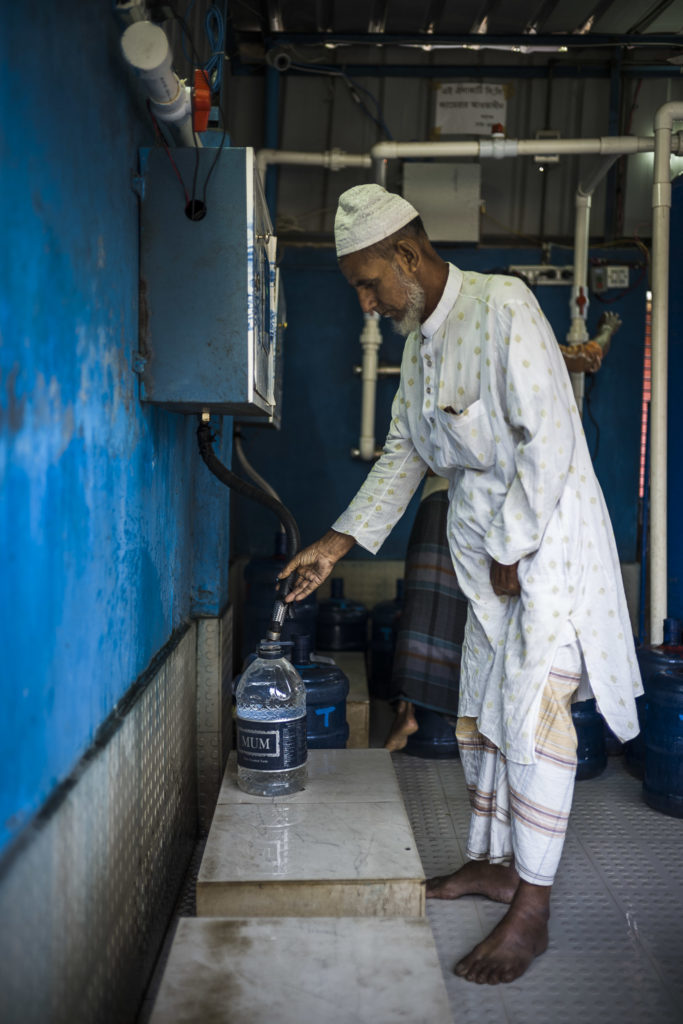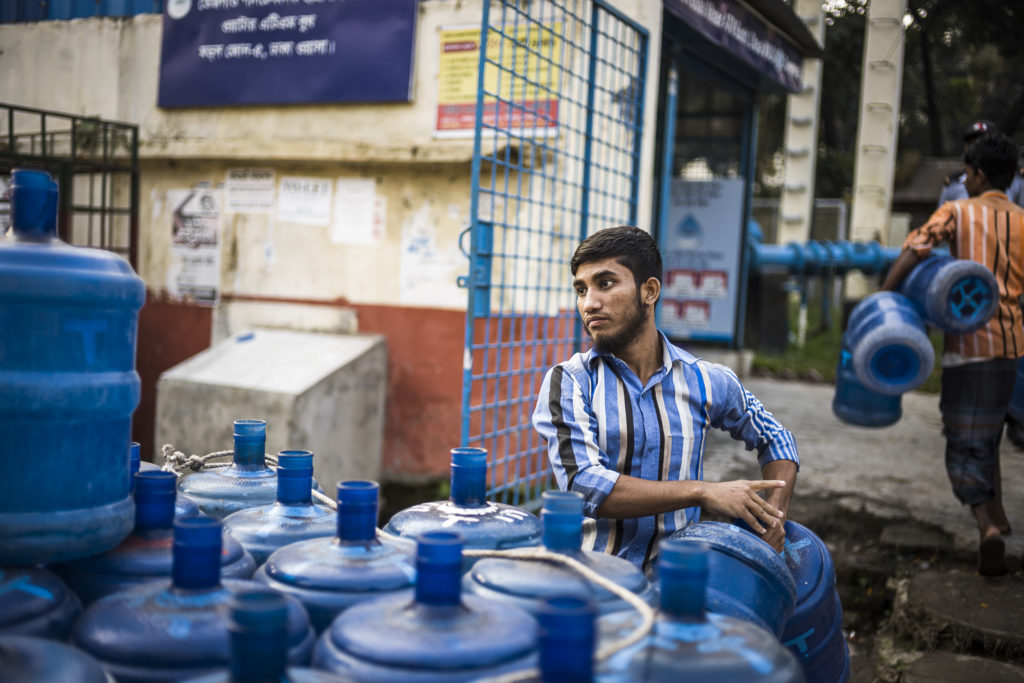France
- In 2020, 50,000 farms with at least 10 dairy cows raised a total of 3.5 million cows (source: Agreste – November 2023)
- In dairy farming regions, average agricultural income was €17,000 in 2018, making up 38% of farm household income. Couples where both partners are farm operators are relatively common. Additionally, other sources of income are limited. Due to the daily demands of milking and animal care, spouses are more involved in farm activities. (source: INSEE – 2021). Dairy incomes are among the lowest in agriculture.
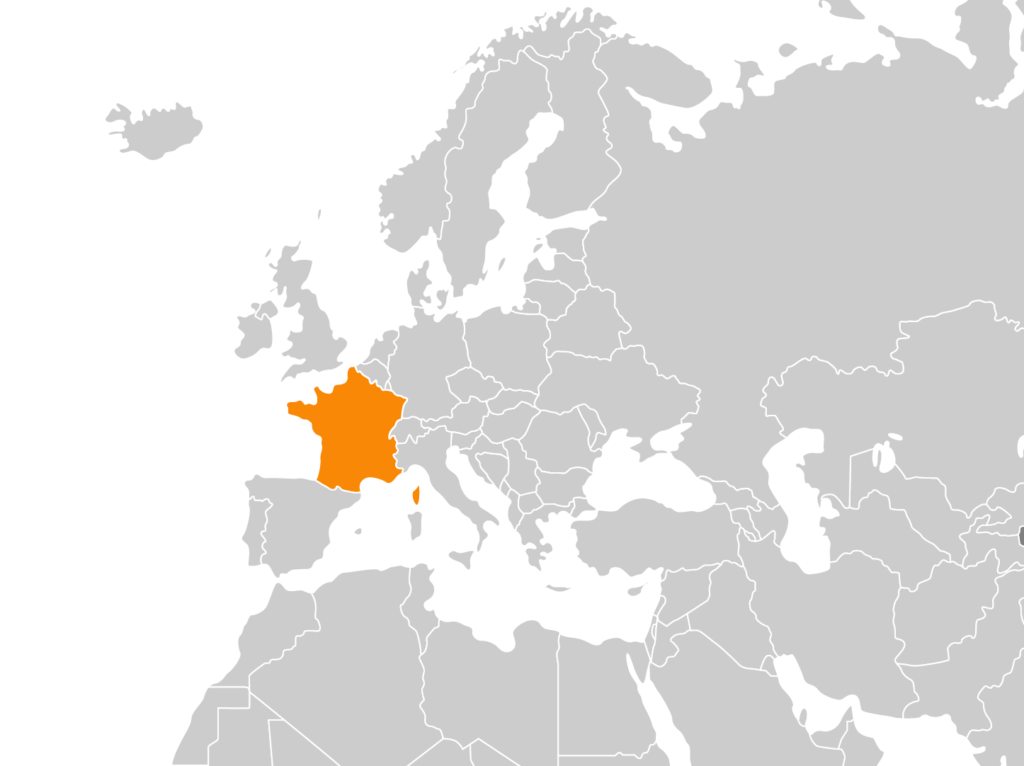

The number of dairy farmers decreased by 25% between 2010 and 2017, and 1 out of 2 farms is still expected to close by 2030 (INSEE, 2019). This trend is partly due to the demographic curve of farm owners, but also to challenging economic conditions resulting in generally low profitability. Over 20 years, the margin per liter of milk has dropped by 4% (FNH, 2023), and only 7% of food spending is directed upstream to agriculture (Programme ensemble bien vivre, bien manger du Secours Catholique – Caritas France, 2024)..
At the same time, from a market perspective, 43% of French people believe responsible consumption means buying local products through short supply chains or sourcing directly from producers. (Observatoire de la consommation responsable ObSoCo 2023).
In institutional catering, regulations are also evolving, encouraging more sustainable and local food, but the supply is sometimes lacking in volume and logistics. Additionally, procurement and marketing procedures require administrative expertise that farms don’t always have.
In response to these challenges, RESAN offers an innovative, collective, and resilient model that enables farms to:
- Diversify their activities by selling products made directly on-site, allowing them to get better value for their milk
- Create jobs
- Put dairy producers back at the center of the local economy.
Indeed, RESAN is a new agri-food industry model offering:
- A network of micro-processing plants, built in shipping containers, installed as close as possible to production and consumption areas, and quickly deployable anywhere in France.
- RESAN handles administrative management of client relations: tenders, marketing/contracting, client visits and relationships, creation of logistics routes, invoicing, etc.
- Technical support (R&D, quality, maintenance, purchasing)
An innovative model that ensures a fair distribution of value from producers to consumers, enables the relocation of processing at the heart of local areas, and sustains agricultural production by reducing farmers’ investments.
More than 10 partner farms are involved in the project.
Entrepreneurs:
André Bonnard, a dairy farmer in the Loire, founded RESAN in 2020. With his professional and personal experience, he knows that on-farm processing allows farmers to capture more value, build relationships with consumers, but at the same time it requires significant financial and human investments when a farm embarks on such an endeavor alone.
Bastien Debras and Virginie Faure joined André on this journey. Today, they both lead the company’s day-to-day operations as co-directors.
Together, supported by a team of about ten colleagues, they are passionate about developing this forward-looking model.
Impact: This initiative creates value for:
- Farms: job creation, capturing value, a family project (spouses returning to work on the farm, projects to pass the farm down for generations)
- Consumers: they find local, farm-made, healthy, and fair products in their usual places to eat or to shop
- Clients: the project is valued and supported by a wide variety of clients, especially those committed to passing on the project’s values
Economically, this model generates on average 29% additional revenue for the farm’s dairy activity by processing just 5 to 10% of its milk. (Source: RESAN – 2024 figure, for a farm producing 600,000 L of milk valued at €461 per liter in the traditional supply chain).
Since 2023, “J’achète Fermier”, RESAN’s multi-local national brand, has been certified fair trade by the Agri-éthique France label. This certification recognizes the brand’s approach and its commitment to better pay for partner farms. The label’s principles rest on three pillars: price, volume, and commitment duration.
How Danone Communities actively supports RESAN, some concrete examples:
- Patient financial support: Danone Communities invested in RESAN to strengthen its local production capacity and speed up its development.
- Technical assistance: Danone employees contributed through the Impact3 program, bringing their expertise in marketing, logistics, and finance.
By supporting RESAN, Danone Communities helps sustain upstream agriculture, which is essential to continue delivering health through food.

10
Micro-factories
*Impact figures from the Danone Communities report as of the end of 2024
“
Testimonial from Laure, partner farmer: “I can rely on the team’s expertise in every area. The commitment to marketing is a real advantage—it allows me to sell my products through channels I would never have accessed. I am valued for the product I process, all the way to the consumer!”
Testimonial from a central kitchen director:
“A partnership that works for responsible catering! For over a year, our farm has been committed to supporting local dairy producers in partnership with “J’achète Fermier”! Thanks to this collaboration, we have incorporated yogurts from producers in our region, ensuring more equitable pay for them. Since January 2024, we have managed to involve 28 sites and consume 13.4 tons of yogurt! One more step toward more sustainable and local food. Thank you to all our partners and teams for their commitment to this great initiative! Together, let’s make a difference!”
